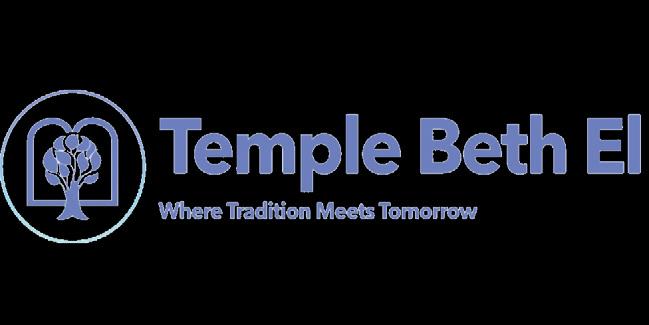Shabbat Shabbat AtSea AtSea
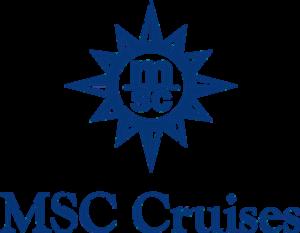
All inclusive rate and transportation to and from the port is included!



All inclusive rate and transportation to and from the port is included!

(Comments delivered at the Annual Meeting, May 10 — in case you missed it)
By Marsha Kistler, Jewish Federation of Lee & Charlotte Counties Board President

Recovery from Hurricane Ian dominated our year. The number of clients that Jewish Family Services (JFS) normally serve under ordinary circumstances went from hundreds to thousands. Thanks to generous donations from you, our constituents, and grants from JFNA and individual Federations from around the country, we were able to assist many members of our community, both Jewish and non-Jewish.
For the first time that I can remember, we were able to offer sizable grants to other institutions and organizations in our community — Temple Judea, Temple Beth El, Bat Yam, Beth Shalom, Temple Shalom, United Way and the Harry Chapin Food Bank — to help with their recovery. Chabad was also helped with direct JFNA grants. We were able to offer Bat Yam space in our Community Room for their Friday night services when their space was no longer available due to Hurricane Ian.
And speaking of our space, a word about storm surge. One doesn’t have to directly abut a water source to be impacted by storm surge. Water actually entered our building, creating the need for some floor replacement. We also had to replace gutters, signs, lights and cameras. We’re still awaiting the arrival of our new, more secure doors.
Needless to say, this recovery operation could not have happened without the hard work and dedication of our staff, who, in addition to doing their regular jobs, found themselves unpacking crates of food and supplies, bagging food for our clients, who would begin lining up outside our door early in the morning each day.
Marsha KistlerA huge thank you goes to Debbie Sanford, Lori Ramos and Jodi Cohen, along with our newest employees who came to us by way of these aforementioned grants — Facility Manager Brian Eisner and Case Manager Rosemary Garcia. Even Ian Sanford, Debbie’s son, got in on the fun as he repainted the entire interior of the building! Furthermore, they couldn’t have accomplished this mammoth task without the myriad number of JFS volunteers, coordinated by Jodi Cohen. Thank you all!
Despite the challenges imposed by Hurricane Ian, we were still able to move ahead with several new initiatives. Given the rise of antisemitic incidents, the Community Relations Council (CRC) was formed for the purpose of bringing together interested

community members, Jewish and non-Jewish, to discuss ways to react to these incidents and to track them. Along these same lines, we’ve made a concerted effort to reach out to the Chambers of Commerce of Cape Coral and Greater Fort Myers as well as to Lee County law enforcement, establishing stronger ties to, and a more active role within, these community organizations.
Another grant that Debbie Sanford secured has allowed us to develop our Friendly Visitor Program, currently staffed by Nancy Klein, connecting isolated seniors with a friendly face.

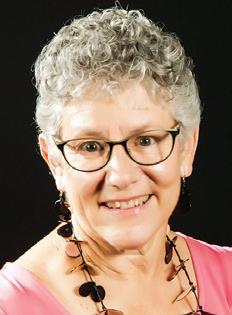
Rabbi Schorin, JFS Community Chaplain, will facilitate the meetings of our new Bereavement Group.
After a COVID hiatus, we have reinstated the Lunch Bunch and holiday gift bags to seniors. The Lunch Bunch is expanding its reach to include Temple Shalom in Port Charlotte and Amavida in Fort Myers, both events happening this month.
continued on page 2

Jewish news published monthly by

Jewish Federation of



Lee & Charlotte Counties
9701 Commerce Center Court
Fort Myers, FL 33908 (239) 481-4449

www.JewishFederationLCC.org
June 2023 • Volume 45, Number 10
President: Marsha Kistler
Board: Lisa Bendetowicz • Karen Fine
Shirley Frank • Helene Glocer
Carolyn Gora • Jerry Greenfield
Elisa Grossman • Andi Horowitz
Doreen Kostel • Michele Laboda
William Reynolds • Sylvia Simko
Brian Simon • Sherri Zucker
Executive Director: Debbie Sanford
Executive Assistant: Lori Ramos
Case Manager: Rosemery Garcia
Jewish Family Services: Jodi Cohen
JFS Community Chaplain: Rabbi Michael J. Schorin
Friendly Visitor Program: Nancy Klein
Holocaust Educator: Ella Nayor
FGCU Student Representative: Matthew Boggan
L’CHAYIM Proofreaders: Victor Gold • Leni Sack



Editor: Sharon Hood (239) 591-2709
Design: MarketCrank, Inc.




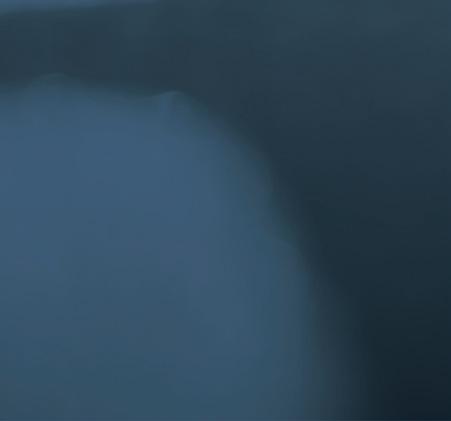

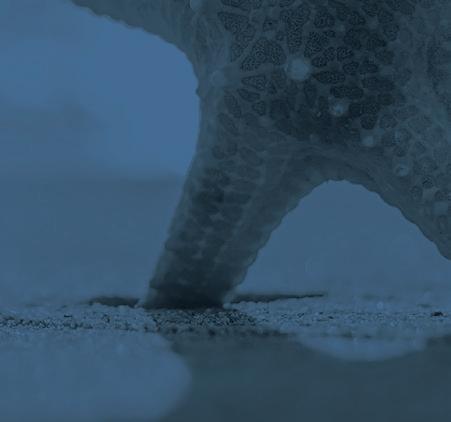
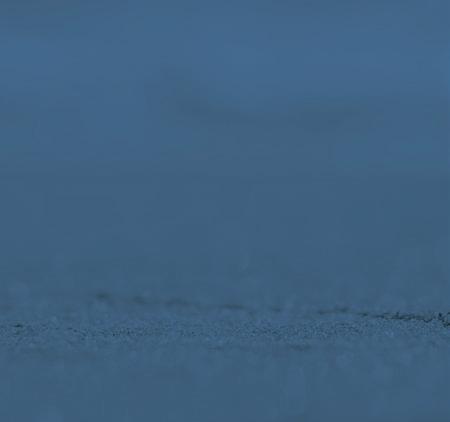





Advertising: Lori Ramos (239) 481-4449 x5

L’CHAYIM invites correspondence on subjects of interest to Jewish people. Partisan political opinions will not be published, but opinions on subjects affecting the Jewish community are welcome. All inquiries regarding copy for L’CHAYIM should be directed to the editor. All news material must be very clearly printed or typed (not in all-capital letters) and double-spaced. Electronic submissions encouraged. The editor reserves the right to edit for space and content.
Photographs should be clear, black-andwhite or color prints. If you wish a photograph returned, include a stamped, self-addressed envelope of appropriate size.
The Jewish Federation of Lee & Charlotte Counties disclaims responsibility or endorsement of the views expressed by the writers and claims by advertisers.
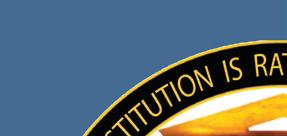
EDITORIAL DEADLINE:
Monday, June 5
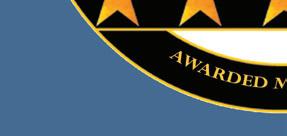
Thanks to the efforts of Federation Board Member Carolyn Gora, we now have a Jewish overnight camp scholarship program offering partial scholarships to Jewish elementary and middle school children in Lee and Charlotte counties who wish to attend Jewish regional camps.

Ella Nayor is heading up our new Holocaust Education and Programs department, under whose direction we were able to commemorate Yom HaShoa with two very powerful events:
1) From the Holocaust Remembrance Film Series, the film “J’Accuse” about the decimation of the Lithuanian Jewish community in the Holocaust followed by a discussion with Grant Gochin, Sunny Lubner’s nephew (thanks, Sunny, for facilitating this) and
2) A talk by Robert Hilliard, a 98-yearold Liberator.
We ended Holocaust Memorial Week with brunch and conversation featuring professional basketball star Dan Grunfeld discussing his book, “By the Grace of the Game.” Although this event was actually billed as a program
of our newly formed Men’s Division, Grunfeld’s book is as much about family and the Holocaust as it is about basketball.
And how did this Men’s Division come about? A simple suggestion from a couple of members from our community and, voila, a Men’s Division, whose first official event was a baseball game at Hammond Stadium between the Minnesota Twins and the Pittsburgh Pirates.

We are open to your suggestions.
If you see a need, please bring it to our attention and let us work with you to bring your ideas to fruition.
And our last initiative, originally discussed at a board meeting, was the creation of another level of giving: the Pearl Society for women who donate $360 or more, thereby encouraging more participation in Women’s Philanthropy. Dunkin’ Diamonds designed a beautiful piece of jewelry for the Pearl Society Women.
Programming this past year
Throughout the year, our programming continued despite limitations imposed by COVID and Hurricane Ian. The Community Breakfast was well attended, and the highlight of the breakfast was our speaker, Eleanor Reissa, reading from her book, “The Letters Project.”
The Linda Idelson Memorial brunch, hosted by Charles Idelson in their beautiful home, was a huge success as we sampled recipes from the cookbook,“Bagels,Schmears, and a Nice Piece of Fish” and heard from author Cathy Barrow about her publishing journey.
We were treated to a wonderful talk at our major gifts event by Martin Indyk, former U.S. Ambassador to Israel and author of “Master of the Game –Henry Kissinger and the Art of Middle East Diplomacy.”
We were encouraged to follow our own path and discover our own journey by the inspiring words of Simone Knego, author of “The Extraordinary UnOrdinary” at our Women’s Day event.
We teamed up with Florida Repertory Theatre for a behind-the-scenes look at how an actor prepares for a role as we listened to Robert Zukerman who played Sigmund Freud in “Freud’s Last Session.” Authors Shaunna Edwards and Alyson Richman led a discussion of their novel, “The Thread Collectors.” And Julie Bobman encouraged our artistic efforts with our Paint and Pour event.
In collaboration with Temple Beth El and Temple Judea, PJ Library hosted a Hannukah barbecue and a Purim Carnival.
We were able to return to the theater this year for an in-person Jewish Film Festival of 13 wonderful films carefully hand-picked by our film festival committee. And our Israel Fest, Celebrate Israel@75, was a huge success, thanks in part to our Israeli Folk Dancers who also entertained at the Greater Naples Israel@75 celebration and the Sarasota Holocaust Survivors Israel@75 luncheon.
Mahjong is again meeting regularly at the Federation after a COVID hiatus.
OUR MISSION
To strengthen and enrich the Jewish Community by providing and supporting philanthropic, educational and social service programs locally, in Israel and throughout the world.
OUR VISION
A Jewish Community that is based on Jewish values such as Tzedakah (benevolence), Tikkun Olam (repairing the world) and K’lal Yisrael (taking responsibility for one another).
Finally, a word of thanks to our newest staff member, Lisa Kaiser, our bookkeeper, who joined us this year and was so helpful with the budget preparation, and to our Board of Directors, who volunteer in so many different ways in every aspect of the Federation. I especially want to acknowledge Rozzi Osterman, Barbara Siegel and Valerie Franklin, who will be leaving the board, after many years of service in the case of Rozzi and Barbara, and moving on to be closer to family. And I want to welcome our newest member of the board, Lisa Bendetowicz.
It has been my sincere pleasure to work with our energizer bunny, Executive Director Debbie Sanford, who never ceases to amaze me with her work ethic, community outreach and endless supply of new ideas. Thanks, Debbie.
And last, but certainly not least, a huge thank you to my husband, Mike, who has been by my side for many of these events. I could not do what I do for this organization without his support.
If you see a need, please bring it to our attention.

Oneness is the basis of all of us; it is our fundamental nature. We each have one soul and one source of life. As much as we have physical bodies and need to take care of them, we also need to take care of our souls. Through our life challenges, we learn to balance our physical and spiritual natures. As Jews, this quest for oneness is neverending. We lift up this fact when we recite the Shema daily: “Hear O Israel, the Lord is our G-d, the Lord is One.”
But the quest for oneness doesn’t stop with the Shema. Just a few weeks ago, many of us ended the Passover Seder by singing “Chad Gadya” — One Little Goat. This probably started out as a children’s song, even if only a few kids would still be awake at the end of the Seder. But in the song’s progression from simpler animals and
punishments to more complex ones, we retain the memory of the one little goat and his relationship with the boy. No matter what the goat endured in his life, the boy retains his memory of this special gift. Even if his father bought it wholesale (how could it only be two zuzim if it was retail?), the gift was a very special one for the boy. Perhaps “Chad Gadya” is asking us to remember the significance of our creator gifting us the Torah, which we will remember on the approaching holiday of Shavuot.
But oneness and unity are sometimes beyond our powers. Albert Einstein searched for a unified field theory and came up empty-handed. One genetic anomaly can change a person’s life. Aaron was 3 years old when he and his parents received the news there was a defect in his “Lamin A” gene and that he now had progeria, the disease that causes little children to age much more rapidly than normal — and to die young.
Just last week, Aaron’s father, Rabbi Harold S. Kushner, passed away at the
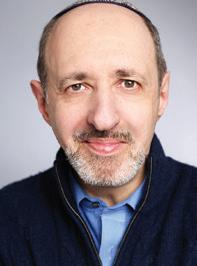
age of 88. As many of you will remember, Rabbi Kushner went on to write the classic “Why Bad Things Happen to Good People.” One little goat, one little gene. As devastating as the pain and sadness of the Kushner family was in living with Aaron’s condition, we must also be grateful for the gift of this book. Countless patients, families and clergy of all denominations have had their pain (somewhat) alleviated by this work.
In just about a week, we will observe the holiday of Shavuot (or Weeks) when we stood at Sinai and received our special gift, the Torah. As on each Pilgrimage Festival, we will recite Yizkor, the prayers for the deceased. Whoever we will be praying for, chances are that we have good and not-so-good memories of them. That, too, is a sign of our oneness. Like our loved ones who have
died, we have negative traits, and some good ones, too. Of course, we will hope to focus on the good traits we wish to emulate. By remembering both sides, we give ourselves permission to be human and to be whole. May we all be cognizant of the oneness in all our lives — one little gene, one little goat, one Torah, one people and one creator. Please know the next iteration of the Federation Bereavement Support Group will begin on Friday, July 7. The six sessions will run consecutively until midAugust, from 10:30 a.m. until noon. The cost is $72 per person. We are looking for people who have lost someone in the last year. Registration is mandatory. Please contact me at RabbiSchorin@jfedlcc.org or leave a message at 239-481-4449, ext. 2.

With more than 30 years in the commercial cleaning franchising industry, Anago has helped pioneer this sector by developing standards and practices that others replicate.






Our franchisees provide Scheduled Cleaning, Carpet Cleaning, Ceramic, Tile and Grout Cleaning, Day Porters, Emergency Cleanup, Exposed Surfaces Disinfection, Hard Surface Floor Care, Restrooms, Special Event Cleanup, Spring Cleaning, Window Washing and much more.
WHY

In a short time, I will be graduating with a master’s degree in Holocaust and genocide studies from Gratz College in Philadelphia.
Throughout the past three years of study for the degree program, I have often been asked why study the Holocaust? The very fact that I am asked reinforces why I chose to focus on this field of study.
As we move further away from the Holocaust and lose the first-hand eyewitnesses to the horror and destruction of the European Jewish people and our very humanity, we need to connect through greater programming, education and, most of all, each other to understand the implications of remembrance.
In addition, antisemitism is at a very high level at the county, state, nation and global levels. Just in our own backyard, Chabad in Cape Coral was recently attacked, and their rabbi’s car vandalized in mid-March. Throughout Southwest Florida and the rest of the state, antisemitic flyers have been found in residential yards and on cars parked at Coconut Point and Miromar Outlets.
Though the actual German Nazibased Holocaust happened nearly a
century ago on European soil, the Jewish-targeted genocide is not over. As long as kids think its OK to bully and brutalize other kids because of their Jewish heritage, and as long as numbers of anti-Jewish crimes and incidents keep ticking up, the same fervor and lust for targeting and hurting Jews is present and so is the malignant soul of the Holocaust.
According to the Anti-Defamation League’s website, U.S. antisemitic incidents hit the highest level ever recorded in 2022, with a 36% increase. Campus and school incidents are up nearly 50% and 91 bomb threats have targeted Jewish institutions.
Antisemitism continues to be one of the oldest people-based hatreds in humanity because centuries of institutionalized antisemitism is consciously and subconsciously passed down generation to generation. In calmer times, the hatred and bias stays buried but during tumultuous periods, those old fears and hatreds can be stirred.
We are in a tumultuous time right now, with many people having a hard time taking sides politically, worrying about economic uncertainties and

social upheaval with changing and evolving sexual identities as well as culture and racial disparities and discrimination.
Though these, for many, are frightening times, this is nothing new in our humanity. We have been through dynamic periods of change — social and political upheaval and evolution before. And like times before, we will all get through these turbulent times. These challenges of antisemitism and unrest in society serve as an opportunity to come together, forging greater unity and coherence through education, conversation and positive connection with diverse cultures.
Here at the JFED Holocaust education department, we are creating educational programming for people of all ages to explore Judaism and its rich tapestry of culture and faith in ways that are enlightening, engaging and diffusing.

We are committed to educational outreach with our non-Jewish friends and community. For instance, last month we held our annual Yom HaShoah event at the Tribby Art Center at Shell Point Retirement Community.
The well-attended event was lauded by the Center’s Christian pastor and guests.
Right now, we are in the planning process for next season as well as creating educational programs for homeschoolers and students attending private, religious and public schools in Southwest Florida.
The Holocaust didn’t just happen; its dark tangled roots emerged from a political, economic and cultural environment. We can change this dynamic from ever sowing the ideal soil for the seeding of a hate-fueled destruction of a group of targeted people.
I would love to speak with anyone who has questions, ideas, thoughts and, of course, concerns about antisemitism and how to teach the Holocaust to students or other parts of our community. The JFED Holocaust education department is your center for help, clarity and understanding about the Holocaust and how we can all help heal past wounds for a healthier future.
For more information about the JFED Holocaust education department, contact me at 239-281-7874 or jfedholocaustdirector@gmail.com.
The COVID-19 pandemic affected all of us in one way or another. However, it has been particularly difficult for seniors who are already prone to feeling isolated and lonely. Jewish Federation of Lee & Charlotte Counties recognizes the importance of social connection for seniors and has launched a new program, the Friendly Visitor program, to address this issue.
The Friendly Visitor program is designed to provide companionship and support to seniors who may be feeling isolated and lonely. Volunteers will visit seniors in their homes, in senior living communities and via phone calls. The program is open to everyone, regardless of faith or background. Volunteers are trained to provide companionship, socialization and emotional support to seniors who may be feeling lonely or depressed.
Jewish Federation of Lee & Charlotte Counties recognizes that seniors may need additional support during holidays such as Passover, Rosh Hashanah and Hanukah. To that end, the organization has relaunched its Gift Bag program for Jewish residents in the area. The program provides gift bags to Jewish seniors

to help them celebrate these important holidays.
During this most recent Passover, Jewish Federation of Lee & Charlotte Counties delivered over 80 gift bags to Jewish residents. This was a significant accomplishment considering the challenges posed by the pandemic. The organization has not been able to make deliveries since 2019 due to COVID19. However, the team worked tirelessly to relaunch the program this year and ensure that seniors were not forgotten during this important holiday.
In conclusion, the pandemic has highlighted the importance of social connection for seniors. The Friendly Visitor program and the Gift Bag program are two initiatives through which Jewish Federation of Lee & Charlotte Counties is addressing this issue. These programs provide a much-needed lifeline for seniors who may be feeling isolated and lonely.
We encourage community members to support these programs and make a difference in the lives of seniors in the area. If you would like to participate in the Gift Bag program or the Friendly Visitor program, please contact me at NancyKlein@ jfedlcc.org or 239-220-7806.
 By Marsha Kistler, Jewish Federation of Lee & Charlotte Counties Board President
By Marsha Kistler, Jewish Federation of Lee & Charlotte Counties Board President



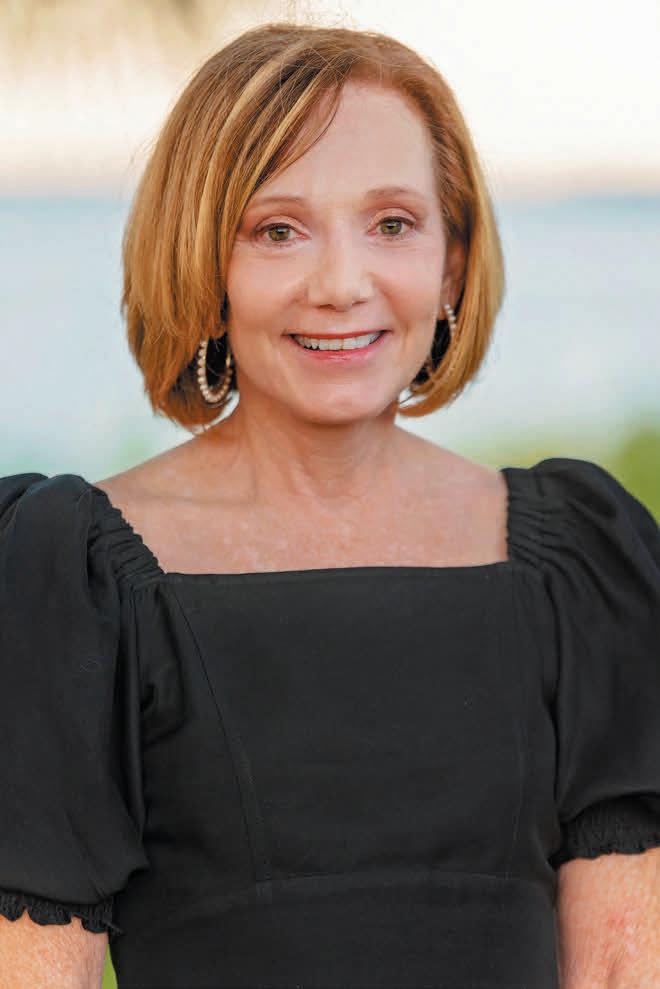

It’s been a busy season for Federation’s Israeli folk dancers. As Israel celebrates its 75th birthday, we were able to add some joy to various local celebrations of this momentous occasion through our dancing.
March 26th found us at the Nina Iser Jewish Cultural Center of Jewish Federation of Greater Naples for its Israel@75 celebration. To facilitate our performance, they even constructed a beautiful wooden dance floor in the center of the room for the dancers and the many participants who joined us to learn some beginner dances.
We continued celebrating Israel’s 75th birthday at our own Israel Fest
on April 2 at Alliance for the Arts. Although it was quite warm, we were able to dance on the big stage with fans before inviting participants from the audience to join us. Once again, we were able to spread the joy of Israeli dancing.
And finally, we took our act up north to Temple Emanu-el in Sarasota on April 25 for the Holocaust Survivors luncheon in celebration of Israel’s 75th. Here, we were joined by a woman

from the Sarasota dance group making this mitzvah all the more special.
If all this activity is whetting your appetite for some “Jewish aerobics,” you, too, could be part of this warm, inviting group as we gather each Sunday, 10 a.m., in the Federation’s Community Room to dance, exercise and have fun.

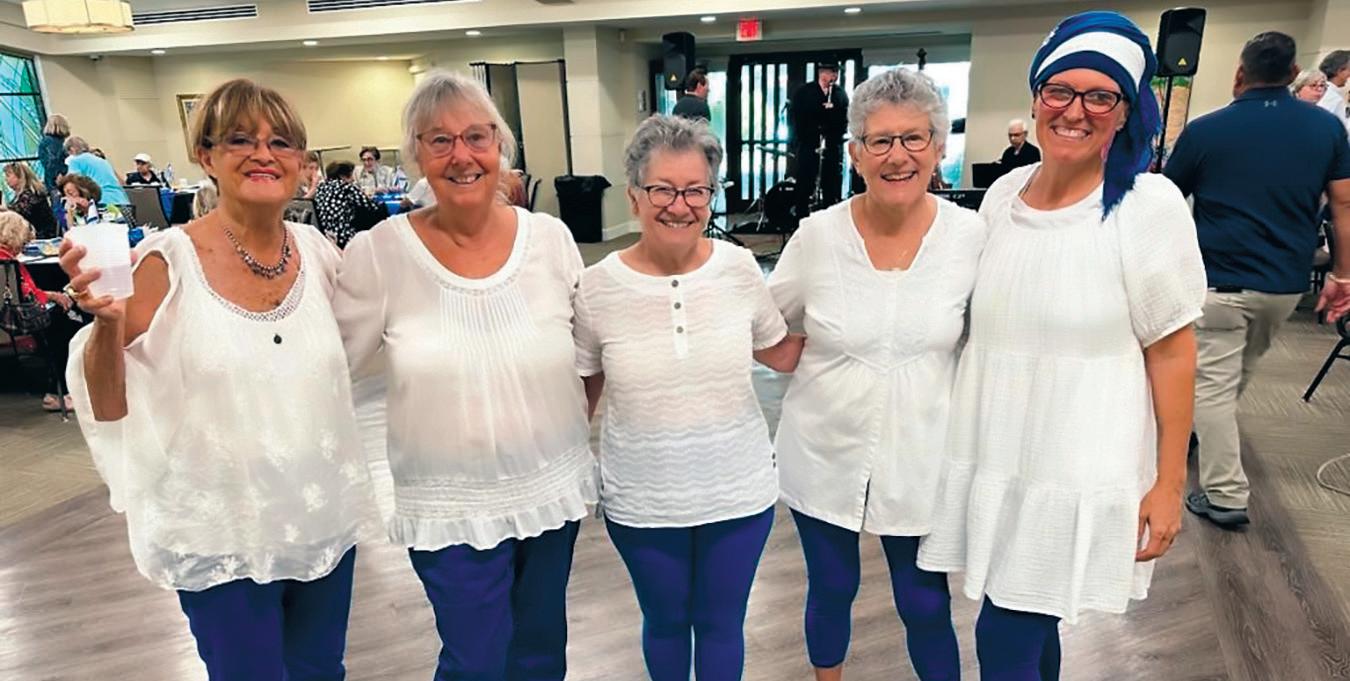
The summer is the perfect time to get started as we review a lot of beginner dances. There is no charge for this


activity. All that we ask is that you bring a donation for the Cadkin Foundation food pantry. All are welcome to join. It’s open to anyone who loves to dance, wants to learn Israeli folk dancing, likes to exercise to music, wants to keep the brain active by learning dance sequences and wants to meet new friends. Feel free to contact me for more information at marshatemple 2012@gmail.com.

Celebrating our 36th Anniversary from the Board & Staff of the Jewish Federation
In honor of Debbie Sanford’s 1 year anniversary as Executive Director from Lee, Ian & MacKenzi
In memory of Frank Dreyfuss from Mae Folb




Local Jewish Educa on and Culture
Community‐wide Jewish Educa�on and Cultural Programs for all ages including the Jewish Film Fes�val, Jewish author events, Out & About Films, Israel celebra�on, day trips, Israeli folk dancing ,PJ Library & TRIBE, a young adult group.

L’CHAYIM published monthly to keep the Jewish community informed about local, na�onal and interna�onal Jewish issues.

New CRC‐Community Rela�ons Council to address issues of an�‐Semi�sm and Interfaith Rela�ons.
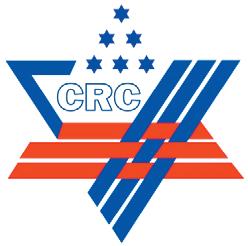
Israel Advocacy and Ini�a�ves to strengthen local Jewish community �es with Israel. Holocaust educa�on for middle and high school students in the community and a college campus Jewish life experience commi�ee.
Volunteer opportuni�es for all ages.
Overseas
Funding to the Jewish Agency for Israel and the American Jewish Joint Distribu�on Commi�ee (JDC) for full‐spectrum social services to Israel and Jewish communi�es in 60+ countries around the world.
Partnership 2Gether rela�onship with the Hadera‐Eiron Region in Israel.
Jewish Community Founda on
An endowment that ensures future social and educa�onal programming and support for our community.
Needs‐based college scholarships and study scholarships in Israel.
Jewish camp scholarships.

Projects and programs aimed at Jewish community enrichment.
Honoring a special person through a tribute gift to Jewish Family Services of Lee & Charlotte Counties is a wonderful way to recognize a simcha or remember a loved one. Not only does your gift show your family and friends that you care, it goes to work helping Jews in need and building vibrant communities locally, in Israel and around the world.
Make a Gift at jewishfederationlcc.org/tribute-memorials


Stay in touch throughout the month. Sign up for the Federation’s e-blasts.
Get the latest information on upcoming community events and cultural activities, breaking news items, updates from Israel and lots more.
Send an email to debbiesanford@jfedlcc.org
 By Jodi Cohen, Jewish Family Services Coordinator
By Jodi Cohen, Jewish Family Services Coordinator

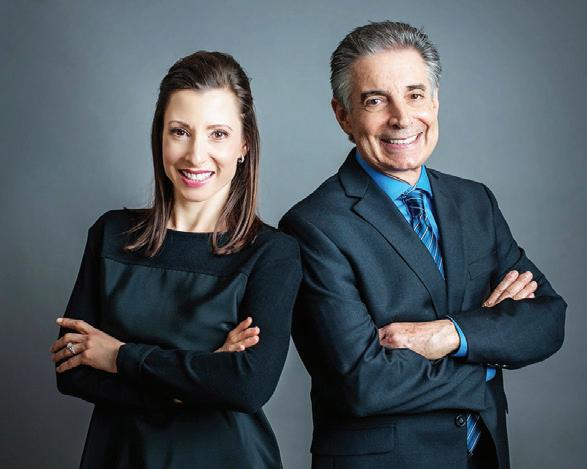


Most Jewish people seem familiar in that they remind me of my Aunt Molly. Any time you asked how she was feeling, Aunt Molly would recite a monologue of symptoms while sighing and clucking. Humor also makes everyone feel like family.

I recently said to someone I haven’t known for very long, “Were your ears ringing? I was talking about you.” She replied, “At my age, everything is ringing!” We laughed like old friends, as if we’d been at many Seders together.
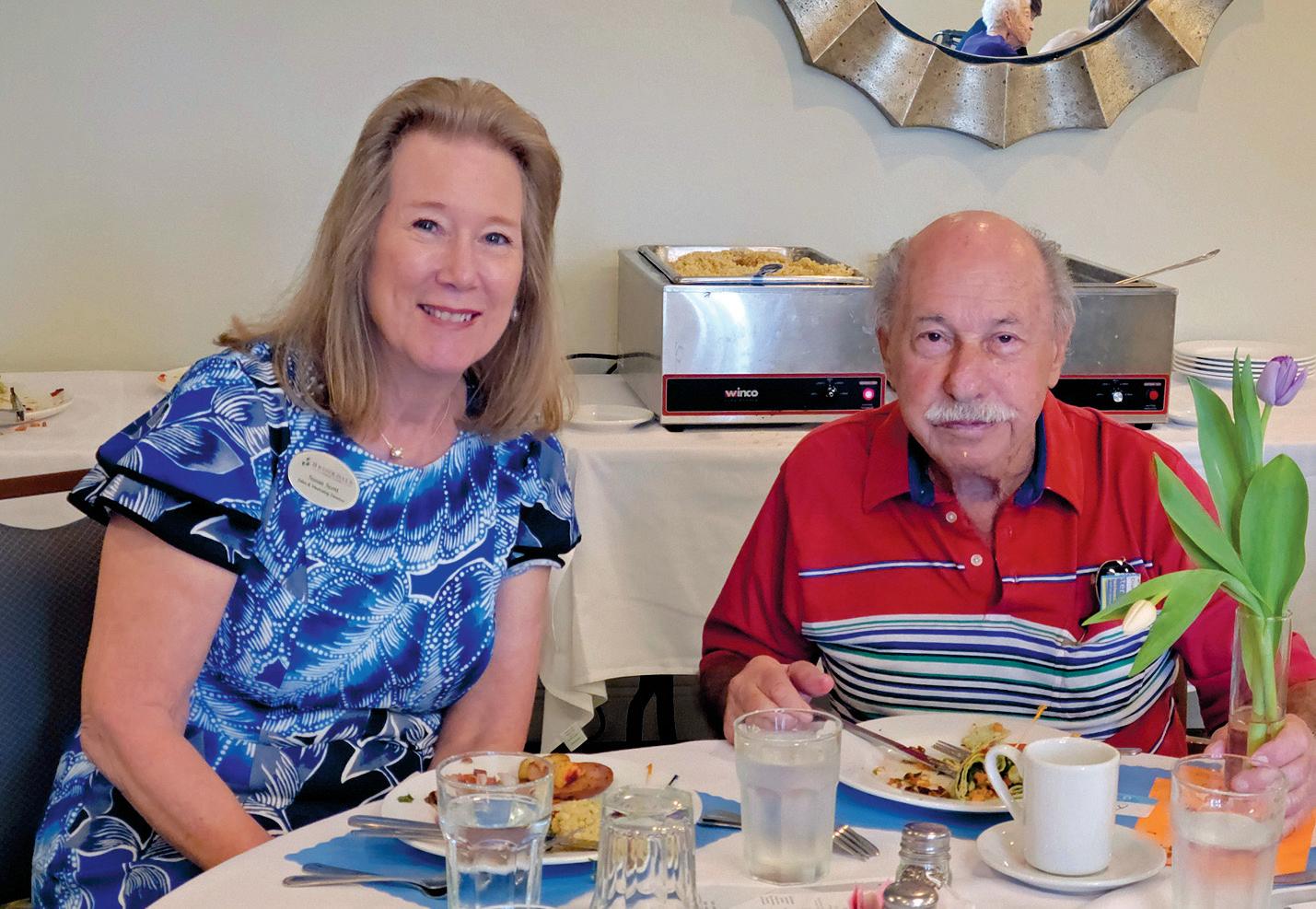
For some of the non-Jewish people whom the Federation is helping post-hurricane, it is their first experience with a Jewish community. My interactions with these clients are an opportunity to practice the Jewish values of Tzedakah (benevolence), Tikkun Olam (repairing the world) and K’lal Yisrael (taking responsibility for one another).
Whether it’s sending a card to a newly grieving widow, arranging furniture to be delivered to a family or listening, simply listening, to someone who is struggling, there are abundant opportunities to build connections, interrupting the antisemitism that is thriving, especially locally.
The gratitude of JFS clients is thick, as people are struggling with insurance,
FEMA, paperwork and housing. So many have been and are waiting for assistance, answers, a call back. A $25 gift card for gas or Walmart means the world to people. There was one week in May when every single person who came into my office cried.
Your support of the Federation, whether it be food, gift cards, checks or online donations, are what enable us to provide resources and be beacons of light and hope to our entire community. The rebuilding process takes place at so many levels.
Lunch Bunch
Brookdale College Parkway hosted the April Lunch Bunch with such a warm welcome. All the staff were gracious and made our lunch at Brookdale a fun experience. The parking valet, the delicious Middle Eastern food and the raffle were enjoyed by everyone. A special thank you to Executive Director Linda Cinco and Sales and Marketing Director Susan Scott for making sure the Lunch Bunch was a roaring success.

Rabbi Marc Sack from Temple Judea was our scheduled speaker, and he heard something on the news that morning that inspired him to bring photos of his family.
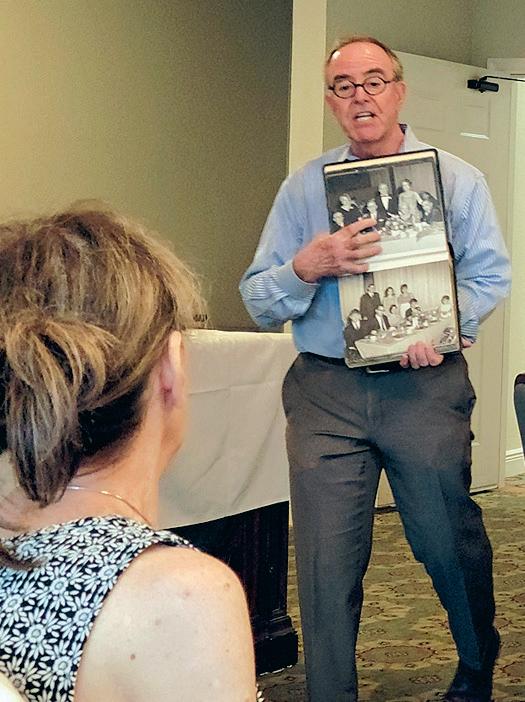
He talked about the large group of people in a photo from 1922 who had gathered to welcome relatives who’d just arrived from the old country to the United States. He then shared photos of those same people over the
years, as well as their children and grandchildren.
Rabbi Sack said that he is ‘the keeper of things’ in his family and showed us the pocket watch that had belonged to one of the men in the large group photo. The rabbi said that he brings the watch to all family occasions, including bar mitzvahs and weddings. It still ticks and tocks perfectly.
Although he was much more poignant in his remarks, Rabbi Sack talked about knowing the people who
came before us and their stories that traveled with them. He reminded us that we are all where and who we are because of our family legacy. It was so haimish (Yiddish for warm, homey) of the rabbi to share family photos filled with faces that looked strong, ancient and familiar as a way to honor those who came before him.
The June Lunch Bunch will be at Temple Judea on Monday, June 19, where the Israel Scouts will perform after lunch. Please RSVP by Thursday, June 15 to 239-284-2116 or jodicohen@jfedlcc.org.
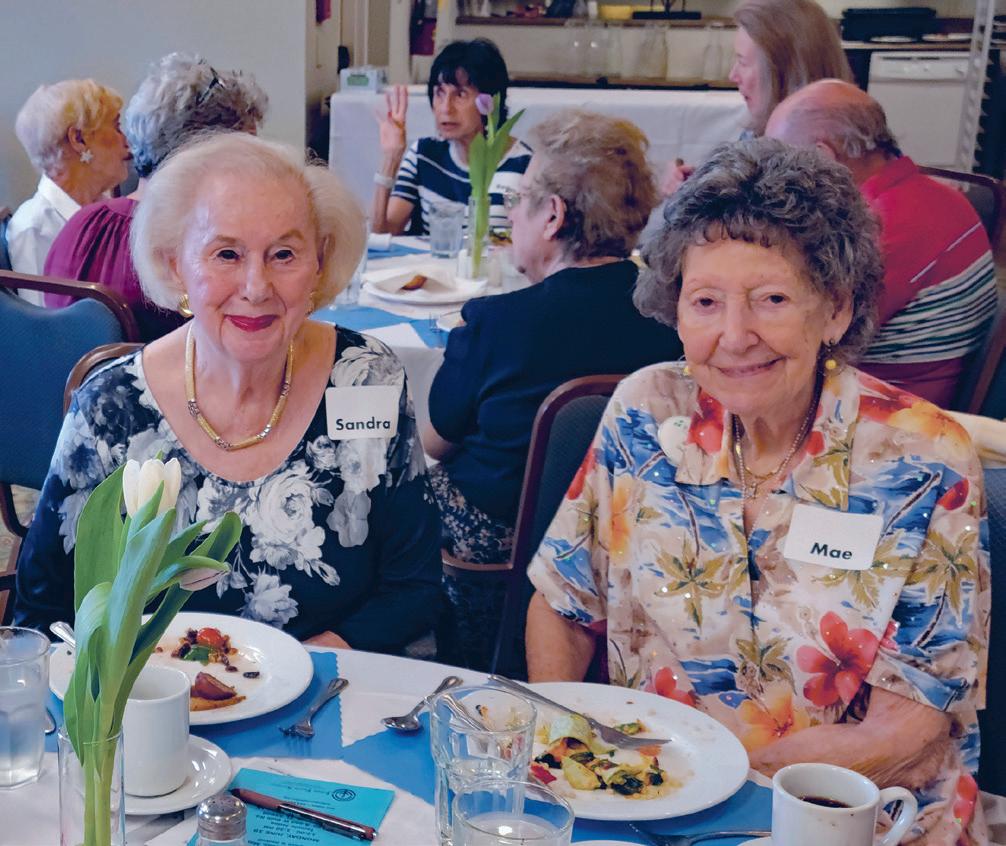

For more than 20 years, our mission has been to make people aware that unopposed hate fueled the Holocaust. Our Founders knew the importance of bringing accurate historical facts together with the powerful personal stories of those impacted by this genocide. Our Holocaust education goal hasn’t changed. We want Southwest Florida students, teachers and the public to realize a simple truth: If you can’t/ won’t/don’t stand up now for those targeted by bigotry and hatred, you may find yourself one of those targets in the future.
In the 2022-2023 school year, our Holocaust education programming directly impacted more than 11,000 Southwest Florida students and teachers. When combining that with Museum visitors and those attending programs and events, that total rises to nearly 18,000 people. Think of the ripple effect they will create as they share the lessons of the Holocaust with their families, friends and communities. Think how many more people will recognize their own actions are the key to preventing hatred and bigotry in their communities.

Our two spaces are now joined together! Many thanks to PBS Contractors, our partners on this project. They completed the demolition and build-out of the north wing with absolutely no disruption to visitors or programs during this season and school year.
Capitol Museum Services begins the installation of the new exhibits in late June. Please note, we are temporarily closed to the public through approximately July 10. During this time, staff can be reached by email. For general questions, please contact us at info@ hmcec.org. Please visit www.hmcec.org
for reopening updates. A Grand Opening event will take place in November.

A few naming opportunities are still available. Please contact me for details at Susan@hmcec.org or call 239-263-9200.
“Movies That Matter –Steve Brazina Memorial Film Series”
We completed the 2022-2023 “Movies That Matter – Steve Brazina Memorial Film Series” with a panel discussion on the documentary “APART.” Thank you to Tammy Franklin, associate director, academy programs at Prison Fellowship, and Dawn Kolderman, senior clinical director at Avow, for their participation and insightful comments.
The Human Rights Film Coalition of SWFL presents this annual series featuring three outstanding documentaries for community viewing and discussion. This year, the series was re-named “Movies That Matter –Steve Brazina Memorial Film Series” honoring the late Steve Brazina, a founder of the series who was instrumental in selecting the films. Members of the Coalition are GenShoah SWFL, Holocaust Museum & Cohen Education Center, Jewish Federation of Greater Naples, Jewish Community Relations Council, Naples United Church of Christ and Temple Shalom.
Our appreciation again to this year’s series sponsors:
• Sustainer: Rhonda Brazina; Porter Wright Morris & Arthur, LLP; Debbie Laites; and Ben Z. Post

• Supporter: FineMark National Bank & Trust, Habitat for Humanity of Collier County

• Patron: Marcy Aizenshtat, Monica and Allan Goodwin, Barbara Kanter, Jenny and Mel Kaplan, Ida and Jeff Margolis, Marci Margolis and Alys Morande
Please save these dates for the Fall 2023 series:
• Wednesday, Oct. 18
• Wednesday, Oct. 25
• Wednesday, Nov. 1
More information on film titles and discussion panelists will be sent this summer. We look forward to your participation!
Thank you to Gulfshore Life magazine readers and everyone who voted for us in the magazine’s annual “Best of the Gulfshore” survey. The Museum was named a finalist in the “Best Museum - Collier County” category, an honor it has received each year since 2017. Survey results appeared in the May 2023 issue.

More than 200 people attended the invitation-only “Russell’s Barbecue”
event recently held by PBS Contractors to benefit the Museum’s education programs. PBS Founder Russell Budd cooked and served his delicious signature barbecue items, Michelbob’s restaurant provided the side dishes and gelato company, Jeremiah’s Ice, provided desserts. We are honored to have been a beneficiary of this semiannual event which raised nearly $7,000 for the Museum.
Ben Ferencz
Ben Ferencz recently passed away at 103. He was the 27-year-old lawyer who was assigned as prosecutor for the Nuremberg Einsatzgruppen trials. The incriminating documents he found researching Nazi military and concentration camp files produced the proof used to convict 22 Nazis, including six generals, on charges for war crimes and crimes against humanity. Following his work at the Nuremberg trials, Ferencz devoted his life to securing international legal recognition for crimes against humanity and for laws to end wars of aggression. His efforts were chronicled in the 2018 documentary, “Prosecuting Evil. The Extraordinary World of Ben Ferencz.” Happy Father’s Day to all who celebrate.
 By Rabbi Marc Sack
By Rabbi Marc Sack
On Monday, June 19 at 7 p.m., the Israel Scouts – Tzofim Friendship Caravan will return to Fort Myers after a three-year hiatus with a performance at Temple Judea. The program is cosponsored by Jewish Federation of Lee and Charlotte Counties, Temple Beth El and Temple Judea.

The Scouts Movement in Israel, founded in 1919, is Israel’s largest
youth movement. Its members come from all segments of Israeli society. Boys and girls, from fourth through twelfth grades, participate in 230 chapters from Eilat in the south to Kiryat Shmona in the north. What is unique about the movement is that it is self-led — older scouts are the leaders of the younger ones. From the beginning, it trains its members in
This publication is brought to you each month thanks to the support of our advertisers. Please be sure to use their products and services, and mention that you found them in L’CHAYIM.
Advance Solar & Energy...........12

Ajax Paving Industries..............21
Alliance Financial Group...........5
Amavida........................19
Anago................................3
Art of Fashion and Moore.......13
Casual Cut Hair Design...........13
FineMark Natl. Bank & Trust...2
Susan Glasser, Realtor®...........5
Gordon’s Pool & Spa Service.....13
Green Schoenfeld & Kyle, LLP...13
Gulf Coast Orthodontics............8
Henderson Franklin.................13
Higginson Tax & Accounting...13
Kushner & Kushner.................13
Michael Shapiro Photography..28
PCC Tile & More......................13
Senior Care Authority...............9

Senior Housing Solutions........10

Shemtov Title...........................13
Snyderman’s Shoes.................13
Taschner Periodontics................7
The Bagel Factory...................13
Bob Vinikoor, Realtor®.............27
Wayforth...........................9
Weinstein Wilkes Financial Grp.13
leadership, responsibility and loyalty to friends and country.
For 40 years, during the summer, delegations of teenage scouts — 15and 16-year-old boys and girls — have performed in Jewish communities throughout the United States. With enthusiasm and great talent, they bring a message of friendship and peace to our community.
This year, the Scouts will put on two performances — a noontime show for Federation’s Senior Lunch Bunch and a 7 p.m. performance open to the general community. No reservation is required.
If you are interested in hosting a scout (or two), please contact me at Temple Judea, 239-433-0201.
Cynthia and her team were helpful, professional and caring. She was a great resource for learning about different options, levels of care, and communities. Now that my mother has moved, she has remained high touch and showed concern about how my family settles into its new situation. I highly recommend Senior Care Authority.
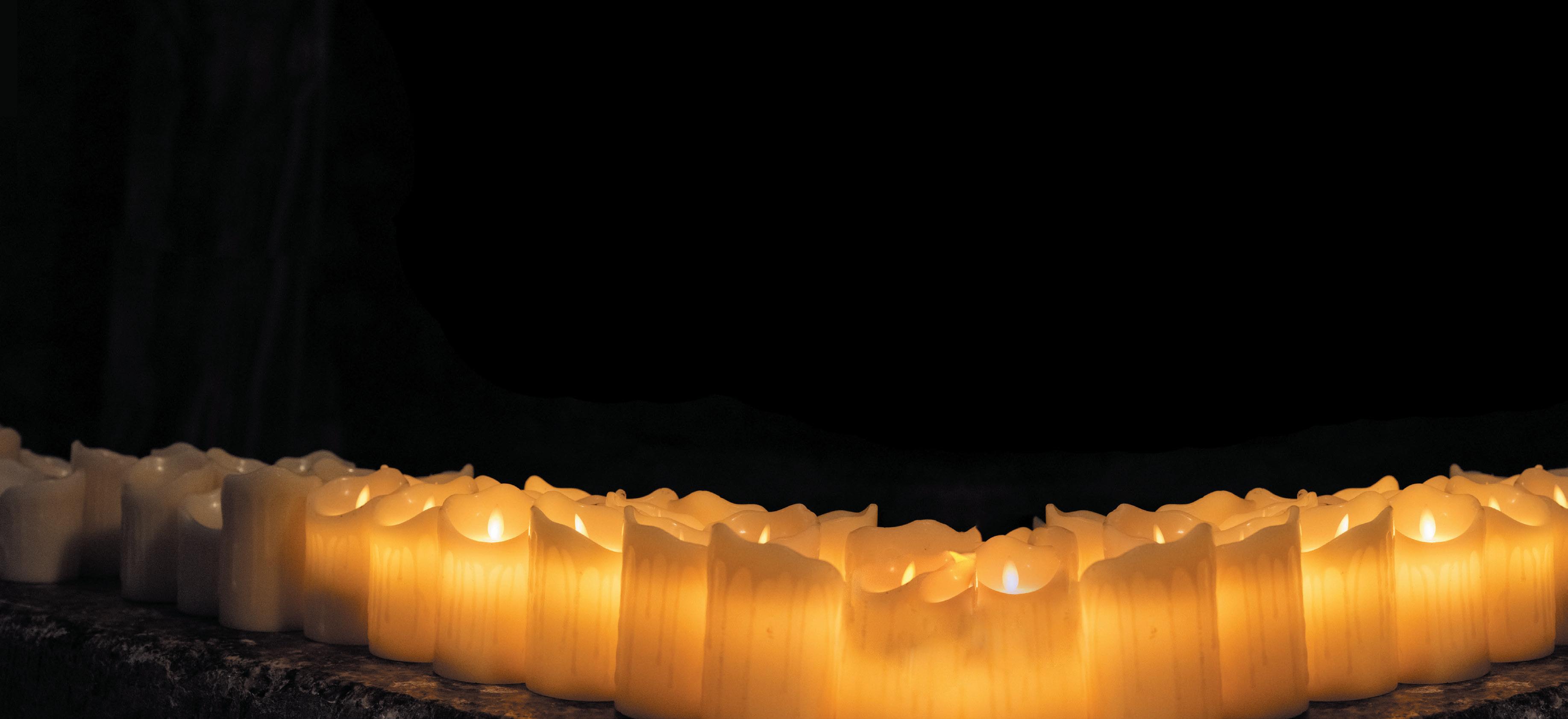 By Rabbi Barbara Aiello
By Rabbi Barbara Aiello
Luisa describes herself as one of the lucky ones. “I have it better than so many of my friends. My grandkids live near me, and I see them all the time.” But for Luisa, her visits with her grandchildren have taken a troublesome turn. “I see my grandkids,” she says. “But that’s it. We don’t talk anymore. My grandkids are glued to their cellphones.”
Luisa’s lament is just one example of the mania plaguing families around the U.S. and the world. Children as young as 4 and 5 have already developed the cellphone habit, while tweens and teens are enraged when anyone dares comment that a cellphone should be switched off.
“I tried that,” Luisa admits, “but I had no success. One time, I got so frustrated that I made my grandkids deposit their phones into a lock box. You could have heard the shrieking all the way to the North Pole! Finally, I couldn’t take it anymore. I know it was wrong, but I didn’t know what to do. I gave back their phones. There’s got to be a better way.”
Whitney Flemming, founder of the online blog “Parenting Teens and

Tweens,” is the mother of three daughters and, like parents and grandparents everywhere, she observed the deteriorating emotional process that promoted greater dependence on electronic devices and less on in-person communication at home.
Flemming admits that her first foray into regulating cellphone use was similar to the lock box Luisa tried with her grandchildren. Both attempts resulted not only in failure but in frayed relationships that were not easily repaired.
That’s when Whitney Flemming sprang into action by tackling the problem, first at home, then sharing her success with her readers in her post, “Tired of Yelling at Your Teen to Get Off Her Phone? Try This Trick” (August 2022). She describes her family’s transformation from cellphone dependence and explains that “We can’t just tell our kids to put down their phones. We have to show them how to fill their time.”
For Flemming, this was key. She slowly weaned her three daughters



The Jewish Federation of Lee and Charlotte Counties is creating a Holocaust Education department in response to growing antisemitism and a need for education and remembrance. The new department will sponsor outreach programs in the schools and community as well as host speaking, author and film events. We are also in the process of creating a remembrance wall that will highlight local loved ones lost in the Shoah. For naming and other donor opportunities, or to share stories, please contact JFED Holocaust Education Director Ella Nayor at 239-281-7874 or via email at jfedholocaustdirector@gmail.com
away from constant scrolling, video watching and game playing by providing activities the family could do together. Flemming admits that it’s time consuming, but her success is based on a simple fact that she emphasizes — “I had to teach my children to do things without their phones.”
Instead of berating them to put their phones away, Flemming would say things like:
“Hey, let’s go thrifting.”
“I looked up a new trail to hike.”
“Let’s try to make those new cookies, but we have to go grocery shopping first.”
“Let’s watch an episode of that show you like.”
“Do you want to go to the bookstore with me?”
The list of activities is as varied as your imagination and Flemming says it best when she emphasizes, “Anytime they expressed an interest in something that didn’t have to do with their phone, I tried to pounce on it.”
After reading the Flemming blog, Luisa was motivated to try some phone-alternative suggestions. “I got a lot of eyerolls and absolutely no thanks, but I pressed on.”
As a grandmother in her late 60s, Luisa understood there were some activities on Flemming’s list that were less appropriate for an older person. Luisa says, “The activities that I planned with my grandkids were things that I was able to do.”
Puzzle pieces set up on a card table provided the first interactive experience. “Grandma’s Fashion Show” was also a big hit. Luisa chuckles when she recalls how the kids rummaged through her closet and, with a grandson adding “runway” music, the girls sauntered forward, twirling and spinning in Grandma’s clothes.
Cooking together became yet another favorite alternative and, during trips to the grocery, Luisa entertained the kids with audio books.
“Am I tired? You bet I am,” says Luisa who sits in front of her bedroom fan in an attempt to regain her “cool.” But she reports that, after several weeks, her grandchildren were so involved in her projects that their cellphones sat on the kitchen counter, untouched.
Luisa sums up her ongoing cellalternative initiative this way. “I admit it. I was at fault, letting the kids entertain themselves with their phones while I checked Facebook and chatted with friends on my own phone. It’s curious how a communication device can become a barrier to communication. I was a bad example, but not anymore.”
For 10 years, Rabbi Barbara Aiello served the Aviva Campus for Senior Life as resident rabbi. Her most popular columns are now published in her new book, “Aging Jewishly,” available on Amazon books. Rabbi Barbara now lives and works in Italy, where she is rabbi of Italy’s first Reconstructionist synagogue. Contact her at rabbi@rabbibarbara.com.


With over 30 years of experience, I help eliminate the guesswork in choosing the right senior living community that meets your needs and preferences. I look beyond the fancy décor and evaluate facilities on:
Quality of care and services
Resident satisfaction
Health care violations
Financial viability

Overall lifestyle
Operational stability
…after several weeks, her grandchildren were so involved in her projects that their cellphones sat on the kitchen counter, untouched.
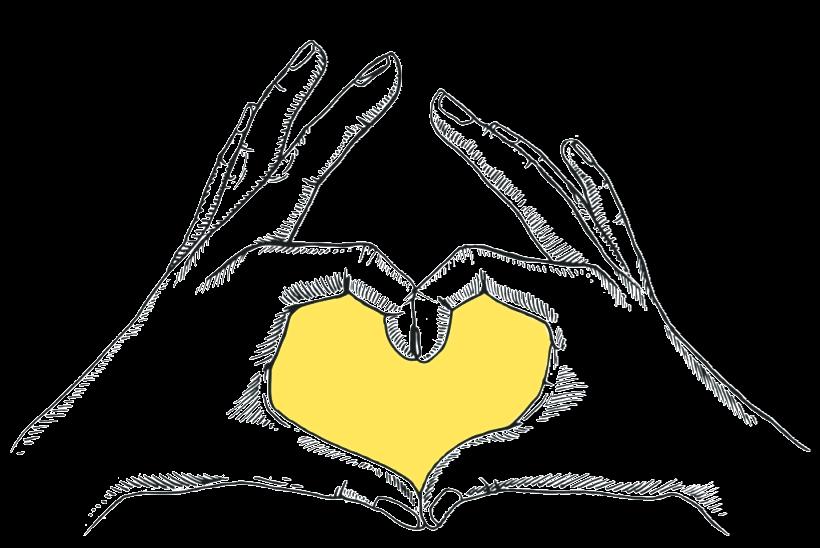
Editor’s Note: Persons in bold are deemed by Nate Bloom to be Jewish for the purpose of this column. Persons identified as Jewish have at least one Jewish parent and were not raised in, or identify with, a faith other than Judaism. Converts to Judaism, of course, are also identified as Jewish.




Last month, I covered “A Small Light,” a Disney+/Hulu mini-series about Anne Frank and her family that concluded last week. Here’s an update on Ashley Brooke, 19, who played Anne’s sister, Margot
I previously wrote that I was almost certain Brooke was Jewish. Well, with some difficulty, I found out that her “real” last name is Eisdorfer. I also learned, from her Jewish mother’s Facebook page, that Ashley’s paternal grandmother, Edther Eisdorfer, was a Holocaust survivor.
“The Little Mermaid”
A “live-action” version of the musical, “The Little Mermaid” opened in theaters on May 26. Halle Berry costars as Ariel, a mermaid princess who is fascinated with the human world. Jonah Hauer-King, 28, costars as Eric, a human prince whom Ariel falls in love with after saving him from drowning.
Hauer, a very handsome fellow, was born and raised in the U.K. His Jewish mother, a therapist, is an American. His father is a “big-time” U.K. restaurant owner. It isn’t clear if his father is Jewish. But it is clear that Jonah was raised Jewish, and he strongly identifies as Jewish.
As you might guess, there are complications in the couple’s romance, which I won’t detail here. I will note that Daveed Diggs, 41, who won a Tony for his “Hamilton” role and wrote and sung a Hannukah song for the Disney Channel in 2021, voices Sebastian, a crab who is Ariel’s friend and the court composer for Ariel’s father, King Triton. Diggs, who identifies as Jewish, is the son of an African American father and a white, Jewish mother.
Most of the songs from the 1989 animated “Little Mermaid” film will be in the new film. Four new songs
were written, including a rap song for Diggs. Alan Menken,73, who wrote the music for the 1989 film, wrote the new songs, too.
Also released on the 26th was “You Hurt My Feelings,” a comedy-drama directed and written by Nicole Holofcencer, 63. Since 1996, she has made 10 movies that don’t make “big bucks,” but get good-to-great reviews and attract good actors.
Julia Louis-Dreyfus, who isn’t Jewish (but had a Jewish grandfather), plays Beth, a woman who is content with a so/so marriage until her husband betrays her. Michaela Watkins, 51, plays Sarah, Beth’s sister, and Jeannie Berlin, 73, plays Beth and Sarah’s mother (Berlin’s mother is Elaine May, 91).
This animated superhero film is about, of course, Spider-Man. But it is set in a multiverse of alternate universes. It has a very complicated plot. Here are the Jewish (voice) actors in “big” roles: Hailee Steinfeld, 26, plays Spider-Woman; Jake Johnson, 44, plays an old “version” of Spider-Man, and Jason Schwartzman, 42, plays Spot, a villain (these three actors are secular and have a Jewish father). Appearing in smaller voice roles are Rachel Dratch, 57, and Andy Samberg, 44.
Opening June 16 is “Asteroid City,” a sci-fi romance-comedy. This Wes Anderson film follows the transformative events that occur at an annual Junior Stargazer convention in 1955. The stars include Scarlett Johansson, 38, Jason Schwartzman, Liev Schreiber, 55, and Adrien Brody, 50.
Opening June 23 is “No Hard Feelings,” a comedy-drama. Maddie (Jennifer Lawrence) is broke when she answers a very unusual ad. A wealthy couple are concerned about their son, Percy, who is a brilliant high school
student, but it not interested in people — no friends, no dates. They hire Maddie to “date Percy’s brains out.”
Matthew Broderick, 61, plays Percy’s father, and Ebon MossBachrach, 46 (“Girls” on HBO and “The Bear” on Hulu) plays Gary, a family friend.
Andrew Barth Feldman, 20, who plays Percy, is making his feature film debut. He has an amazing track record, already, as a musical stage actor, on and off Broadway.
The film was co-written and directed by Gene Stupnitsky, 45. Born in Kiev, he grew up in a Chicago suburb. He was a long-time writer for “The Office,” and he wrote and directed “Good Boys” (2019), a hit comedy film.
This 10-episode series begins streaming on Apple+ on June 9. The screenplay was written by Oscarwinner Akiva Goldsman (“A Beautiful Mind”).
Plot: Danny Sullivan (Tom Holland) is arrested following his involvement in a shooting in New York City in 1979. Interviews with interrogator Rya Goodwin (Amanda Seyfried) reveal his “mysteries.”
Costars include Emmy Rossum, 35, as Danny’s mother, and Lior Raz, 51, as Yitzhak. Raz was an elite Israeli commando who became Arnold Schwarzenegger’s bodyguard for a few years in the ’90s. He lives in Israel with his wife and children.
The Federation expresses special gratitude to our Indigent Fund Pacesetters for the example they set for the rest of us.
Anonymous Jack Cohen - Marcia Can Help
Naomi Bloom
Barbara & Earl Magdovitz
Toni & Stuart Morgenstein
Karin Fine
Sherri & Ira Zucker
The Cadkin Foundation
Shalom Dancers
Taryn Sasser
Marty Freling
Paul & Sylvia Simko
Temple Judea
Temple Beth El
Temple Bat Yam
Temple Beth Shalom
Shalom Life Center
George & Joyce Rosinger
Temple Judea
Temple Beth El
Temple Bat Yam
Temple Beth Shalom


Shalom Dancers
Edward & Beverly Drucker
Lynn & Lory Kirby
David Balsiger
Barry & Cheryl Fulmer
Arthur & Phyllis Ohlstein
Richard Bornfreund
Michael & Tammy Rochman
Shalom Life Center
Shalom Dancers
Victor Gold
LINDA F. IDELSON CULINARY DESIGN FUND

Charles Idelson
Carolyn Gora
Anita Freedman
Claire Goldhagen
Rabbi Yossi & Rivky Labkowski
Anne Schwartz
Andy & Debbie Shuping
Hy Tuchman
James & Betty Rubenstein
Lynn & Lory Kirby
This is the last article in this year’s music series in which I have focused on Jewish musicians who came to the U.S. just prior to WWII. Many of them became well known in the United States after their initial start in Hollywood. As welltrained musicians in Europe, the “Hollywood opportunity” allowed them to establish themselves in the music world of their newly adopted country. Looking back throughout the past year, I have researched and followed the careers of just a few of the “greats!” — Ernest Gold, Andre Previn, Randy Newman, Gyorgy Ligeti and Burt Bachrach have been part of this series. My hope is that, by reading these articles, I have whet your appetite to learn more about these and other musical geniuses. There are many others I plan to write about in the future. Musicians such as Johnny Mandel, Laslo Shifrin, Dave Grisman, Bernard Herrmann and Philip Glass are just a few names that come to mind.
In this article, I will focus on Marvin Hamlisch, who, like Elmer Bernstein before him, was born in this country, but whose parents were lucky enough to emigrate to the U.S. just prior to the Holocaust. I was surprised to find out that, unlike Burt Bacharach, Hamlisch had a very close identity as a Jew! In a 2012 interview in The Jewish Press, a weekly Brooklyn newspaper, he spoke of his deep feelings for Jewish music. Hamlisch attributes these strong feelings, especially for the sadness in Jewish music, to his Viennese parents. In the article, he claimed he is proudly Jewish. “I never hid it from anyone,” he said. “In fact, I’ve candidly announced it on nationwide television. People … never discouraged me from proclaiming my Jewish identity to them.”
Arlene Stolnitzwon in an audition! Hamlisch was encouraged by his father, Max Hamlisch, an accordionist and bandleader, and his mother, Lilly. Hamlisch grew up hearing the music of his father’s band, composed of his father’s fellow Austro-Hungarian emigre friends. They played both Viennese and American popular music. When talking about his musical training, he would often credit Julliard and Queens College for the flexibility they gave him in his early career as a songwriter and composer.
In addition to his talent, Marvin Hamlisch also had a greater humanitarian goal. On his website, he states, “Music can make a difference. There is a global nature to music, which has the potential to bring all people together. Music is truly an international language.”
In that regard, the Marvin Hamlisch International Music Awards were established in 2013 in partnership with Queens College and the Kupferberg Center for the Arts. Their vision is to discover and encourage young composers worldwide.

Like so many other child prodigies, Hamlisch’s talent showed up at an early age. By the time he was 6 years old, his parents had enrolled him in a precollege course at Julliard, which he
This tongue twister grape has always been one of our favorites with Indian food, so when I was invited to a sampling with some professionals from the wine trade, I broke out our special Helicium tasting glasses with utmost speed.
We normally associate Gewürztraminer, a cool-weather white grape, with the Alsace region between France and Germany, but some other regions are trying their hands at it, too. This grape needs to be grown very far north (or
south) because cold weather is critical. That means places like Washington State and the very southern parts of New Zealand, among a few others.
Italy’s Alto Adige region is getting into the Gewürz game. The area is far north and borders so closely on Germany, it’s barely in Italy at all. Up there, many winemakers vinify this grape in a wide range of styles, producing a lot of excellent
Looking through his accomplishments, it is clear that Marvin Hamlisch has won every award in the world of musical comedy and film — four Emmys, four Grammys, three Oscars, three Golden Globe Awards, a Tony and the Pulitzer Prize (for “A Chorus Line”). We remember him for memorable songs such as “Nobody Does It Better,” “The Way We Were,” “What I Did For Love,” and so many others.
Marvin Hamlisch passed away in August 2012. Like Burt Bacharach, when we lost Marvin Hamlisch, we lost a musical genius, but are fortunate to be able to have the legacy of his passion for music.
Arlene Stolnitz, a retired educator, has been a regular contributor to Federation papers in Southwest Florida. Her interest in all kinds of Judaic music has led to this series of articles.


sweet wine. Our preference, though, is for a drier, leaner style, with the classic characteristics of cream, spice, lychee and citrus.
The reason this wine goes well with Thai and other Asian foods is the high natural sugar content, which offsets the spice in those cuisines. But that doesn’t mean it’s always a sweet wine. The high acidity balances the sweetness but still provides, as one wine reference book puts it, “a flamboyant bouquet of lychees.” Turns out that Gewürz and lychees share the same chemical aroma compounds. Go figure. You may also note aromas of roses, passion fruit and some other flowers.
In northern Italy, Elena Walch is a big name, producing dozens of red and white wines, from pinot grigio and chardonnay to lagrein and cabernet. We tried two from this producer.
Elena Walch
Gewürztraminer 2020
This wine has a light straw color in the glass, with a nose of honey and white flowers. The aromas carry through on the fairly straightforward palate. A bit hot on the finish, but it fades in a few minutes.
Gewürztraminer Les
Princes Abbes 2018
Unlike Elena Walch, these Alsatian wines came in the traditional tall skinny bottle. It has a medium straw color in the glass. We picked up white flowers on the nose and nutty, red apple notes on the palate. The nicely balanced acidity led to a clean finish.
In the U.S., Chateau Ste. Michelle is a well known and very dependable producer in Washington State. Their version offers clove and spice notes, zingy acidity and flavors of pear and tangerine at about $10 per bottle.
Winemakers also produce sweet versions of this wine, so look for bottles labeled vendage tardive (late harvest) or passito. But the drier styles are more suitable as complements to food, especially highly aromatic cuisines such as Indian and Thai. Any time is the right time to enjoy this pleasant varietal. Sample widely.
Jerry Greenfield, the Wine Whisperer, is Creative Director of Greenfield Advertising Group. His new book, “Secrets of the Wine Whisperer,” is now available through his website or on Amazon. Read his other writings at www.winewhisperer.com.











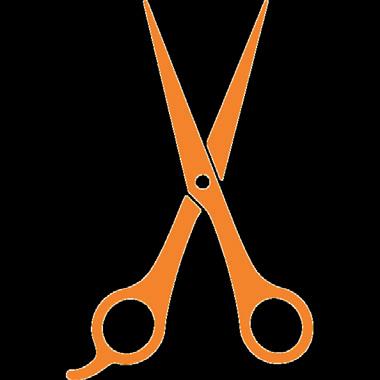
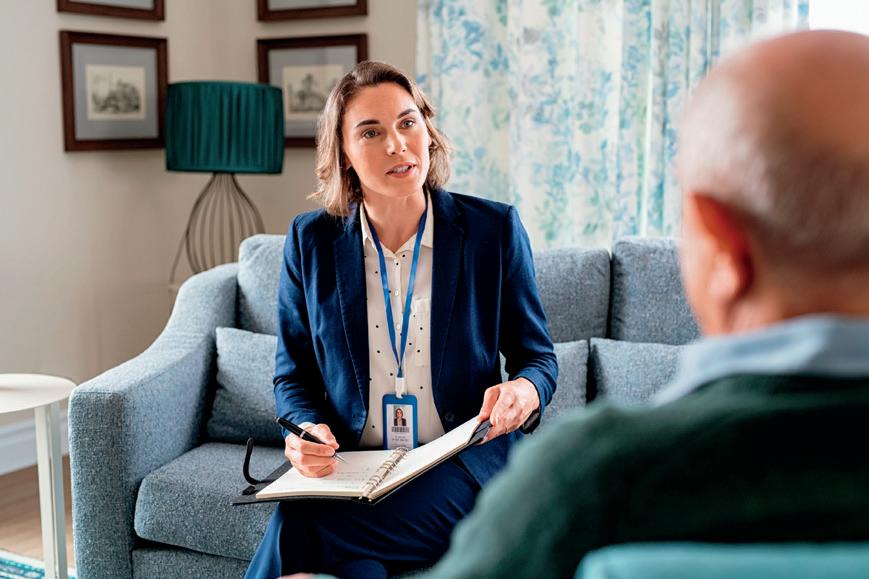
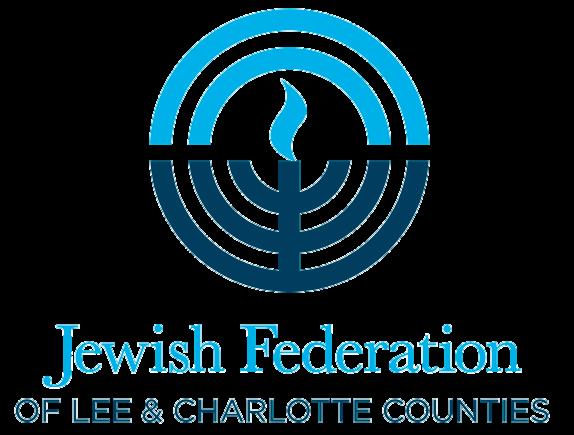 By Paul R. Bartrop, Professor Emeritus of History, Florida Gulf Coast University
By Paul R. Bartrop, Professor Emeritus of History, Florida Gulf Coast University
Eighty years ago this month, on June 30, 1943, Fritz Katzmann, a German SS and Police Leader, submitted a report that is arguably one of the most important pieces of evidence relating to the Nazis during the Holocaust, as it pertained to a single district. During the war years, Katzmann perpetrated the Holocaust in several places: the cities of Kattowitz (Katowice), Radom, Lemberg (Lvov, Lviv) and Danzig (Gdansk), as well as throughout the entire District of Galicia in that part of occupied Poland known to the Nazis as the Generalgovernment
Katzmann was born on May 6, 1906, joining the Nazi paramilitary SA organization in December 1927 at the young age of 21. He joined the Nazi party in September 1928 and transferred from the SA to the SS on July 1, 1930. On Aug. 20, 1931, he was commissioned as an SS-Untersturmführer (second lieutenant) and, on Dec. 1, 1932, was promoted to SS-Hauptsturmführer (captain), before further promotions in April 1933 (SS-Sturmbannführer, or major) and SS-Obersturmbannführer (lieutenant colonel) on Jan. 30, 1934 — the first anniversary of Hitler’s ascent to office. Further promotions accrued throughout the 1930s, combined with several command positions in various districts.
With the German invasion of Poland in September 1939, Katzmann became the first SS and Police Leader (SSPF) of occupied Radom. Here, in the spring
of 1940, he set up the Radom ghetto, accompanied by a brutal reign for the tens of thousands of Jews living there.

Following Operation Barbarossa, the German invasion of the Soviet Union on June 22, 1941, Katzmann became SS and Police Leader for the District of Galicia on August 8, 1941, based in Lvov (Lviv, then called Lemberg).
Paul R. BartropIn November 1941, Katzmann ordered that 80,000 Jews be confined to the Lvov ghetto. In the city outskirts, he also established the Janowska concentration camp. The number of those killed at Janowska has been a matter of dispute, ranging from the unlikely Soviet figure of up to 500,000, to a more realistic (though horrible nevertheless) number estimated at between 35,000 and 40,000. It has been further approximated that up to 60,000 Jews were murdered overall on Katzmann’s command by the end of 1941. In 1942, Katzmann organized further transports that took Jews from Lvov to the death camp of Bełżec.
Katzmann was promoted to SS-Gruppenführer and lieutenant general of police on Jan. 30, 1943. During the first half of 1943, he organized the death of over 140,000 Jews within the overall vicinity of Galicia.
On June 30, 1943, just over two years after arriving in Lvov, Katzmann
delivered what was effectively one of the most important testimonies relating to the extermination process in Poland and the extermination of Polish Jews during the Holocaust. Entitled Lösung der Judenfrage im Distrikt Galizien (The Solution of the Jewish Question in the District of Galicia), it was a nicely crafted report bound in leather, addressed to Katzmann’s superior based in Kraków, SS-Obergruppenführer Friedrich-Wilhelm Krüger. Documenting and summarizing Aktion Reinhard in Galicia up to that point of the year, the report chronicled that by June 27, 1943, a total of 434,329 Jews had been expelled (read murdered), and that the district of Galicia was now free of Jews (Judenrein) — except for those who were under Krüger’s direct control. The 62-page report was illustrated lavishly with photographs detailing how Nazi antisemitic persecution took place and was carried into action.
Katzmann wrote his report in Berlin after returning to Germany from Poland and receiving a new assignment on April 20, 1943. With Galicia Judenrein, Katzmann’s job was seen to be completed and he was transferred elsewhere.
Between April 20, 1943 and May 8, 1945, he was SS commander of Military District XX (Vistula/Danzig/West Prussia), headquartered in Danzig. On July

1, 1944, he was promoted to SS-Obergruppenführer in the Waffen-SS and oversaw the organization of gas chambers and crematoria at Stutthof concentration camp, where tens of thousands more Jews were murdered. He was given the assignment of liquidating the Stutthof camp and all its 105 sub-camps, ahead of the advancing Red Army. Gassing with Zyklon B at Stutthof had begun already in June.
Katzmann experienced the end of the war on the island of Fehmarn, off the coast of Schleswig. He escaped immediate prosecution, living for years under a false identity in Württemberg as “Bruno Albrecht.” In March 1956, Bruno Albrecht was registered in Darmstadt, where his family lived, but a planned transfer to Argentina did not materialize owing to Katzmann’s ill health at that time. He died on Sept. 19, 1957 in the Alice Hospital in Darmstadt.
The Katzmann Report was used as evidence in the Nuremberg Trials (USA No. L-18, Exhibit-277) and numerous other proceedings against war criminals abroad. Various editions were published after the war, including one that was heavily edited by communist authorities in Poland. A full uncensored text of the report was finally published in 2009.
Paul R. Bartrop is Professor Emeritus of History and the former Director of the Center for Holocaust and Genocide Research at Florida Gulf Coast University.
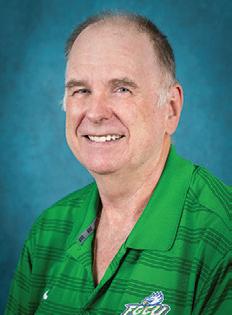
Hi, my name is Keith Grossman, and I have a problem. I buy books. Lots of books. You would think that’s not a problem; after all, we should all read more. Knowledge is a good thing.
But I don’t necessarily read the books. I buy them and I store them. All over. On my bookshelf. On my floor. On a spare bed. Wherever there is space. My nightstand runneth over. My house is overflowing with books on gardening, woodworking and car maintenance, even though I have never planted a seed, sawed a piece of wood or changed my own oil in my life. They may be dusty, but I have them … and that’s what matters.
I think it’s called bibliomania. Any addiction with a name is serious. But

don’t judge me by my book collection. I’m usually organized and not typically a collector. And don’t judge a book by its cover. My collection won’t give you any great insight into my mindset or interests. That fishing book on the third shelf in the back is a red herring.
I remember the first time I walked into a bookstore. The smell of the books hit me like a freight train. It was intoxicating. The books called to me. “Buy me,” they whispered. “You know you want to.” They seeped into my pores and took hold of me. I was hooked.
I started small, buying a book here and there. Soon, I was taking home armfuls of them. I was a junkie, and I couldn’t shake the feeling of finding more bookstore treasures.
I buy books with the expectation to read them. My intentions
My colleague, Keith Grossman, wrote an interesting piece about noms de plume last month, which inspired the old sportscaster in me to create a list of athletes whose names fit certain themes. Feel free to use any of these actual names as your nom de plume
Legal
• Aaron Judge, Yankees outfielder
• Johnny Bench, Reds Hall of Fame catcher
• Lawyer Milloy played seven glorious seasons with Ty Law in New England but never teamed with Lawyer Tillman, who retired the year before Milloy entered the league.
• Vern Ruhle, former Astros pitcher and Matt Rhule, Nebraska head football coach

• Vern Law pitched for the Pirates in the ’50s and ’60s. His son, Vance Law, played in the 1980s. If they had become attorneys, they could have opened The Law Firm.
• BenJarvis Green-Ellis played six seasons in the NFL. He was known as “Law Firm” because his name sounds like one.
• Tim Settle, Buffalo Bills
• Rocco Mediate, PGA Tour
• Margaret Court, Australian tennis player
• I don’t know how many Major League players earned law degrees, but there sure have been a lot of JDs, including JD Martinez and JD Drew.
Medical
This list has to start with basketball legend Dr. J, Julius Erving.
The Society for American Baseball Research says about 100 players have been nicknamed Doc, and about half of those actually had some professional medical training. Doc Medich, whose
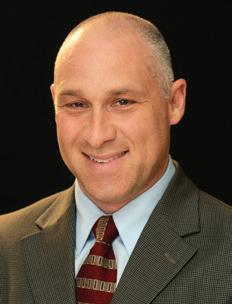
nickname and last name both qualify him for this list, graduated medical school in 1977, and the following year, went into the stands in Baltimore to revive a fan who was having a heart attack.
Doc Gooden makes my list because he was awesome and Dock Ellis because that’s his given name.
Laurent Duvernay-Tardif graduated medical school while playing for the Kansas City Chiefs. He asked the NFL to let him include MD after his name on his jersey, but the league said no.
Gary “The Glove” Payton played 18 years in the NBA. His son, Gary Payton II, plays in the league now and is sometimes known as “Young Glove.”
Here are some others:
• Nick Nurse, NBA coach, and Kia Nurse, WNBA player.
• Jack Sikma played 14 seasons in the NBA.
• Steve “Psycho” Lyons played 9 years in the Major Leagues, then became a broadcaster.
• Jalen Hurts is the quarterback for the Philadelphia Eagles.
• Frank Thomas is a baseball Hall of Famer known as “The Big Hurt.”
• David Wells threw a perfect game for the New York Yankees.
• MD Jennings (not an actual doctor but an actual M.D.) played three seasons with the Packers
• Frankie “The Surgeon” Randall was a boxer.


There are lots of Passover-themed names: Chris Mazza pitched a couple games for the Rays last year.
There’ve been a myriad of Moseses, including NBA legend Moses Malone and baseball star Moises Alou.
are pure. There are just not enough hours. Reading is a commitment, and who’s got time for that? So, my home is overrun with books I will not read. It makes no sense, but what addiction does?
A few years ago, I told myself I would stop buying books. And I was successful in doing that. For a while.
I walked past bookstores, lusting to go inside. I suppressed the crying. Occasionally, I entered the bookstore, keeping my hands in my pockets. I was just there to look. I absorbed the titles of the books, read the tantalizing blurbs, and enjoyed the colorful imagery on the covers. I smiled at the names of the authors. My hands would never leave their pockets, and I would saunter out of the store. Happy in my discipline; unhappy in the pages I left behind.
But then I fell off the cart, and my arms were once again filled with newly treasured volumes of books. My book addiction was back with a vengeance. The public library became my jilted lover.
I can’t stop. I can’t throw the books away. They continue to accumulate, taking over my life one page at a time. I swear they pick up stragglers along the way — books I never bought and somehow possess.
My wife isn’t happy with my behavior, and I can’t blame her. She has read me the riot act. She has threatened intervention. She has sometimes forced me to sleep on a pile of selfhelp books spread out like a tapestry of motivational quotes. But it doesn’t work. My book collection grows. They are a comforting refuge. The ink beneath my wings.
Similarly, we could choose any number of Elijahs, but we’ll go with Elijah Williams who played in the Negro Leagues in the 1940s.
Surprisingly, there were two pharaohs in the NFL last year. Pharaoh Brown played tight end for the Colts and Pharoh Cooper played receiver for Arizona. Cooper has a tattoo of King Tut, who, according to comedian Steve Martin, was born in Arizona and moved to Babylonia. A horse named American
Pharaoh won the Triple Crown in 2015. Tim Seder kicked for Cowboys and Jags from 2000-02.
I couldn’t find anyone called “The Four Questions,” but NBA star Allen Iverson was nicknamed “The Answer.” We could spin the dreidel with baseball players Alek Manoah and Casey Candaele, not to mention golf superstar Annika Sorenstam.
Finally, we wish a Good Yuntif to former Pirates pitcher Bob Kipper.
I buy books with the expectation to read them. My intentions are pure.
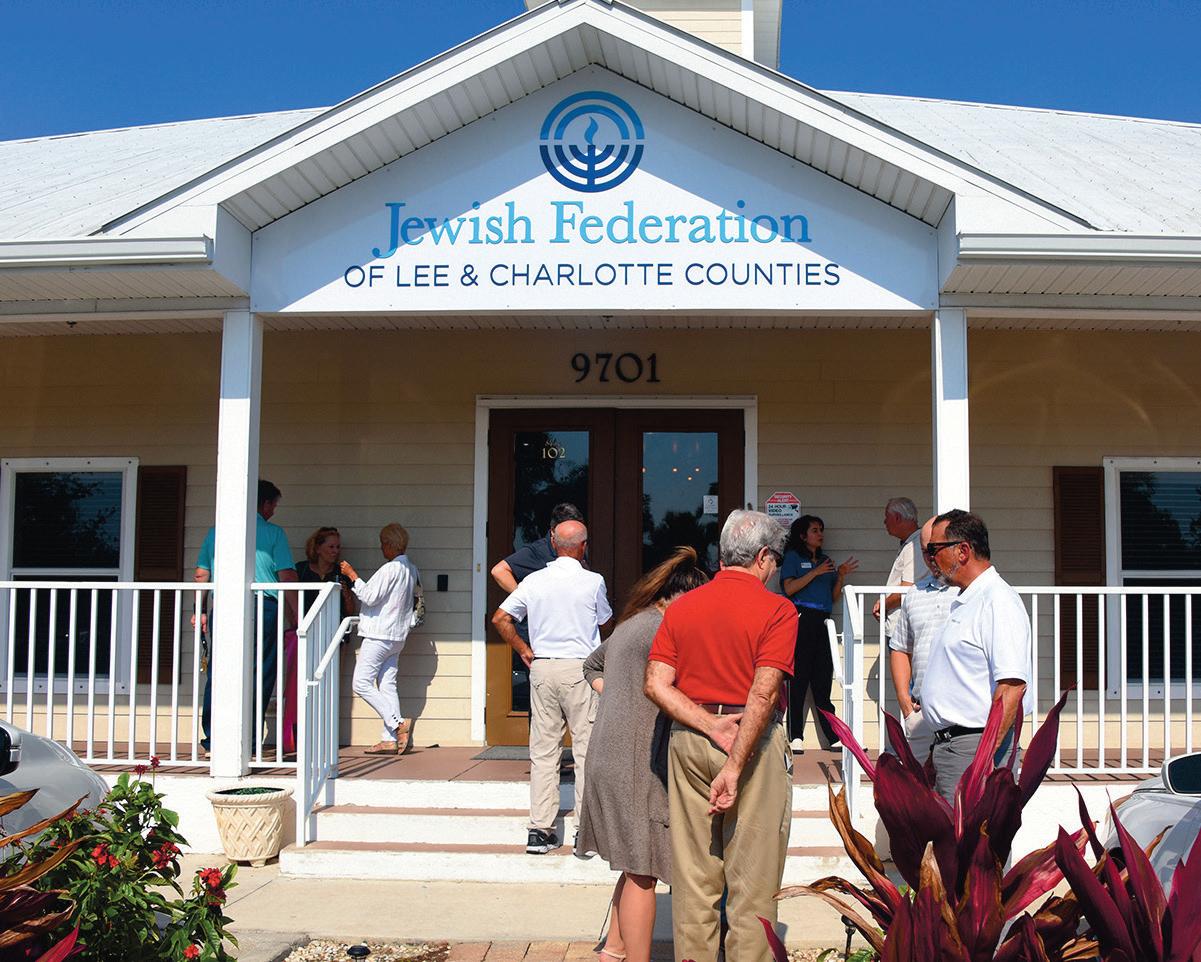
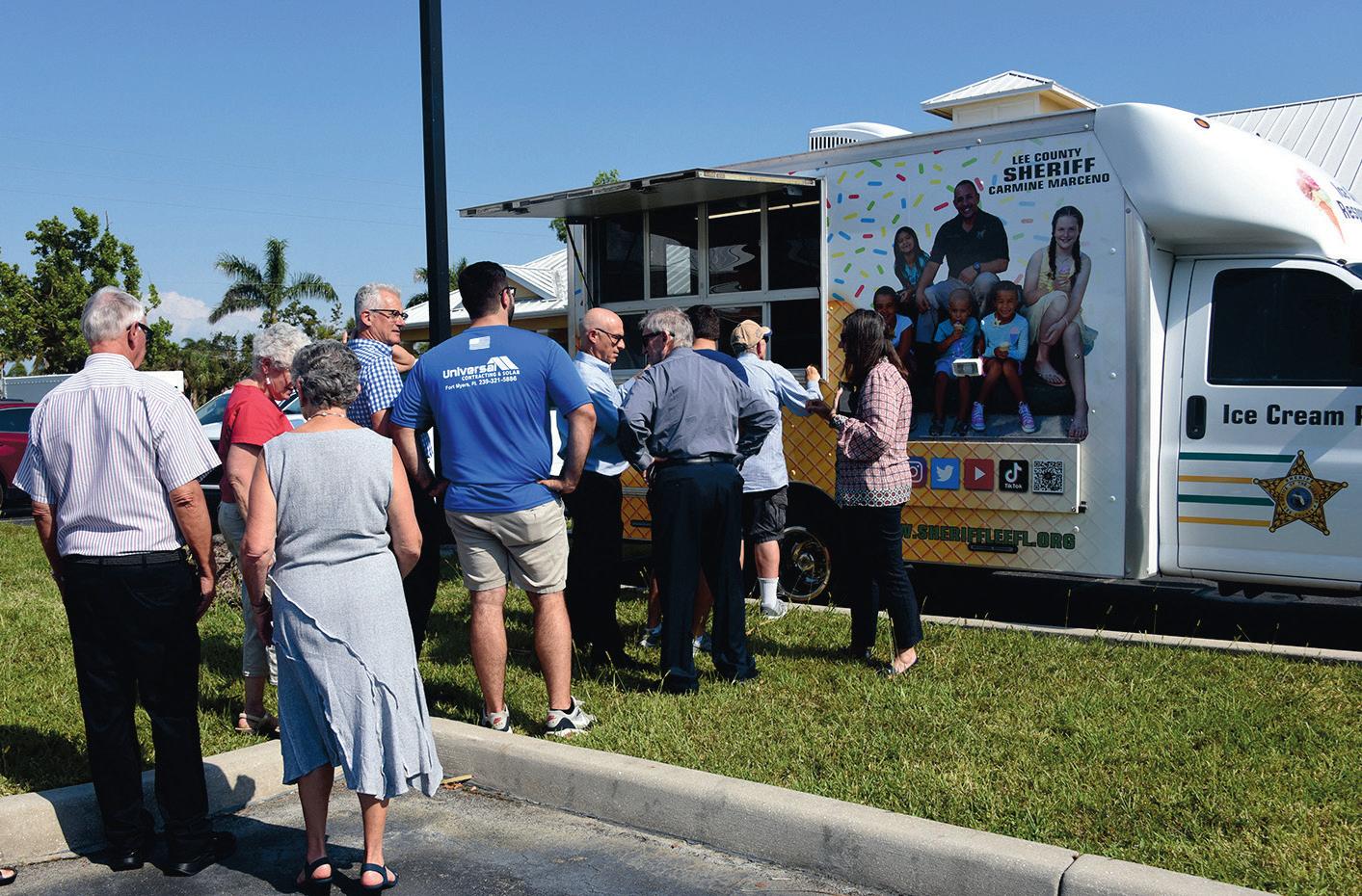
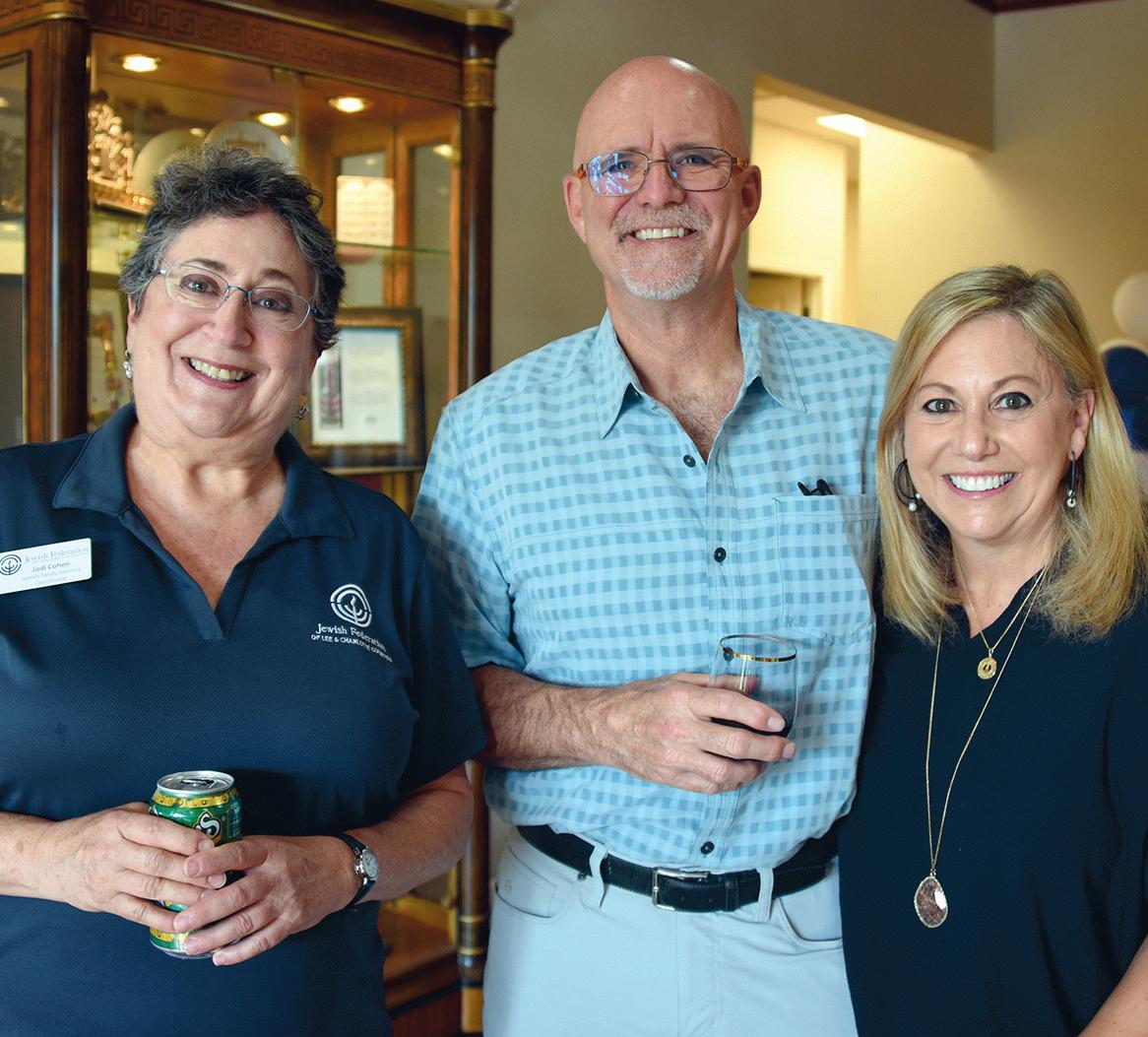
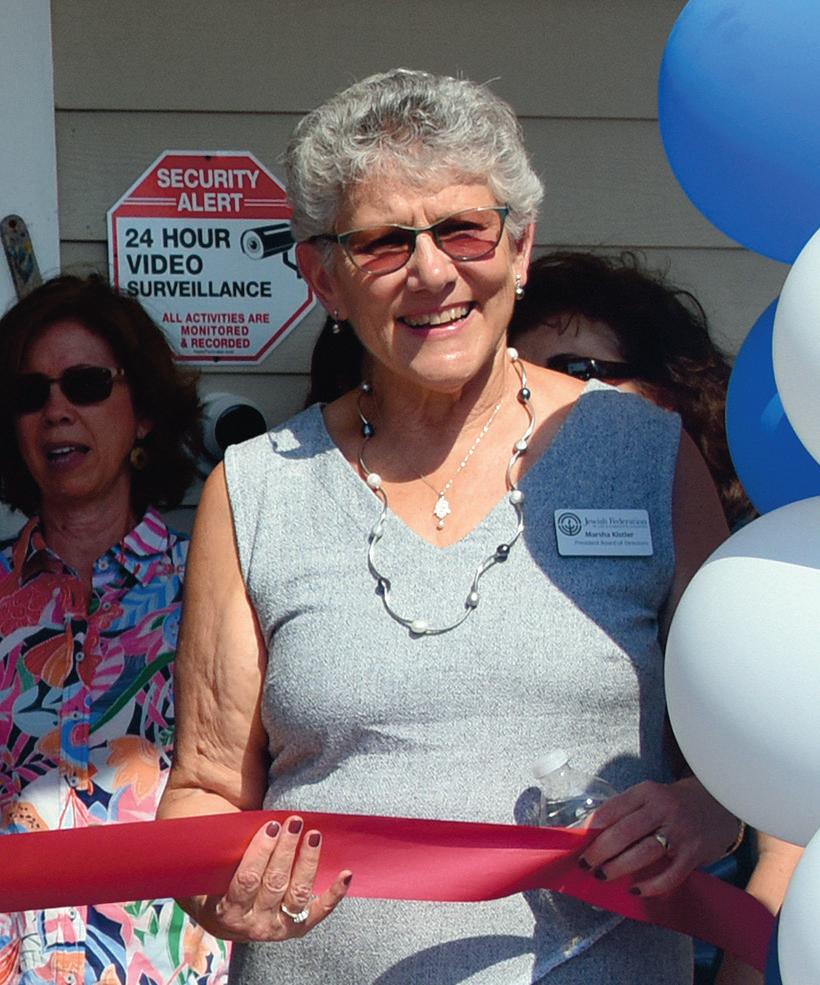

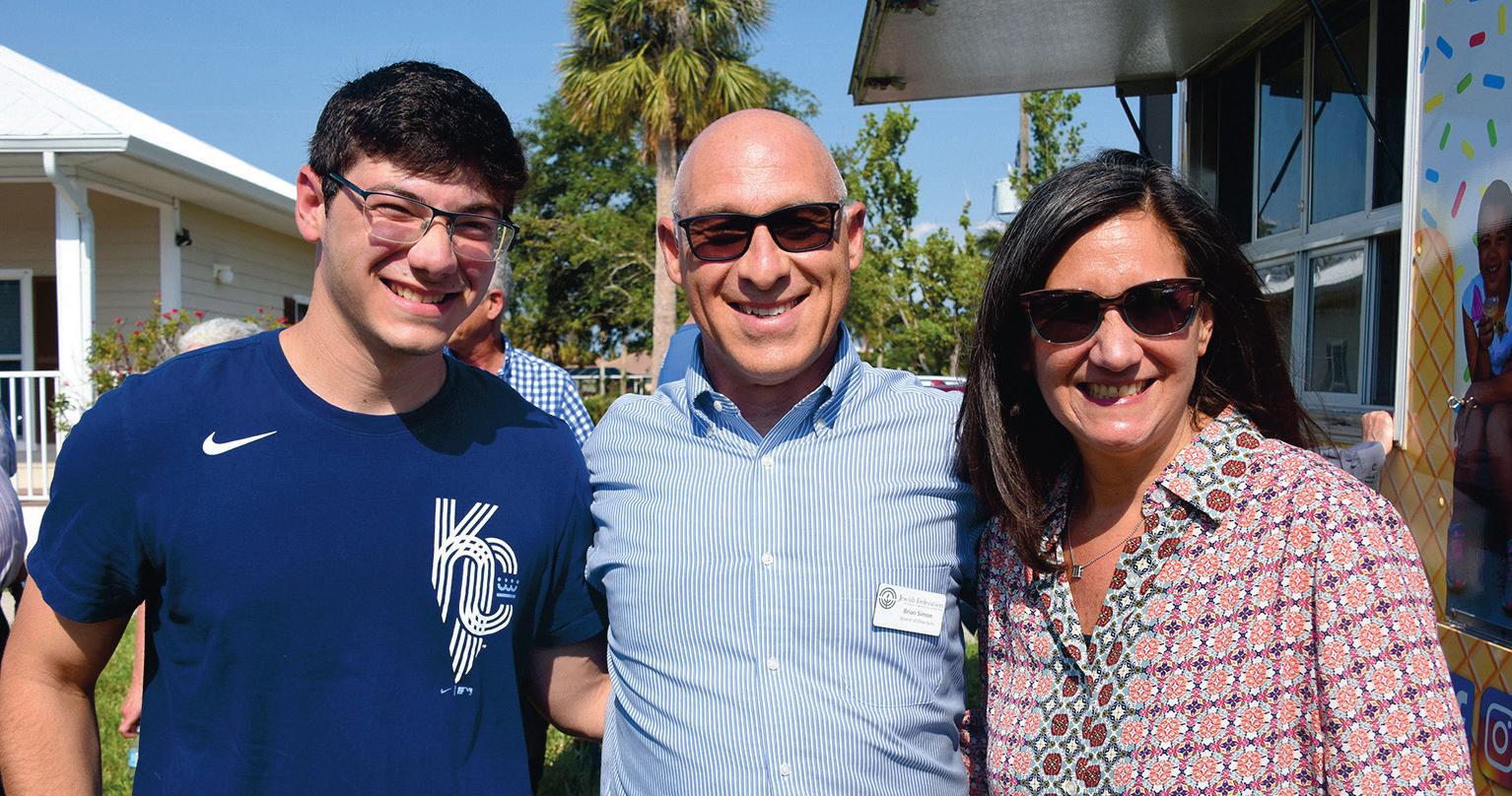
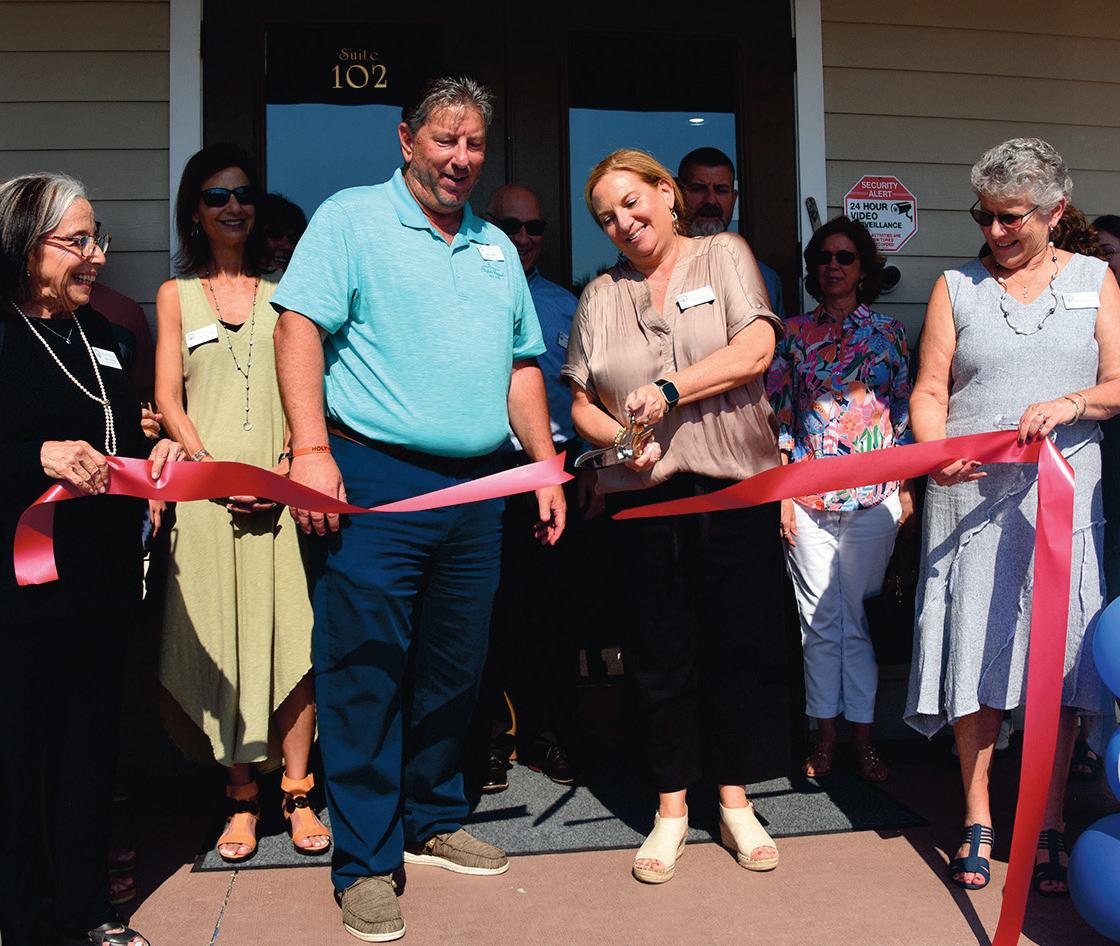
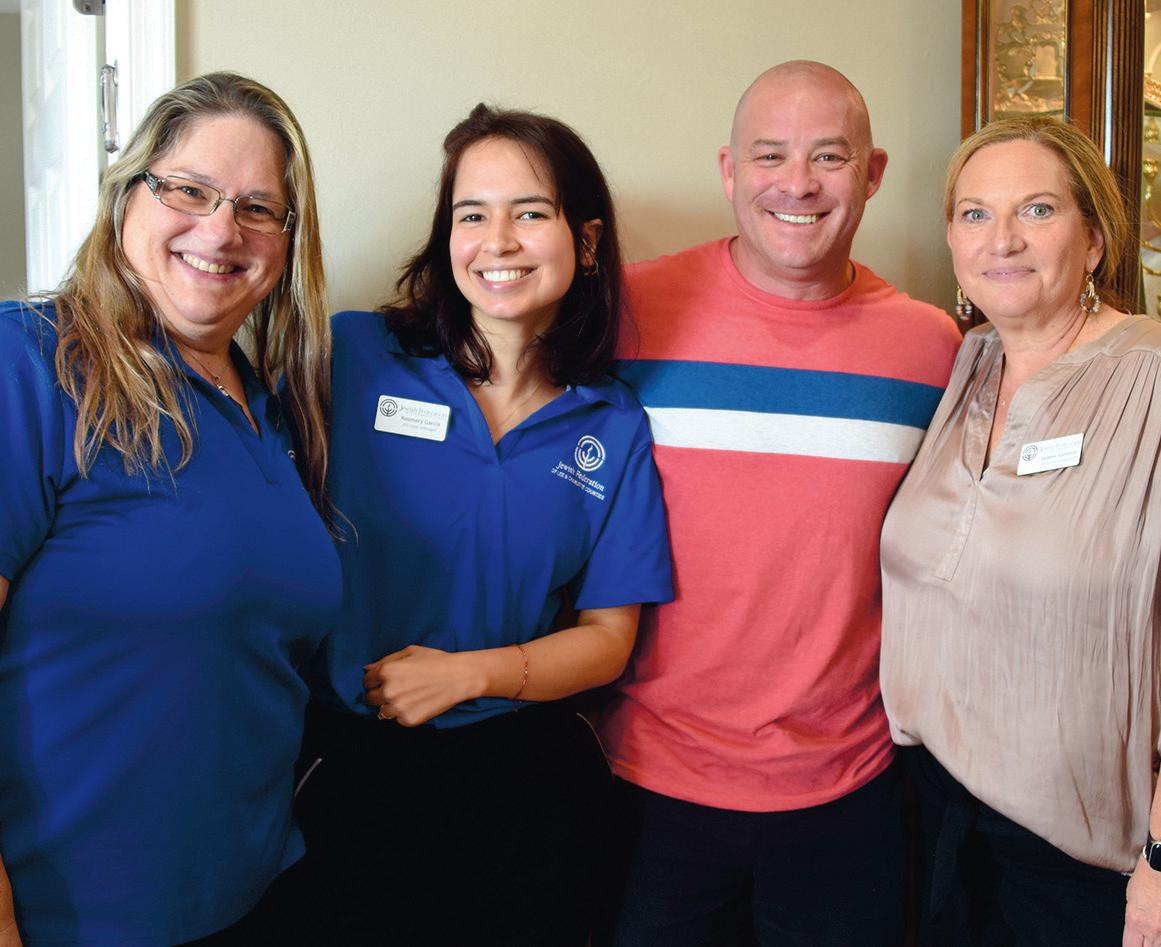














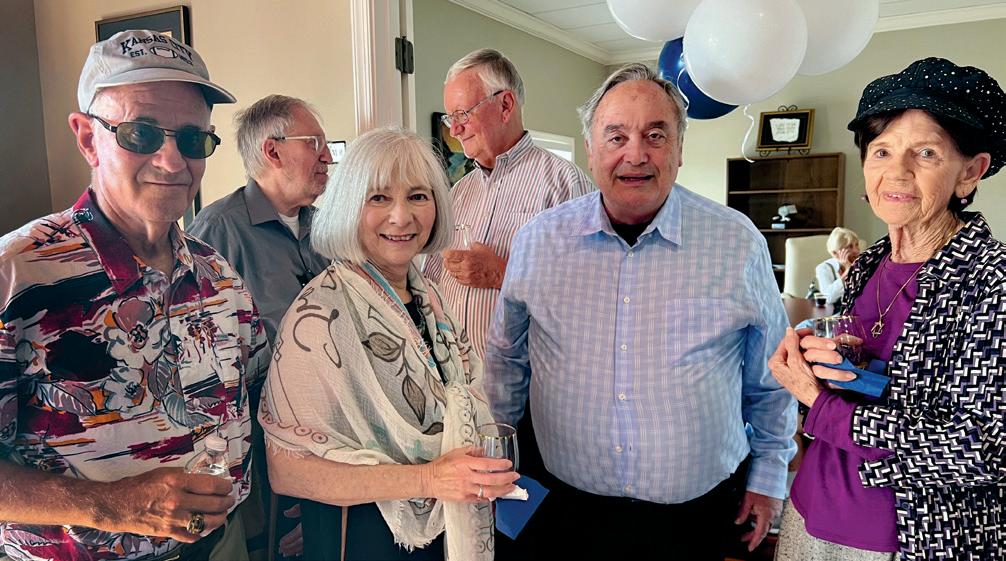


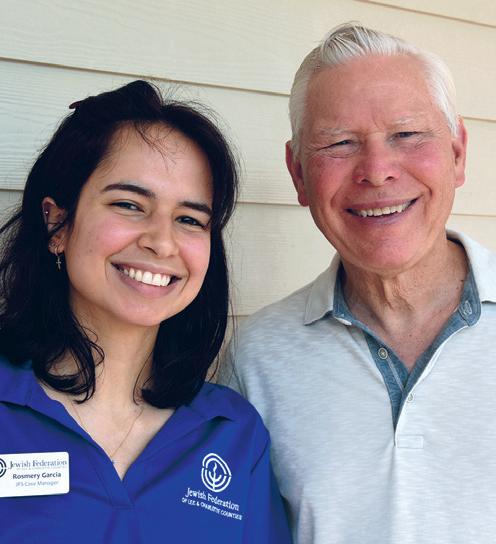
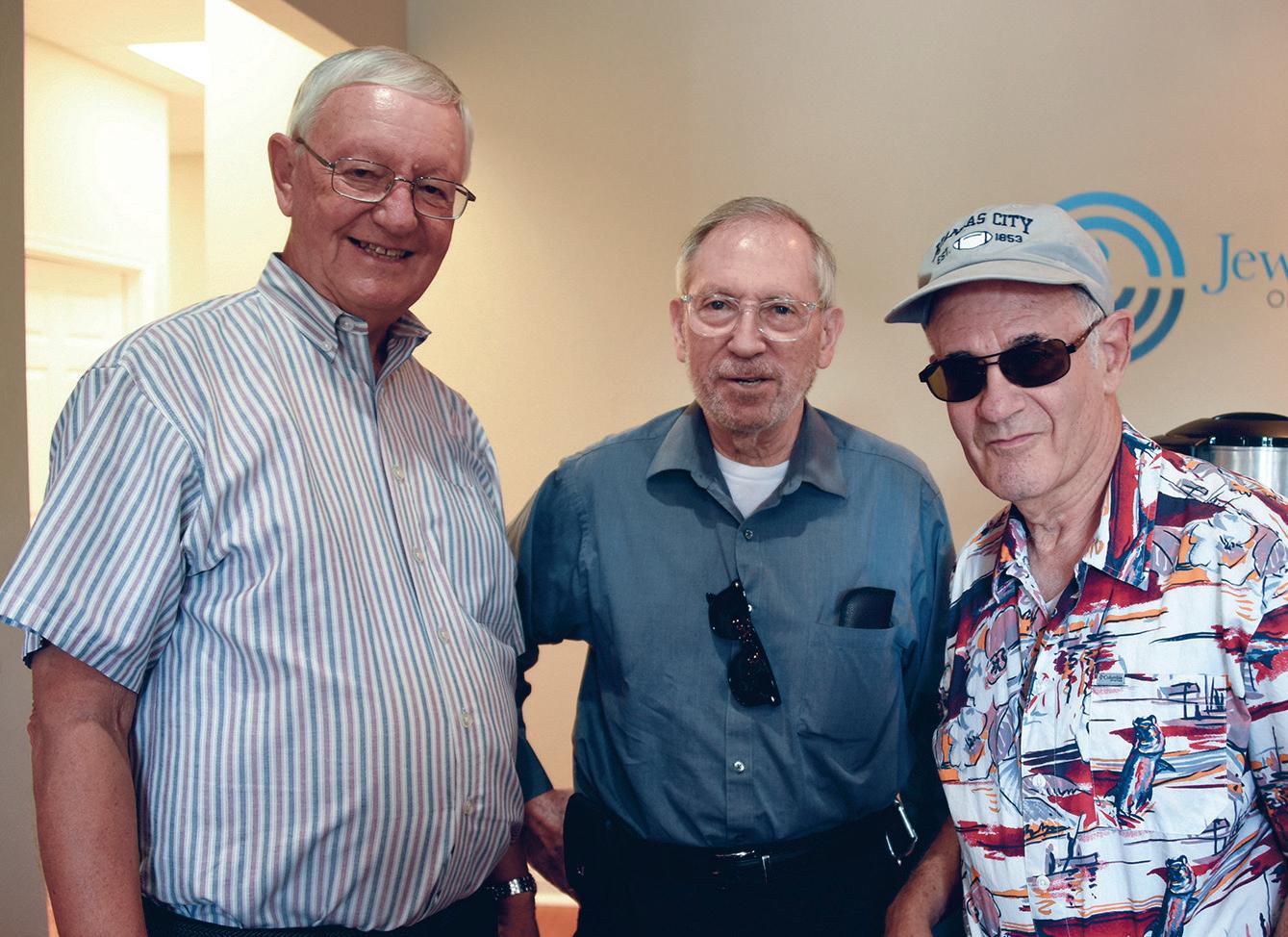

Why should American Jews feel strongly attached to Israel? Many of us have never even been there. The reason is the Jewish people, religion, philosophy and Israel are all connected.

Although we celebrated Israel’s 75th birthday back in April, we should celebrate our connection to Israel every day with the recognition that our Torah, which goes back over 3,500 years, mentions Zion and Yerushalayim hundreds of times.
Our story begins with Avraham Avinu, the father of the Jewish religion and of monotheism. HaShem commanded Abraham to leave what would be present-day Iraq and journey to the Promised Land, Israel. B’nei Yisrael — we are connected to Eretz Yisrael and this is a bond that cannot be broken.
Rabbi Jonathan Sacks tells the story of Napoleon, who, once passing a synagogue on Tisha B’Av, was struck by sounds of crying coming from inside the building. “Why are the Jews mourning?” he asked one of his officers. “They are grieving for Jerusalem,” came back
the reply. “And how long ago did the Jews lose Jerusalem?” asked Napoleon. “More than 1,700 years ago,” the soldier answered. Napoleon was quiet for a moment and then said softly, “A people that remembers a place for so long will one day have it restored to them.” And so, it came to pass that May 14, 1948, would become one of the most joyful and important days in all of our nation’s history exactly because 2,000 years of hoping, praying and dreaming of a return to our homeland had finally come true.
After centuries in exile, we’ve witnessed the miracle of Medinat Yisrael. In just 75 years, a barren desert surrounded by hostile enemies has grown into a militarily strong, confident global leader in sustainable agriculture and technology.
Most importantly, Israel is our spiritual home, the one place where Jewish
culture represents a majority rather than minority. It’s our safe haven should the world become so unfriendly to us that we are faced with the consideration of leaving our homes in the diaspora.
Regardless of our politics and whether we like Benjamin Netanyahu or would prefer a change of leadership, it’s imperative that we, as Jewish Americans, support the government, state and the people of Israel.
In today’s world, we’re seeing Jews leaving Europe as the rise in antisemitism has become intolerable. And where do they go for refuge? Israel. How can we not support the country that is the refuge for Jews?
For Israel to survive and protect Jews from anywhere in the world, military strength is a necessity. With the success of our military, some American Jews have adopted the position that Israel is no longer the defender but the aggressor, and question whether they should continue to support Israel.
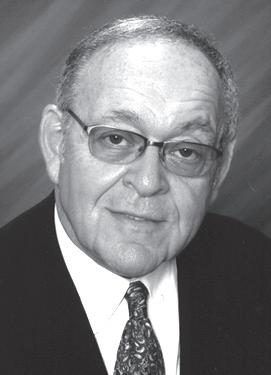
Let’s never forget Israel is still a tiny country that continues to fight for her survival, facing ongoing threats from Iran, Hamas, Hezbollah, Isis and others. We should be troubled by the fact that American Jewry would question its support of Israel merely for defending itself and trying to survive.
With anti-Israel and anti-Jewish voices rising from both the Republican and Democrat parties, with antisemitic acts taking place throughout the U.S. and right here in Fort Myers and Chabad in Cape Coral, what else can we say but, Thank G-d for Israel.
Israel is the home of our language, traditions, values and culture. It’s the land that will ensure the future of Judaism.
May Israel remain safe, unified, strong and vibrant. May Israel soon and forevermore know a deep and lasting peace. This is our hope. Am Yisrael Chai!
Rabbi Lawrence Dermer serves at Shalom Life Center of Southwest Florida.
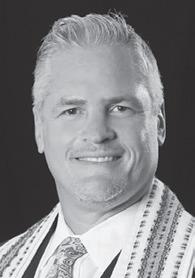

Iwould like to share the following article whose author is unknown.
Do you have an hour or two a week to make an impact in the quality of life for a Senior Citizen?

All volunteers must be 18 years old and above (unless accompanied by a parent). The screening process to become a Friendly Visitor volunteer includes; application, interview, background check and orientation.
For more information please contact NancyKlein@jfedlcc.org YOU CAN MAKE A DIFFERENCE IN SOMEONE'S LIFE TODAY!
Once upon a time, there was a Jewish child who did not like blintzes (a sort of crepe). In fact, he could not stand them. His mother decided to deal with this situation in a calm, rational way. So, one day she took him into the kitchen and said, “Now watch me carefully.” She showed him a handful of flour and asked, “Do you have anything against flour?” He replied, “No, flour’s fine.” She proceeded to show him eggs and milk. “I like eggs and I like milk,” said the boy. Then she showed him the cheese and he said, “Oh, I like cheese, too.” The mother beamed approval. Under her young son’s interested gaze, she prepared the blintzes, step by step.
When the blintzes were ready, she took them out of the pan, let them cool off, handed him one and said, “Now
it’s time to taste.” The boy’s response was immediately negative. He recoiled, declaring, “I hate blintzes.”
This is the nature of prejudice. The prejudiced person can examine an issue, agree with basic facts or premises, then, in defiance of logic, reject the idea out of hand. But, you may say, that’s irrational. Exactly!
The person who makes sweeping generalizations — All Jews are rich! All Blacks are lazy! All women belong in the kitchen! — is like the little boy who was convinced that he hated blintzes. They use reason up to a point, then they abandon their intelligence and let their primitive fears take over. Prejudice is born of negative cultural conditioning, immaturity, insecurity or deep-rooted fears.
It has nothing to do with the facts and the real world.
Israel is our spiritual home, the one place where Jewish culture represents a majority rather than minority.
The prejudiced person can examine an issue, agree with basic facts or premises, then, in defiance of logic, reject the idea out of hand. Rabbi Solomon Agin










 By Rabbi Marc Sack
By Rabbi Marc Sack


Istart thinking about High Holiday sermons for the coming year the day after Yom Kippur of the current year. I collect articles and books and get to them during the summer. Here’s what I’m reading this year.












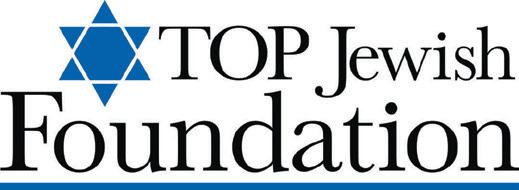
Rabbi Harold Kushner died shortly before I wrote this column. Rabbi Kushner wrote excellent popular Jewish thought, most notably his first and most widely read book, “When Bad Things Happen to Good People,” which was published in 1981, a few years after the death of Kushner’s son at the age of 14 from the rare degenerative disease, progeria.
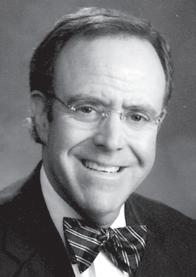
A disciple of Mordecai Kaplan, Kushner was bold in his thesis that God was not the cause of the bad things that happen in life. But God was the inspiration for positive human response to life’s challenges. “The question we should be asking is not, ‘Why did this happen to me? What did I do to deserve this?’ That is really an unanswerable, pointless question. A better question would be ‘Now that this has happened to me, what am I going to do about it?’”
(page 149). And, a few pages later, “How does God make a difference in our lives if He neither kills nor cures? God inspires people to help other people who have been hurt by life and, by helping them, they protect them from the danger of feeling alone, abandoned or judged.” (page 153).
Kushner believed, as I do, that God’s presence in the world is manifest through acts of kindness and love done by us; that while God’s presence can be felt anywhere, it is most likely to be felt in the context of a close-knit community of people.
















































In what was perhaps a statement Kushner wrote as a response to his own loss, he said, “[An] answer to the tragedies in our lives … [is] to forgive the world for not being perfect, to forgive God for not making a better world, to reach out to people around us, to go on living despite it all.” These words were helpful to me at times of my personal losses, and I recommend
































them to others. I’ll be rereading Kushner this summer.



Three other books are on my list.
I am very concerned about the current struggle in Israel over the role of the judiciary, in particular, and the policies of the current government, in general. Daniel Gordis, an American-born Israeli (and, yes, a Conservative rabbi) is a thoughtful commentator on Israeli society. In his new book, “Impossible Takes Longer,” he acknowledges Israel’s current challenges but maintains his optimism for the future. I share his thinking.

I am one of those who think we have responsibility to those who came before us and those who will come after us, so the new book “What We Owe the Future” by William MacAskill caught my eye. The book is part history, part ethics. Like Gordis’ book about Israel, it is optimistic about the future. Because current times feel so challenging, I think we need a vision to motivate our collective action to build a better future.
Finally, I am actually reading a novel.







“The Oppermanns” was written as historical fiction about the life of an affluent German-Jewish family. First published in 1934, the book by Lion Feuchtwanger portrays the world of German Jews as their world was closing in on them.
Okay, one more piece. Jerome Roos, an economist at the London School of Economics, published a column in the New York Times on Sunday, April 23, “We Don’t Know What Will Happen Next.” This, too, is optimistic. The world is what we make it to be. There is much opportunity to do good and create friendship and peace.
I believe that creating friendship and peace is central to the mission of the Jewish people. I’ll find ways to talk about that this coming fall.






I wish you all a restful and peaceful summer.

Rabbi Marc Sack serves at Temple Judea in Fort Myers.
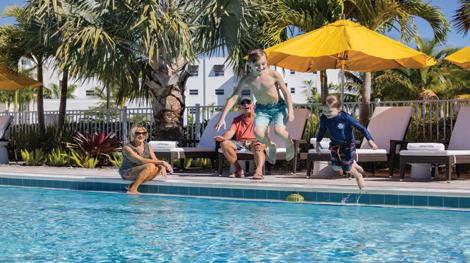
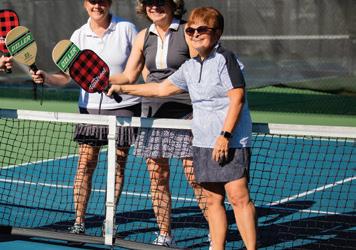


…God’s presence in the world is manifest through acts of kindness and love done by us.
As we come into summer and the longest days of the year, we are also presented with the longest of the parshiyot in our Torah: Parsha Naso, with its 179 verses. Yet, one of the most meaningful passages in the Torah, consisting of only three verses, is found here.
The words are known by almost every Jew. We hear it at the High Holy Days, during the festivals, at weddings and b’nai mitzvah. It is used by parents as they bless their children on Friday night.

I am talking about the Threefold Benediction, the Birkat haKohanim, the Blessing of the High Priest.

The Lord said to Moses, “Tell Aaron and his sons, ‘This is how you will bless the Israelites. Say to them:
May Adonai bless you and keep you;
May Adonai make His face shine on you and be gracious to you;
May Adonai turn His face toward you and give you peace.’
Let them put My name on the Israelites, and I will bless them.” (Numbers 6:23-27)
This is among the oldest of all prayer texts. It was used by the priests in the
Temple when they blessed the people while standing under the Duchan — a large columned portico outside the Jerusalem Temple in what was known as “the Court of the Israelites.”
Today, it is said by Kohanim in traditional congregations during the reader’s repetition of the Amidah in Israel every day, and in much of the Diaspora during the festivals and the High Holy Days. In the traditional ceremony surrounding this blessing, the Chazzan or another synagogue official washes the feet of the Cohanim in the congregation. Then, with their tallit on their heads covering their faces, with only their hands visible, they recite these words. This ceremony is called Duchaning, in reference to its origin.
It also appears in the oldest of all the biblical texts that we have today. In 1979, archeologist Gabriel Barkay and his team discovered two tiny silver scrolls no more than an inch long in ancient burial caves at Ketef Hinnom,
outside the walls of Jerusalem. Eventually, the scrolls turned out to be kemayot, amulets, containing, among other texts, these priestly blessings.
What gives these words their power is their simplicity and beauty. The words of the blessing are poetic in their structure.
The lines contain three, five and seven words, respectively. Sort of a Jewish haiku.
The first line is a material blessing for sustenance, physical health, and so on.
The second, “May Adonai make the Holy Face shine on you and be gracious to you,” refers to a moral blessing. Chein, grace, is what we show to other people and they to us. It is an interpersonal blessing. Here, we ask God to give some of that grace to us and others.
The third is the most inward, and in my opinion the most profound — may God turn the Holy Face towards you.
We are asking that we be noticed. That we be seen. That we matter. We
matter as individuals and collectively because God cares for that which God has created.
When we look at what is happening in our nation and world, we should understand that anger and violence come from the psychological need to prove that we matter. We do things to prove that we have a voice. Sometimes the need to express that voice takes a dark turn. The feeling that one has no control over events in one’s life, the frustration of feeling unheard, leads to anger. And anger can lead to violence.
But if we approach expressing this need to be heard and seen with radical love and not hate, we will be blessed, and we can bring blessing to others.

Radical love means that we become channels for Divine love. Radical love means that we are focused not on ourselves but on another. Radical love is selflessness and sacrifice. And this selflessness allows us to be the point in our world through which love flows.
Let love flow.
Rabbi Sunny Schnitzer serves at Cantor of Bat Yam Temple of the Islands on Sanibel Island.
Three (Gimmel) Tammuz is the anniversary of the Rebbe’s passing. Chassidim don’t make eulogies; they tell stories — messages that communicate who the person who passed away was and hint at what we can do to perpetuate his values.
There was a young boy who grew up in Curacao, a Caribbean Island that is part of the Netherlands Antilles. There were no Jewish schools on the
island at the time, so he was sent to the local Catholic school.
He never adjusted to the school and, as he grew older, the situation went from bad to worse. Partially, it was because of his Jewish identity and, partially, it was because of the difficulties all children face when growing up. His father didn’t know any way out and struggled with his son’s inability to adjust. One night the father had
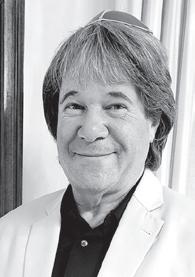
a dream. He saw himself as a young child, sitting on his grandmother’s lap. She was saying to him, “Anytime you are in trouble, the one who can help you is the Lubavitcher Rebbe.” This was the first time he had ever heard of the rebbe.
The next morning, the father went to his shul, a small building near his home. He asked the caretaker to unlock the door for him and went over to the Aron HaKodesh (holy ark), poured his heart to G d and turned to leave.
On a January day in 1984, Rabbi Moshe Kotlarsky, a roving Lubavitch representative, received a telephone call at home from Rabbi Chodakov, the rebbe’s senior aide, “The rebbe wants you to go to Curacao immediately,” he said.


When the rebbe gives a chassid, a directive, he does not hesitate; he acts. Rabbi Kotlarsky took the next available flight to Curacao. Arriving at the airport and not knowing where to go or what to do there, he hailed a taxi and requested to be taken to the synagogue.
Now, there are two synagogues in Curacao, one of which is a historic landmark. By a force greater than chance, the taxi driver, however, took Rabbi Kotlarsky to a small, neighborhood shul instead. Rabbi
Kotlarsky saw a man leaving the synagogue. He introduced himself as an emissary of the Lubavitcher Rebbe. The man nearly fainted; he had just poured out his heart, praying for his son. He told Rabbi Kotlarsky about his son’s difficulties and Rabbi Kotlarsky was able to convince the boy to go to New York for summer camp and then to Yeshivah. There, the boy began to flower.
His thankful father wrote a letter to the rebbe expressing his gratitude. He signed it, “A small Jew from Curacao.” The rebbe answered the letter warmly but objected to the title the father had ascribed to himself. “There is no such thing as a small Jew,” he wrote. “Every Jew has a soul that is an actual part of G d.”
In one of his letters, the rebbe writes that, from childhood on, he would dream of the coming of Mashiach and the redemption that he would initiate. And upon his assumption of the leadership of the Chassidic movement in 5710 (1950), he made this the expressed goal of our entire generation. In doing so, he gave each one of us the privilege and the responsibility to do our part to make Mashiach’s coming actual fact.
Rabbi Yitzchok Minkowicz serves at Chabad Lubavitch of Southwest Florida.
We matter as individuals and collectively, because God cares for that which God has created. Rabbi Yitzchok Minkowicz
“There is no such thing as a small Jew.”
~ Lubavitcher Rebbe
“
Synergy” is when 1 plus 1 equals more than 2. An example is when two individuals are trying to solve the same problem. Separately, each comes up with two possible solutions but, when working together, and cooperatively, they can come up with five or six ideas, not just the 2 plus 2 when they are each alone. The additional ideas are the result of synergy. It’s when the whole is more than the sum of its parts.
That is my definition of the human soul. The soul is the synergistic result of the integration of all the elements of the human mind — both thought and emotion — into one clear, sustained and directed focus.
Most of us are content to have an interesting thought that every now and then may ripen into an idea that soon fades. And, by and large, we allow ourselves to be pushed around by the raw and unharnessed emotions we have at any particular moment.
Others among us learn over time how to think about what we are thinking: why am I thinking this thought? Is it grounded in fact or is it a result of mere assumptions, unexamined beliefs or even prejudices? We, then, are able to connect our carefully evaluated and researched ideas with each other

and, eventually, we create a world view, a broader context by which we make our decisions to act, not to act or to oppose. These same individuals learn to use their emotions to push themselves forward toward their goals; to energize their thoughts into actions and to overcome immobilizing fear and corrosive anxieties. Sadly, for too many of us, emotions are merely mindless self-validating eruptions, which is to say, “I did it because I felt like doing it.”
Others among us use our emotions as the wind in the sails of our little boats that we’ve learned to captain through carefully evaluated past experience guided by the world view. We don’t let ourselves be capsized by powerful emotions. Instead, we learn to use these very intense feelings to push ourselves forward toward important learning opportunities.
Here’s my point: Some of us live guided by clearly focused ideas that fit together and are energized into action by our emotions. All the aspects of our being are integrated into a synergistic whole whose total is greater than the sum of its parts. We have grown a soul.
In my worldview, humans are not born with souls, just with all the elements that can be assembled into one
over time. Becoming a fully mature, realized human being is the same as having successfully grown a soul.
The first law of thermodynamics is that energy cannot be created nor destroyed. It just takes different forms. The energy of thought and emotion in a person who has not grown a soul dissipates and scatters soon after death and becomes something else.
That same energy of consciousness, when amplified synergistically into a soul, also continues after death, but remains intact and retains its focus, information and perhaps even consciousness.
By example, take two C cell batteries and put them in a flashlight. When shining that flashlight toward the night sky, its light will scatter and dissipate very quickly, losing whatever information about the flashlight it might have contained. But put those same batteries in a laser pen and its light will remain focused much longer over much greater distances and the information it carries remains intact. That is how fiber optics work. And a laser beam in space will go on forever until it collides with an object.
Think of the stars we see at night. Many of them ceased to physically exist over the millions of years it took for their light to reach us. Nevertheless, they not only exist for us; we can also learn all about them by analyzing the information their light still carries, so great was their energy.
Each of us who was born with all the elements of a complete human being can grow a soul that continues after death. But growing a soul requires careful and continuous cultivation; it does not happen on its own.
But here is the good news: think of a room that has been sealed in total darkness for 1,000 years. When you turn on a light or open a window, it does not take 1,000 years for the room to light up. It happens nearly instantaneously. If you’ve been a curious and loving person throughout your lifetime, all your “pieces” are ready for assembly. A moment of enlightenment will do it. That takes a proper teacher, but it can be done.
Rabbi Bruce Diamond serves at Community Free Synagogue in Fort Myers.

Language Skills.


The Jewish Family Services division of the Jewish Federation has found that with limited English language skills encounter difficulty accessing social otherwise available in our community. We would like to help break this barrier.
The Jewish Family Services division of the Jewish Federation has found that clients with limited English language skills encounter difficulty accessing social services otherwise available in our community. We would like to help break this language barrier.
If you speak languages besides English, we invite you to serve as an occasional interpreter, by phone or in person, for our clients, when they communicate with various social service agencies.
Do you speak
Spanish, Russian, French, Creole, Haitian, Mandarin, etc ?
Please share your gift of language with the needy in our area
If you speak languages besides English, we invite you to serve as an interpreter, by phone or in person, for our clients, when they communicate various social service agencies.


Do you sp eak
Spanish, Russian, French, C reo le, Haitian, Mandarin, etc.?
Please share your gift of language with the needy in our are
Each of us who was born with all the elements of a complete human being can grow a soul that continues after death.
Every religion has its heroes and role models. For converts to Judaism, the Biblical Ruth, the daughter of the king of Moab, is the archetypical personality. Ruth and her forlorn mother-in-law, Naomi, suffered greatly, losing their husbands in Moab. Without any apparent motive or personal benefit, Ruth placed her lot with the Jewish people. Ruth’s persistence in staying with Naomi and her proclamation, “… Your people shall be my people, and your G-d my G-d. Where you die, I will die…” remain inspirational rallying cries for converts in every generation. She wholeheartedly accepted the tenets of Judaism and became the consummate faithful Jew, and the great-grandmother of King David –the heir to the Messiah.
Cantor Barry Butenskymethods of extracting meaning from scripture), where hidden messages can be revealed. The three Hebrew letters that form her name are Reish-VavTuf. In Gematria, Ruth’s name adds up to 606.
All non-Jews are bound by the covenant of Noah. The Talmud demonstrates how verses in the Torah teach us that when Adam was created, G-d gave him six basic laws of morality to observe. After the flood of Noah, mankind was given one more, not tearing a limb from a live animal. These seven universal laws are known in Judaism as the “Sheva Mitzvot B’nei Noach,” or Seven Noahide Laws.
there also exists this notion. One can remain an outsider, even after they’ve matriculated through the process and committed themselves to a strictly religiously Jewish lifestyle. A convert travels a very lonely road. Can we learn anything else from the example of Ruth as to how one can transition into the ranks of the Jewish people, and ultimately “fit in?”
The secret to success in Jewish commitment might be found in the “surrender to G-d” process that Ruth herself went through. But exactly how does that work?

from the Lord, the G-d of Israel, under whose wings you have come to seek refuge.” (Ruth 2:11-12)

The story of Ruth is read on the holiday called Shavuot (Feast of Weeks). One of the reasons for reading the Scroll of Ruth is that Shavuot commemorates the people of Israel receiving the Torah, just like Ruth did as an individual. Ruth’s very name in Hebrew alludes to this concept. “Gematria” or numerology is one of the techniques of Biblical exegesis (or
As an ethical non-Jew, Ruth had already accepted these seven laws. With her conversion to Judaism, she became obligated in 613. The difference between these two numbers is 606, the numerology of her name. Thus, we find a hint in this matriarch’s very identity to her being a model for conversion. However, her connection to conversion doesn’t end there.
Being a “stranger” to a particular group or faith is normally beset with feelings of isolation or social discomfort. For a convert to Judaism,
The book is not called why bad things happen to good people. It is called “When Bad Things Happen to Good People.” The renowned author of the book, Rabbi Harold Kushner, died in late April at age 88. He wrote it out of his very real experience with tragedy, the death of his son, Aaron, at age 14, from a rare disease. His theology was uplifting and his writing accessible, leading his book to become a bestseller and bring comfort to millions. He assured his readers that God is all-loving and deeply caring about individuals and the world but, alas, God is not all-powerful. God neither causes nor has the ability to stop the tumor cell from growing, the drunk driver from swerving, the hurricane from crashing ashore.
The book is not an answer to why bad things happen; it is a guide for when bad things happen to good people.
When bad things happen, Kushner encourages us not to assume God is at the source, pointing out that we know from our own lives that God does not always give people what they deserve. Nor does the idea of a greater divine plan always bring solace.
Kushner is not willing to excuse or blame God for causing pain, even for a higher purpose. Instead, Kushner looks to the story of creation. Genesis
1:1 reads, “when God began to create heaven and earth, the Earth was formless and chaotic, with darkness over everything.” The chaos of the primordial world is still with us. Perhaps creation is not yet complete, and God is still working to subdue the chaos. Or perhaps God has turned the creative forces over to us.
Above all, Kushner writes in his book, “There is no message in all of that [tragedy]. There is no reason for particular people to be afflicted rather than others. They happen at random, and randomness is another name for chaos, in those corners of the universe where God’s creative light has not yet penetrated. And chaos is evil; not wrong, not malevolent, but evil, nonetheless, because by causing tragedies at random, it
Boaz, the leader of the Jewish people and a kinsman of Naomi’s late husband, Elimelech, has just noticed Ruth, the proselyte, gleaning in his fields. He is overcome by her modest demeanor and kindness and replies “I have been fully informed of all that you have done for your mother-in-law after the death of your husband – how you left your father and mother and the land of your birth and came to a people you had not known yesterday or previously. May G-d reward your deed, and may your payment be full
Ruth is given a blessing from the leader of the Jewish people, “May your payment be full from the Lord … under whose wings you have come to seek refuge.” Perhaps Boaz was conveying to this sincere convert that having tasted royalty, opulence and “the good life” during her previous existence might leave unrealistic expectations upon joining a newly adopted people. Things might get very rough. Even the most idealistic nation has members who often don’t embrace the proper attitude toward newcomers. Ruth is reminded, therefore, that she has entered the comforting wings of the divine presence.
The enduring message for the rest of us is this: one’s ability to “surrender to G-d” is the greatest attribute a person can use in finding his/her place among the chosen people.
Chag Sameach!
Cantor Barry Butensky serves at Temple Beth Shalom in Cape Coral.
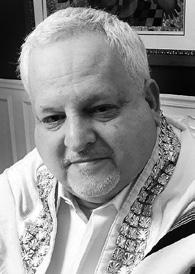
prevents people from believing in God’s goodness. (p. 53).”
When bad things happen, then, what is our response if not to blame God, or find an explanation or greater divine meaning? Kushner writes, “Let me suggest that the bad things that happen to us in our lives do not have a meaning when they happen to us. But ... we can redeem these tragedies from senselessness by imposing meaning on them. The question we should be asking is not, ‘Why did this happen to me? What did I do to deserve this?’ This is really an unanswerable, pointless question. A better question would be, ‘Now that this has happened to me, what am I going to do about it?’” (p. 136).
And this is precisely where God’s power for goodness shines. This is where God enters into our lives. This is where God makes a divine mark on the world.
Kushner explains, “God, who neither causes nor prevents tragedies, helps by inspiring people to help. As a 19th-century Hasidic rabbi once put
it, ‘human beings are God’s language.’ God shows opposition to cancer and birth defects, not by eliminating them or making them happen only to bad people (God can’t do that), but by summoning forth friends and neighbors to ease the burden and to fill the emptiness.” (p. 140)
The power of prayer is real, but perhaps not in the way we imagine. Kushner acknowledges that prayer cannot prevent bad things from occurring, but prayer can bring us a deeper sense of strength and courage and a connection to a source of hope.
Kushner did not believe in an answer to why bad things happened to good people, an explanation that would make sense of it all. But he did believe in a response: “to forgive the world for not being perfect, to forgive God for not making a better world, to reach out to the people around us, and to go on living despite it all.” (p. 147)
May his memory be a blessing, and his words an enduring source of comfort and hope.
The secret to success in Jewish commitment might be found in the “surrender to G-d” process…Rabbi Nicole Luna serves at Temple Beth El in Fort Myers. Rabbi Nicole Luna
“The question we should be asking is not, ‘Why did this happen to me? What did I do to deserve this?’ This is really an unanswerable, pointless question.”
~ Rabbi Harold Kushner
Sometimes, as the year comes to an end, things slow down. But here, it has been full of action until the last day.
I would love to share a quick rundown of the highlights in addition to all the regular activities of shabbat dinners weekly with around 20 students and the weekly classes we have going on.
More than 60 students joined together to celebrate a mega shabbat on campus. What an incredible Jewish spirit. Students were excited to realize how many other Jewish students there are on campus and enjoyed an amazing dinner together, giving a real boost to Jewish pride and the feeling that ‘Am Yisrael Chai’ — the Jewish people are alive.
The mega shabbat was made in honor of this year being a year of Hakel, a year of gathering when we put extra effort to gather together to inspire each other as was done in times of old.
Our university president, Dr. Mike Martin, joined us for the event and announced to everyone the new Jewish center on campus (which I will explain soon). We were also privileged to have Jeffrey Feld, president and CEO of JFGN, and his wife, Susan, joining us.
Hardly a week after mega shabbat, we had an amazing Jewish Heritage Day on the center of campus with various booths of different Jewish themes giving both Jewish and non-Jewish students the opportunity to learn more
about Torah and Jewish life. A special highlight of the day was a 12-foot art mural that the students made with the message of how Torah and Mitzvot add light and energy to the world.
From there, we went straight to Passover, with over 20 students joining together for each of the two seders.
What we found incredible is that for Passover, most of our regulars go home to join their families for the holiday but we still have a large group that gets together as our FGCU Jewish family.
We concluded Passover with a special moshaich meal dedicated to the future redemption that we pray will come very soon.
We have achieved a major milestone for Jewish life at FGCU — Jewish students now have their very own place on campus. The Jewish student lounge is something we have been working on for a long time and, thanks to University President Mike Martin, it is now a reality.
The Jewish center is in the heart of campus, in the library, and is a place where students can come to hang out, grab a kosher snack and meet other Jews.
We’ve been having classes there and we plan to use it for classes and small social events next semester in addition to being a lounge and center where students can meet, chill and study. To book a time to see the Jewish student lounge, please reach out to me (contact details below).
We finished the semester on a bang, with a grand banquet celebrating our seniors and reminiscing on an amazing year at Chabad.
We can’t wait to all get together again with everyone for fall semester.
Chabad will be open throughout the summer with a full plan for social and education programs for those students who will be in town.
For more information or to connect a student, please reach out to me at 239-355-8481 or rabbi@ chabadfgcu.com.
ISRAEL TRAVEL GRANT
At the time of this writing, we just concluded our final day of religious school for the year. For me, it was my final day of religious school at Temple Judea. While it was wonderful to see so many children engaged and having fun learning together, for me, it was sad, as it would be the last time I would see the kids together.
I have been at Temple Judea for five years now. You have read my words “I’m so excited…” and “I can hardly believe…” for roughly 60 publications. That’s how it goes with teaching. The kids energize you, and you can hardly believe what they do. Today, it is hard to believe that my time at Temple Judea is over.
I’d like to thank our families, who made everything happen. Without your desire for Jewish education, there is no school. Your support of the school, and confidence in me to guide us through COVID and a hurricane year has been the foundation that has allowed us to do all that we do. I also want to thank the kids: I know you are tired; sleepy in the morning and exhausted after school in the afternoon … but you always pulled through, gave an honest effort and always found fun in what we were doing.
I also need to thank our teachers, past and present, Morah Iris, Morah Marit, Morah Bari, Morah Chanah, Morah Hannah, Morah Gila, Morah
Avigail, Morah Tali, Morah Linat and Moreh Elijah. Your dedication, cre ativity and love of teaching children and Jewish education has been the life blood of the school.
I’d also like to thank Temple Judea. Five years ago, you hired a public-school teacher who had been Jewish for about 10 minutes to guide the religious school. In those five years, you have supported my educational endeavors, which, in turn, have helped our school and congregation. We went through JTS together, endless evenings of Hebrew homework and cantorial lessons. My one regret is that after such an investment, Temple Judea will not reap the benefits of the seeds sown.
Normally, at this time of year, I am writing an article about special pro gramming that I’d be planning for the fall, a special summer program or pre paring for the High Holidays — yes, the planning is normally underway this early. This time, I can’t do that. All I can say is that what comes next will be new, creative and different. Necessity breeds creativity. There are wonderful people here who will create wonderful things for the children. Of this, I have no doubt.
For more information about the Temple Judea Religious School, its programs or volunteer opportunities, please contact Rena Essrog, our reli gious school committee chair, by email at rfessrog@msn.com.
is available through TOP Jewish Foundation of Lee & Charlotte Counties and may be used for travel to Israel to participate in programs that are volunteer or educational in nature.


OUR HOPE
2
THIS GRANT
is for Jewish residents of either county who are 25 years old or younger and can demonstrate a financial need. Academic standing and community involvement may also be considered.
is that these programs will enhance Jewish knowledge and identity in preparation for participation in American Jewish life. 1 3

is proud to offer the Stevan & Marilyn Simon Family Scholarship. This scholarship is open to those at least high school age who demonstrate leadership qualities and will be participating in a 2-week or longer program in Israel. A short essay is required.
FOR MORE INFORMATION, VISIT JEWISHFEDERATIONLCC.ORG/SCHOLARSHIPS
PLEASE SUPPORT THE ADVERTISERS WHO SUPPORT OUR FEDERATION AND HELP MAKE L’CHAYIM POSSIBLE.
Pesach, Yom Ha’atzmaut and our open house were the biggest things that happened here in April. We celebrated Passover at the beginning of the month. During religious school, we all got together in our Dubin center and had a Sweets Seder. It consisted of chocolate, candy, fruit, matzah, and lots more sweets. We did the seder while eating many delicious foods that were interpretations of typical seder plate foods.
Our Kindergarten to first-grade class made its own model Red Sea with blue cotton candy, with Swedish fish and Sour Patch Kids to act as the Israelites crossing the body of water.
The second to fourth graders each made their own seder plates that had candy bones (shank bone), Sour Patch watermelon (maror), chocolate eggs (hard-boiled egg), mixture of Chex, raisins, mini M&M’s, mini marshmallows and mini chocolate chips (charoset), and many more things.
Our fifth- to seventh-grade class did the 10 plagues with things like Sour Patch Kids, gummy worms, red hots, gummy frogs, and more. The kids learned hand motions for the four questions, and we all had a blast being together.
On the second night of Passover, some of our students sang and performed the hand motions to the four questions at our Community Seder
at Grandezza. The kids did a great job showing off their hard work and what they had learned during religious school.
The Kindergarten to first-grade class learned about Yom Ha’atzmaut in preparation for our celebration at school at the end of the month. In this lesson, students learned about the traditions associated with celebrating Israel’s Independence Day, including waving flags, singing “Hayom Yom Huledet” and “Hatikvah.” The kids all got to make their own Israeli flags in honor of Israel’s 75th birthday.
During the month, the students also learned about shalom bayit. Maintaining peace in the home is a Jewish value referred to in Hebrew as shalom bayit. It emphasizes the importance of working together as a family to make the home a nurturing, harmonious environment despite whatever chaos, stress or conflict may challenge peace. Each student also made thank you cards for members of their family.
In the fifth- to seventh-grade class, students discussed learning about peace and how it relates to Judaism. They also talked about how peace relates to the Israeli-Palestinian Conflict and how we can find peace together. At the end of the month, when we held our Religious School Open House and Barbecue, the students were able to get into the
APPLICATION
DEADLINE
MAY 30TH 2023
Regional (Southeast USA) Camps
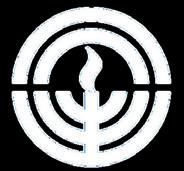
The Jewish Federation of Lee & Charlotte Counties camp scholarship program helps families with elementary and middle school children with the cost of tuition for regional Jewish overnight camps.


To be eligible, campers must live in either Lee or Charlotte Counties, identify as Jewish, and be registered to attend an eligible overnight camp. Camp scholarships are based on financial need and awarded by the scholarship review committee as part of an anonymous review and allocation process.
Parents in Lee and Charlotte counties whose children are enrolled in PJ Library participated in the survey.
Parents in Lee and Charlotte counties whose children are enrolled in PJ Library participated in the survey.
For more information, contact Debbie Sanford debbiesanford@jfedlcc.org or visit; jewishfederationlcc.org/scholarships
kitchen and prepare freshly made hummus, which is a traditional food served during Yom Ha’atzmaut.
The second- to fourth-grade students discussed the holiday of Pesach and made custom seder plates. They also discussed the holiday Yom Ha’atzmaut, explored Israel through pictures and created their own map of Israel with important cities located on it. During our open house, they got the chance to cut up peppers and tomatoes for our homemade Israeli salad.
Our religious school open house was so much fun. We met new families that will be joining us in the upcoming school year. We taught the new kids and families our morning
prayers during tefilah, and they got to go into their perspective classrooms. They prepped food in the kitchen for our Yom Ha’atzmaut celebration and enjoyed a delicious barbecue lunch. In addition, we had our bounce house and even a birthday cake for Israel.
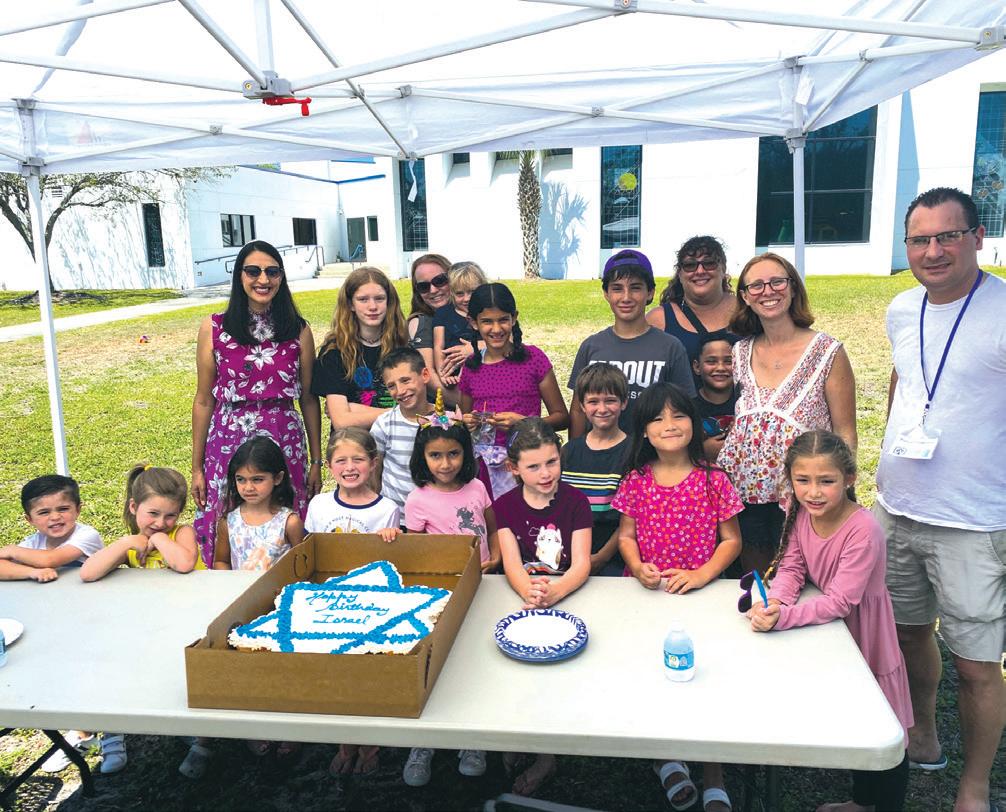
As of this writing, we start to wind down our current school year and begin to get super excited for the 2023-2024 school year. We are planning lots of events for parents, kids and families.
If you are interested in joining us for next year or have any questions, contact Religious School Coordinator Allison Fego at religiousschool@ templebethel.com.
Results of a recent national survey of 25,000 families conducted by PJ Library
Results of a recent national survey of 25,000 families conducted by PJ Library
Parents in Lee and Charlotte counties whose children are enrolled in PJ Library participated in the survey.
Results of a recent national survey of 25,000 families conducted by PJ Library
Results of a recent national survey of 25,000 families conducted by PJ Library
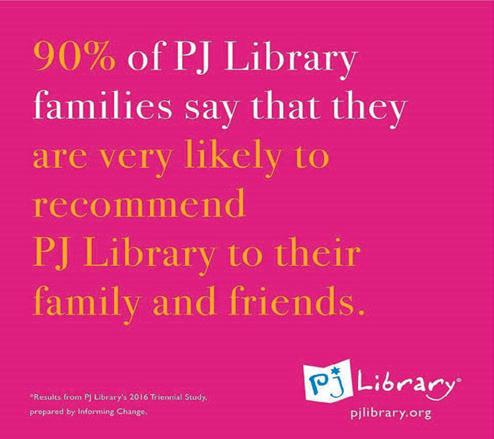
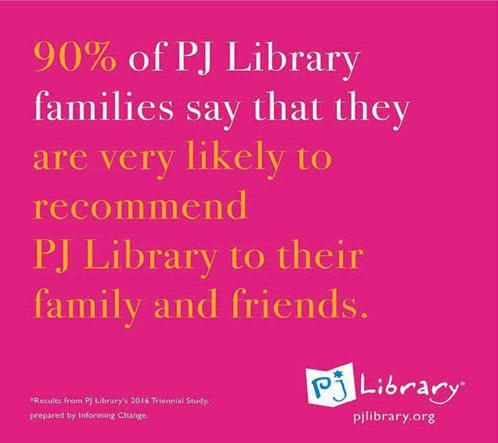
Parents in Lee and Charlotte counties whose children are enrolled in PJ Library participated in the survey.




PJ Library is making a difference in the lives of families raising Jewish children..


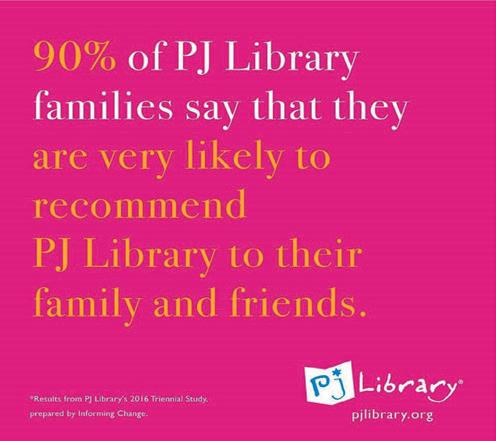

PJ Library is making a difference in the lives of families raising Jewish children.
PJ Library is making a difference in the lives of families raising Jewish children.
Bat Yam Temple of the Islands enjoyed a special shabbat on April 28, honoring Rabbi Stephen Fuchs who, a few weeks earlier, had announced his retirement. He has served as Bat Yam’s rabbi for six years.
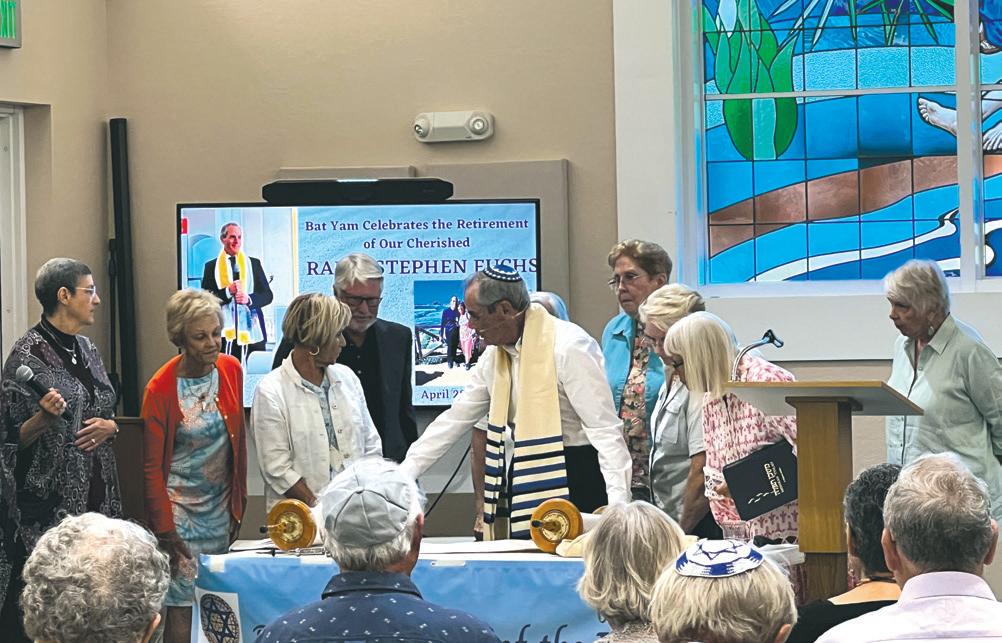

Coincidentally, April 28 was also the seven-month anniversary, to the day, of Hurricane Ian. Our sanctuary in the Sanibel Congregational United Church of Christ remains damaged from the hurricane and we had to seek another venue. Luckily, Jewish Federation has been allowing us to use its community room for services and meetings. For this special shabbat, Peace Lutheran Church kindly offered to accommodate us and our many guests from SCUCC, friends of the Fuchs from Beachview Tennis Club and neighbors from the Sanibel community of Farm Trail. More than 100 people attended the celebration, including 38 who participated via Zoom.
Following the shabbat service, which was enhanced by the beautiful voices of recently retired cantor Murray Simon and Rabbi Sunny Schnitzer, the congregation listened to speeches

by dignitaries from both congregations. These dignitaries included Cantor Murray Simon (mentioned above); Reverend John Danner, recently retired from SCUCC; current pastor Dr. Mark Boyea; Alan Lessack, a two-term president (he was president at the start of Rabbi Stephen’s time with Bat Yam); and Rabbi/Cantor Sunny Schnitzer, our incoming Rabbi.
Several presentations followed. Cantor Simon’s retirement celebration, which had been scheduled to take place after Yom Kippur, was postponed due to the arrival of Ian. So, he and his wife, Toby, were recognized for their service and friendship to Bat Yam. A gift was made in memory of their late daughter, Rachel, to the Rachel Simon Theater Project in Israel.
Reverend Danner’s heartfelt speech indicated the strong bond he and Rabbi Fuchs had developed, jointly leading their congregations to Israel, exchanging pulpits over the years and a mutual love of puppets. Reverend Danner presented Rabbi Fuchs with an angel puppet he had made.
Bat Yam President Janice BlockChaddock presented Rabbi Fuchs with a beautifully bound book, entitled “Finding Ourselves in the Teachings of Rabbi Stephen Fuchs.” It was written and compiled by congregants from both the SCUCC Church and Bat Yam Temple and filled with pictures. She also presented the rabbi and his wife, Vickie, with two gold lapel pins designed by Scot and Melissa Congress, showing a Magen David enfolding the island of Sanibel.
The evening ended with a celebratory feast provided by Bat Yam congregants, during which many comments, like those we share below, were overheard:
“So proud to know such a charismatic Jewish leader.”
“The Rabbi is beloved by his community.”
“So happy to be here to honor your loving service to Bat Yam family.”
“Mazeltov! Thank you for all you have contributed to our lives.”
“You elevated our knowledge and love of Judaism.”
The Fuchs have decided to continue living on Sanibel, to enjoy sunrise and sunset walks on the beaches and play tennis. Vickie says she looks forward to seeing the congregation continue to thrive so, it is not good-bye. It is bien tot! See you soon!
Although our summer season means the end of our formal Friday night shabbat services, Bat Yam still welcomes members and guests to join us for summer events. Services will be held in person and via Zoom at 7 p.m. on the first Friday in June, July and August, led by lay leadership. As in previous summers, we will meet at

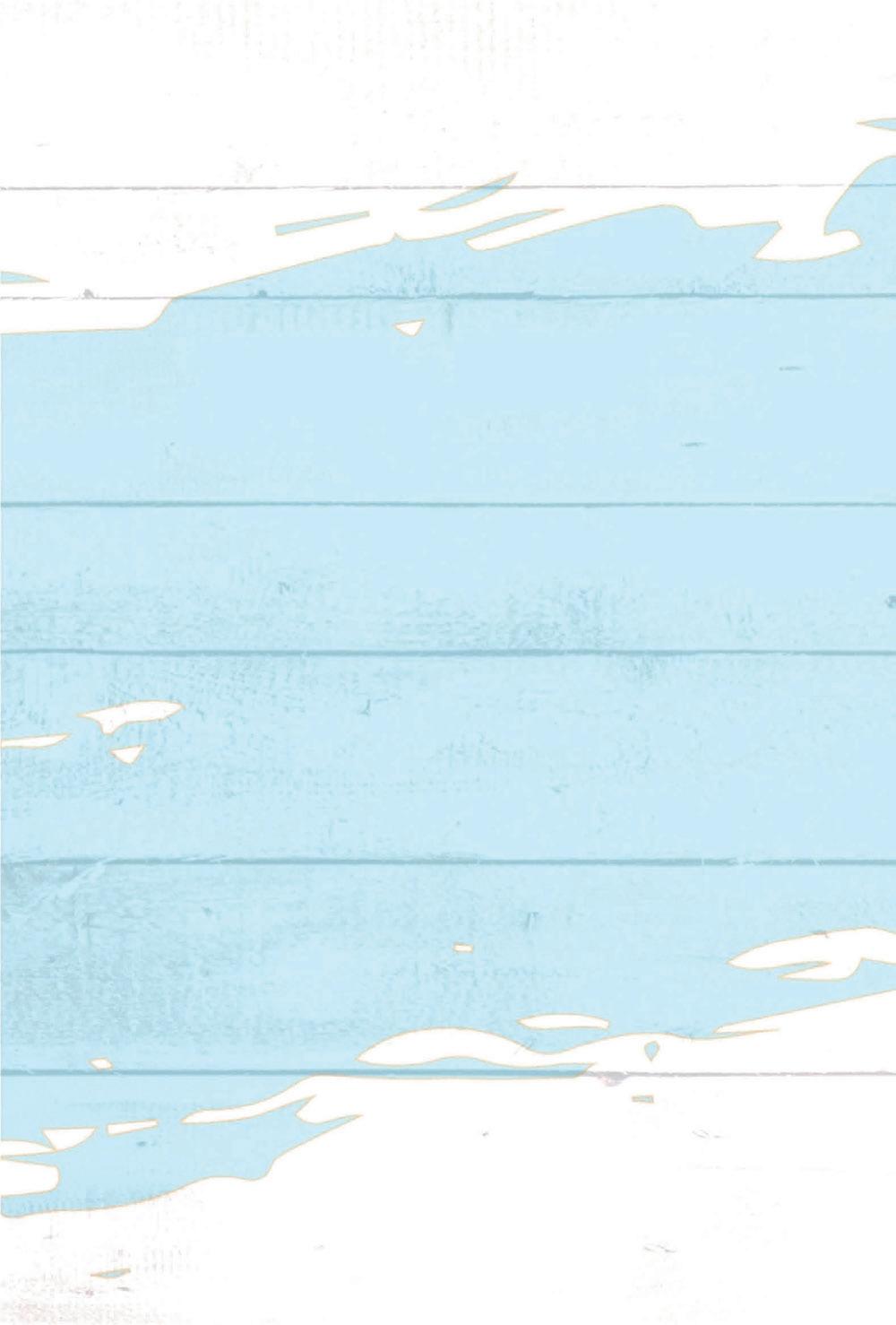
a local restaurant for dinner prior to services. If you are on our mailing list, you will hear from us.
For more information and any questions, please check our website and/or email us at batyamsanibel@ gmail.com.
Have a wonderful summer and stay in touch!
The mission of the CRC of Lee & Charlotte is to proactively advocate for and ensure the rights, interests, and values of our Jewish community. W



For more information or to join, contact Debbie Sanford at 239.481.4449 ext. 6 debbiesanford@jfedlcc.org


(239) 218-3433 • www.shalomlifecenter.org
Shalom Life Center is Southwest Florida’s premier warm and welcoming home for contemporary Jewish life with a passionate commitment to community and spiritual growth, where everyone is always welcome to be a part of our amazing SLC family!
Shabbat evening services are held every Friday at 7:30 p.m. Every Saturday morning at 10 a.m., SLC offers an interactive and participatory Torah and Kabbalah study led by Rabbi Dermer with a focus on the relevance of our timeless traditions and bringing the ancient wisdom of Torah into our daily lives.
At SLC, we offer individualized bar/bat mitzvah preparation, Torah
and Kabbalah study, Women’s Circle, Men’s Club, Book Club, Yiddish Culture Club, The Shalom Shmoozers Social Club, special events, concerts, dinners, and so much more. If you’d like to learn more, please send us an email or give us a call.
Shalom Life Center also offers many other opportunities to enhance your Jewish life and learning as well as further your involvement in community service while making friends in a warm and welcoming community.
Let your spirit soar at Shalom Life Center, where community is family and prayer is always inspirational, meaningful and musical. For more information, visit www.shalomlifecenter.org.
Myers
(239) 433-0201 • www.tjswfl.org
Exciting events are happening in June at Temple Judea.
The Tzofim-Israeli Scouts will perform Monday, June 19, 6:30 p.m. at Temple Judea. Join us for an evening of song and dance by 12 talented young Israelis. An ice cream reception follows. The event is sponsored jointly by Temple Judea, Temple Beth El, and Jewish Federation of Lee and Charlotte Counties.
Temple Judea Religious School is on
summer break until August. Contact the office at 239-433-0201 for information about our next semester.
Supporting the Heights community
Temple Judea continues to support the Heights Center with school supplies. As we have the past three years, we will collect, sort and help distribute school supplies to the Heights community.
For information on Hazak upcoming events, please contact the office at 239-433-0201.
Myers
(239) 433-0018 • www.templebethel.com
April was a super active month for Temple Beth El. We had a huge presence at IsraelFest on April 2nd. Our Men’s Club, Sisterhood, Religious School, Heritage & History Club … and more were represented, and we had two raffle basket winners. Six days later, over 140 folks broke matzah together at TBE’s second night seder held at The Club at Grandezza. The Men’s Club held its Wigs & Waffles event and the movie “Shalom Italia” was shown in remembrance of Yom HaShoah. TBE’s Israel Independence Day Celebration was held in April with amazing video clips of the beautiful land of Israel and personal interviews with lone soldiers. The falafel served was delish!
If April was busy, then May was busting with activities, starting with the b’nai mitzvah of Kai and Joshua
Schwartz. Mazel tov, Kai and Joshua. May’s Ladies Who Lunch was held at Il Pomodoro Italian Restaurant, and was a hit, once again. Bo Lieberman manages to scout out great venues and make each event more enjoyable than the last. To join in the fun, you do not need to be a member to attend, but you do need to register. Contact the office at 239-4330018 or register by email. If you’ve not yet attended Ladies Who Lunch, be on the lookout for the next one.
June begins with our Learning Tree graduation. Seeing the smiles on the faces of our youngest students and their families is a great way to start the month. Congrats to the Heligman family, who are having a baby naming on June 9. Cantor Beth Schlossberg will join Rabbi Luna on the bima that evening. Happy Father’s Day to all on June 18.
Temple Beth Shalom is really a vibrant happening place!
Saturday morning services and Torah study twice per month are followed by a light lunch. Friday evening Kabbalah services sometimes include dinner. It is in this way that we come together and get to know one another in a wonderfully bonding experience.
Are you unaffiliated or just not feeling the love from your present congregation? Come try us out. We know you will enjoy our lively services and it will be a chance to experience our warm and welcoming environment. Our services are unlike any you have ever attended.
Chaverot is planning a yoga event for all abilities and experience, led by Fran Yungher. It will start with a beginner class, including stretching, and continue with work for the more experienced. Comfortable clothes and yoga mat are recommended. Contact Lynn Talone at 239-433-0201 or talonefm@ comcast.net for details.
Temple Judea continues to accept food donations to the Cadkin Foundation Food Pantry at Jewish Federation and feminine hygiene products for Cycle Forward. There are collection envelopes near the front door for contactless monetary or gift card contributions. Contributions may also be mailed. Please call the office to ensure your contribution has been received.
Not sure yet? Come to our “Get to know us” barbecue June 11, 2023 at 4 p.m. There will be food, music and other surprises. Tours of our beautiful, newly designed sanctuary and social hall will be available. Meet Cantor Barry Butensky, our spiritual leader, as well as our members who we call family. We ask that you RSVP to Membership Chairperson Peri Pantazes at 239-772-4555.
Temple Beth Shalom used to be the best kept Jewish secret in Cape Coral. Not anymore! Come see what we’re all about. You’ll be glad you did.
Temple Judea is conducting in-person services with an online Zoom option. Synagogue members can use the Zoom ID and password as published in our weekly megillah. Non-local residents may contact the synagogue for information.
Regularly scheduled events
• Friday evening Shabbat services, preceded by wine and cheese at 6:15 p.m.; services at 6:30 p.m.
• Saturday morning Shabbat services at 9:30 a.m.
• Kiddush luncheons will be served every Shabbat. To sponsor, contact JoAnn Lewin.
• Morning minyan every Monday at 9 a.m.
We’d love to see you in person or on Zoom.
Please note, our office will be closed on June 19 in honor of Juneteenth, a federal holiday commemorating the emancipation of enslaved African Americans. After a very full April and May, June is a quiet month. That does not stop our recurring Temple Beth El programs, which include:
• Nonperishable food items can be dropped off in the temple lobby shopping cart whenever the building is open.
• All are welcome Saturday mornings, 9 a.m., for Torah study with Rabbi Luna on Zoom, including while she is away.
• Book Club is the first Wednesday of the month, 2:45 p.m., via Zoom.
• Tot Shabbat is June 2 and July 7. This is a kid-friendly service at 6 p.m. Come for the fellowship, the pizza and the fun. Please RSVP to be sure we have enough food: 239-433-0018.
• History & Heritage of Our People is the third Tuesday of the month, June 20, 7 p.m., via Zoom.
• Shabbat services open to all: Fridays, 7:30 p.m., live in the sanctuary, via Zoom as well as streaming on Facebook.
• 12-Step Recovery Group meets every Saturday, 11 a.m., via Zoom. Experience the Twelve Steps from a Jewish perspective, seeking a path to recovery through Judaic spiritual principles. We are a fellowship of people who are recovering from alcohol, drugs and other addictions such as food, gambling, sex, shopping, etc... The book we use is “Twelve Jewish Steps to Recovery” by Rabbi Kerry Olitzky and Stuart Copans, M.D., second edition.
To learn more about Temple Beth El and our special events, Shabbat services, and recurring programs, visit our website at templebethel.com. There’s always something happening here, and our members make it happen: Current Events, Coffee & Chat, Theology & Life, Francophone & Hispanophone Group, Environmental Group, Solo Travelers, Caring and Visitations ... Follow us on Facebook, @TempleBeth ElofFortMyers, and on Instagram, @ templebethelfortmyers. You can always contact the office at 239-433-0018.
Temple Beth El … where everyone matters



(239) 433-7708 • www.Chabadswf.org
What a great Lag B’Omer and Shavuot holiday. Thanks to all who joined and celebrated with us.

Please join us for prayers, Torah study and community holiday celebrations:
Prayers
Monday, Tuesday, Wednesday and Thursday, 7 a.m. and 7:30 p.m.
Friday evening, 7:30 p.m. Saturday morning, 10 a.m. and 7:30 p.m.
Live Classes – Kabbalah class, Saturday, 9 a.m.; Jewish Law class, Saturday, 7:45 p.m. Online classes at https://www.you tube.com/@Rabbiminkowicz
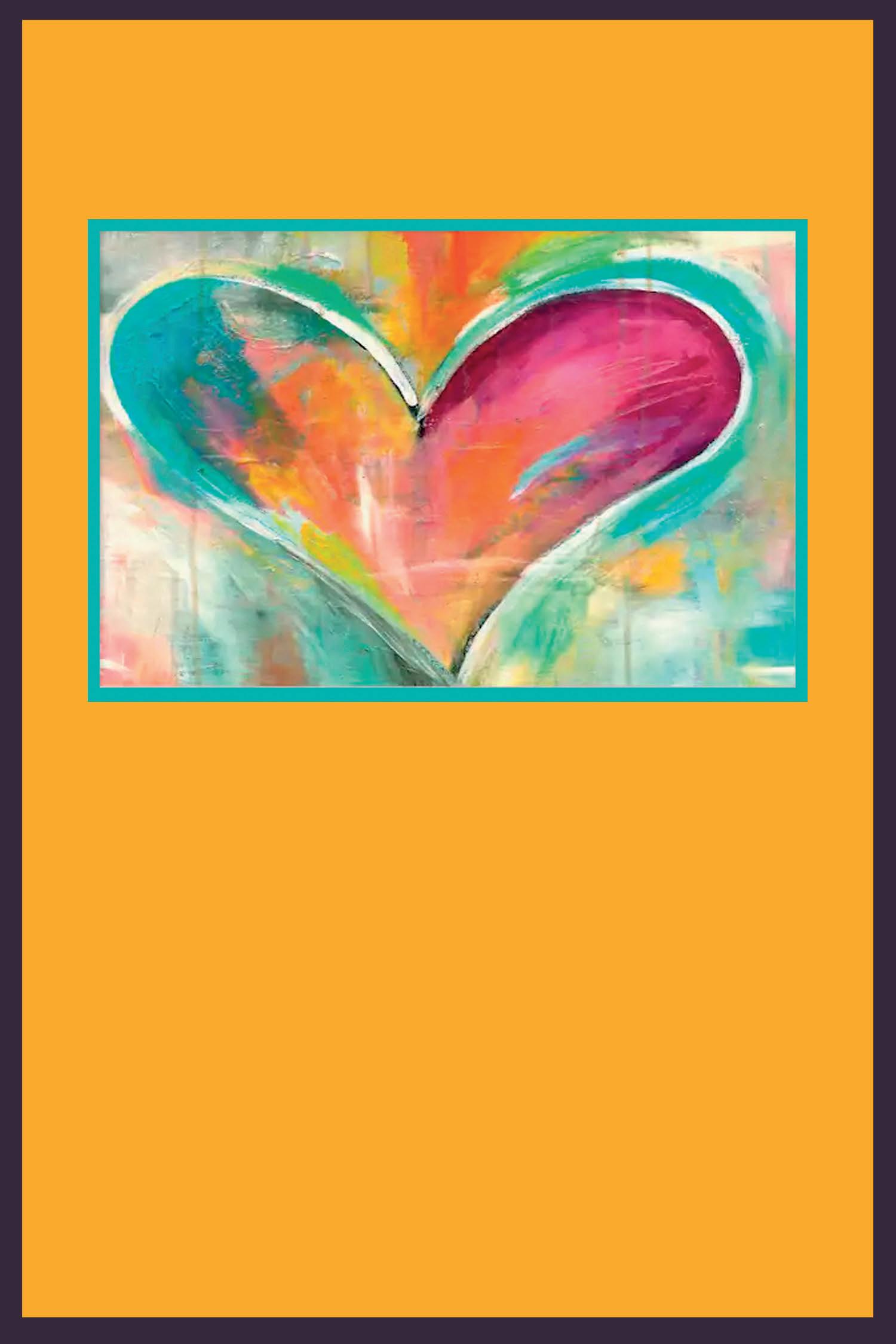
(239) 247-4556 • www.fortmyerssynagogue.com

Our deepest condolences are extended to the family of Dorothy Aszkenas and to her partner of 50 years, Mary Kelly. A committed C.F.S. participant, Aszkenas lived to be 97 and was an inspiration to us all.
We are indebted to Lt. Fortunato Mazzatto and Sgt. Morgin Evan of the Lee County Sheriff’s Department Real Time Intelligence Center for their briefing to C.F.S. via Zoom at the end of April. It was reassuring to learn about the department’s sophisticated monitoring of the threat conditions in Lee County. They informed us that there was nothing “on the radar” to cause special concern to the local Jewish community and that the identifiable incidents of antisemitism in Lee County are very rare and minor. A recording of the briefing is available on the synagogue’s website at www.fort myerssynagogue.com.
Free Sabbath eve meals begin at 6:30 p.m. each and every Friday; they are free and open to the public. You are welcome to bring a nondairy dish to share, dessert or a bottle of wine. Worship follows at 7:30 p.m. followed by a social hour.
Sabbath morning Torah Study with the rabbi, from 9:30 to 11 a.m. each
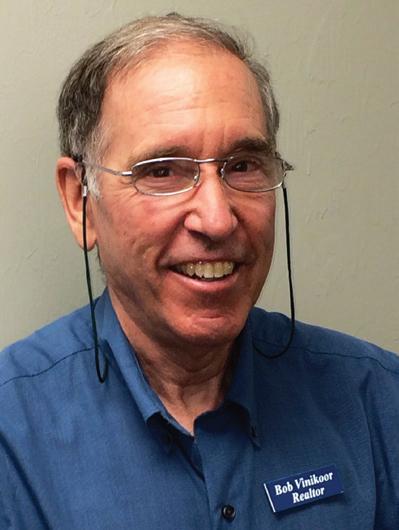

week, is now on Zoom only. The C.F.S. Zoom room is easily accessed through the synagogue’s website, www.fort myerssynagogue.com. Now in its 25th year, it is the longest running Jewish adult education class in Southwest Florida, and it welcomes students from around the world.
The rabbi has given Community Free Synagogue the Hebrew name Anshay Hesed. Hesed conveys a range of meanings including kindness, grace, benevolence and altruism. C.F.S.’ new name means the people of Hesed. The first synagogue of the name was founded in New York City in 1829.
Now in its 18th year, Rabbi Diamond leads the Community Free Synagogue, which is “modern traditional,” observing traditional forms of worship and study while embracing more inclusive contemporary values and ethical standards. It meets on the Unity of Fort Myers campus at 11120 Ranchette Road.
All C.F.S. events and programs are free, open to all, without financial solicitations or membership requirements. Its purpose is to enable the “work of the sacred” — study, worship and benevolence in a harmonious setting of mutual respect and genuine affection.
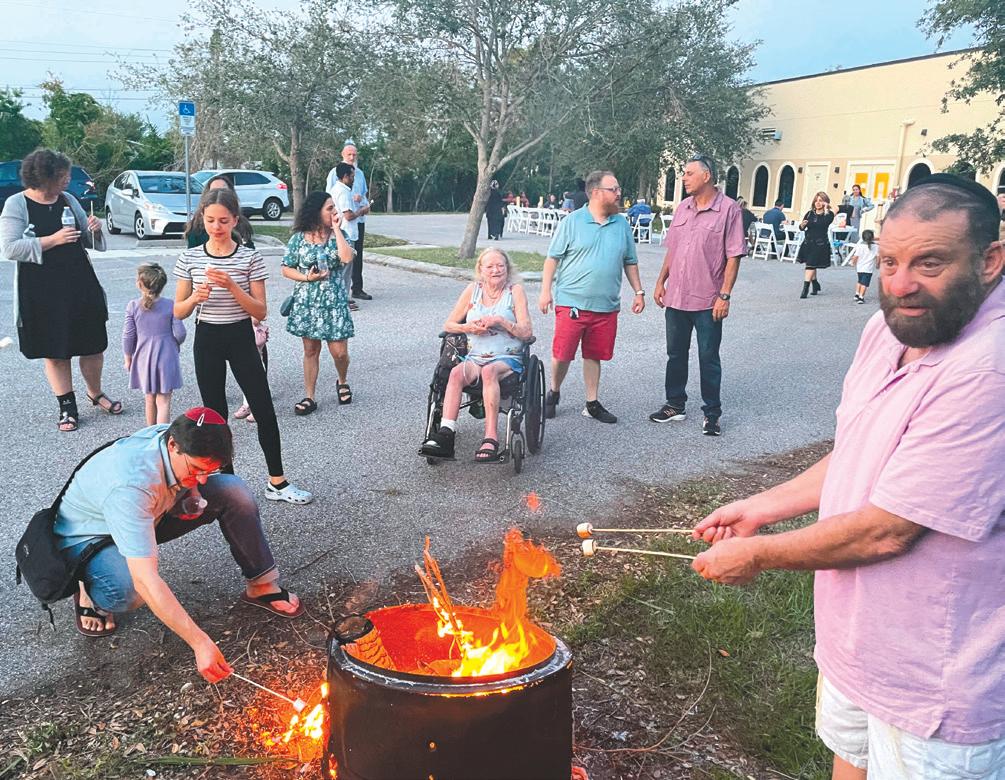
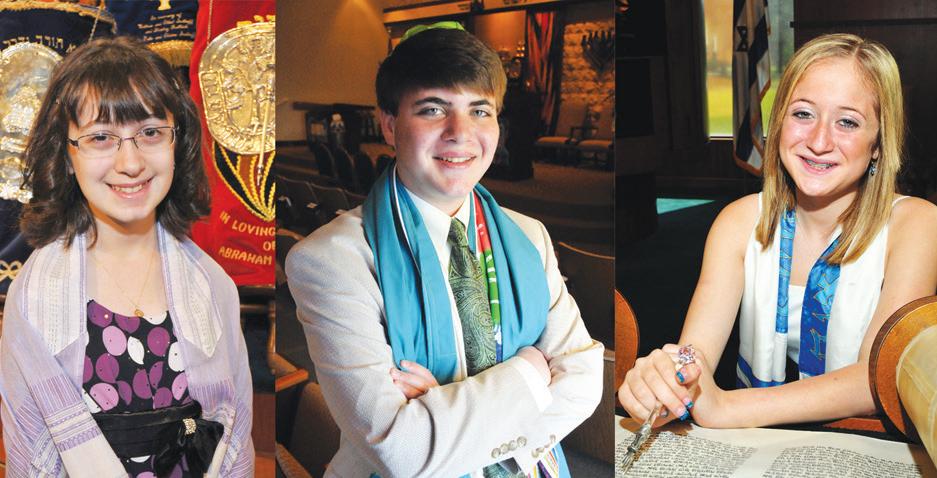
genshoah@hmcec.org

There are many days on the calendar that commemorate historical events. What is the purpose of this? Some historians state that the importance of marking important events or people is to allow individuals to remember those who have gone before as well as to encourage people to think of the past and how the past can give lessons about how to have a better future. Others add that commemorations can contribute to the promotion of human rights.
The Jewish calendar has many dates of significance and poignancy, reflecting the long, rich and often difficult history of the Jewish people. Three Holocaust commemorations on Jewish calendars are Kristallnacht, International Holocaust Remembrance Day and Yom HaShoah. Kristallnacht, the Night of Broken Glass, in November, is often said to be the beginning of the Holocaust. It is when, in 1938, hundreds of synagogues and Jewishowned businesses throughout Germany were destroyed.
International Holocaust Remembrance Day, Jan. 27, was designated by the United Nations. That date is the anniversary of the liberation of Auschwitz-Birkenau by Soviet troops in 1945.
Each spring since 1951, Jews mark Yom HaShoah, the most solemn and painful commemoration of the year for most Jews. The Israeli Parliament selected the 27th day of Nissan for Yom HaShoah as that date is the anniversary of the Warsaw Ghetto uprising.
The Friends of the Simon Wiesenthal Center stated, “despite the passage of time, the excruciating pain of the Holocaust doesn’t lessen. The murder of 6 million Jewish men, women and children will forever remain a searing wound for us. Such is the magnitude of the tragedy; it will always haunt us.” Thus, the necessity many feel to have special dates to commemorate Jewish victims, and non-Jewish victims, of Nazi oppression, as well as to remember rescuers and liberators and those who have no relatives left to remember them.
Survivors light candles
Eli Wiesel said, “If the Holocaust is forgotten, the dead will be killed a second time.” Let us not be among those who will kill the dead a second time. And, hopefully, we will use these commemorations to motivate us to contribute to the promotion of human rights and help us think of ways we can help make a better future.
This year, the annual Greater Naples Yom HaShoah Commemoration took place on April 17 at the new Nina Iser Jewish Cultural Center with over 250 people in attendance. A ceremony, including candlelighting and legacy reading, took place. Survivors, second, third and one member of the fourth generation participated, along with local rabbis and cantors. The ceremony was followed by a theatrical presentation of “Remember: The Story of Abe Price.” The play dramatized the life of late local Holocaust survivor Abe Price
who escaped Nazi captivity five times, including having been imprisoned in Auschwitz-Birkenau. This production, presented by Gulf Shore Playhouse, poignantly sends Price’s message to “never forget.”
The Jewish Federation of Lee & Charlotte Counties commemorated Yom HaShoah with a program featuring guest speaker Dr. Robert Hilliard, local clergy and a musical performance at Shell Point Retirement Community.
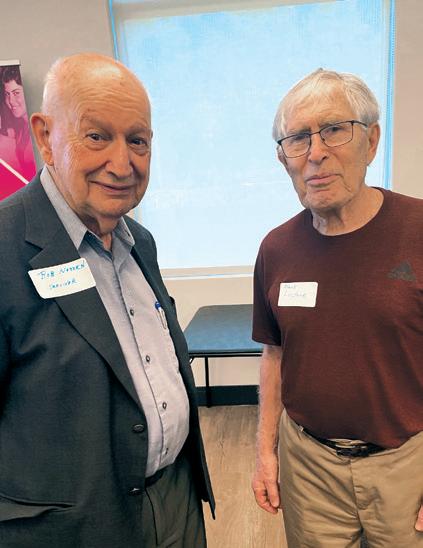
Prior to the Greater Naples Yom HaShoah commemoration, GenShoah SWFL sponsored a reception for Holocaust survivors and members of GenShoah SWFL.

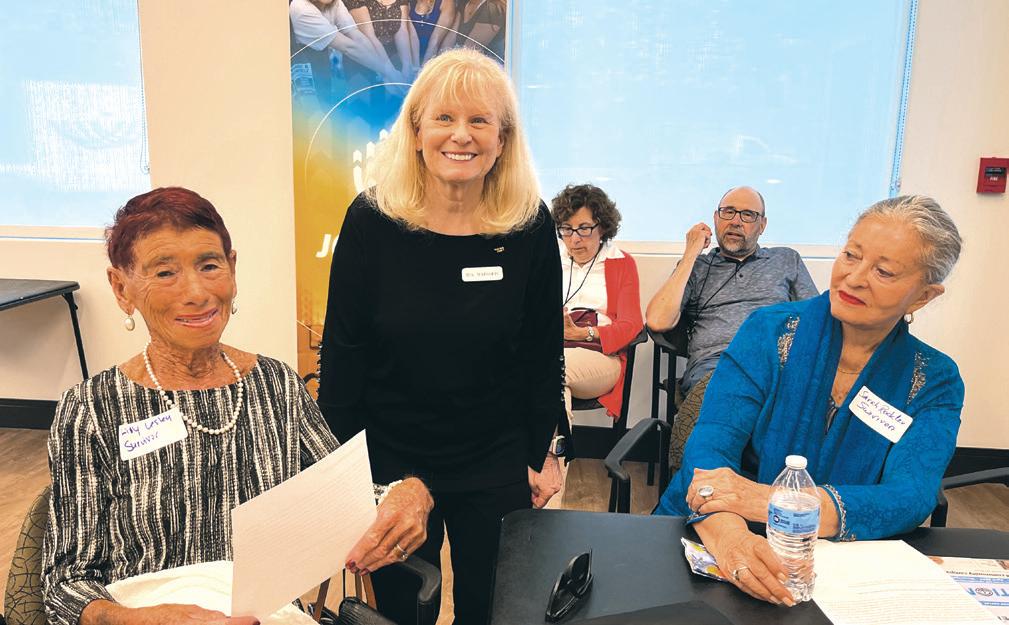

Any children of Holocaust survivors or any individuals interested in the mission of GenShoah are welcome to become members and receive the GenShoah e-newsletter. Contact Shelley at liebro@gmail.com.
Choosing the right photographer is an important decision.
Michael Shapiro has more than 30 years experience in media and journalism. He is able to capture images that are unique, unexpected and spontaneous.
Choosing the right photographer is an important decision.
Michael Shapiro has more than 30 years experience in media and journalism. He is able to capture images that are unique, unexpected and spontaneous.
Choosing the right photographer is an important decision.
Michael Shapiro has more than 30 years experience in media and journalism. He is able to capture images that are unique,

239.770.6860
www.shapiro-photography.com
mike@shapiro-photography.com www.shapiro-photography.com
239.770.6860
mike@shapiro-photography.com www.shapiro-photography.com
Last month, I promised updates on the many medical miracles and programs initiated by Hadassah and Hadassah Hospital. You’ll see how we are spreading healing and hope and how our medical breakthroughs and advocacy are improving the lives of people around the world.
Cardiovascular disease is the leading cause of death in women. Too often, it is underdiagnosed and undertreated. As a result of research at the Pollin Center at Hadassah Hospital, many new heart centers for women are opening throughout the world to address disparities between men
and women, enhancing women’s knowledge and awareness, and improving outcomes.
The incidence of diabetes and heart disease is 60% higher in Arab women than in Jewish women, so Hadassah has trained Arab women to become Health Promotion Leaders. These women are now running intervention programs, teaching people in their communities about healthy lifestyles.
Hadassah Medical Organization is making breakthroughs to improve life for people with multiple sclerosis and ALS. HMO researchers found evidence that stem cells injected into
(239) 566-1771
The original Jewish community of St. Maarten, an island shared by Holland and France, started with Jews who sought refuge from the Iberian expulsion of 1492. Beginning with Christopher Columbus’s first cross-Atlantic voyage, some Jews sailed far into the unknown, away from European persecution.
After the Portuguese defeated the Dutch in Brazil in 1654, Brazilian Jews scattered to Amsterdam, Holland, Surinam, Africa, British Barbados, Martinique, Nevis and Curacao, which they turned into major Jewish spiritual leaders for America’s first synagogues. Other than crystalizing sugar, many found fortune in pirate-loving Port Royal. Not the one in Naples, Florida! The real one in Jamaica! 23 others managed to make it to New Amsterdam.
Since the early 1700s, the Dutch encouraged Jews to settle on St. Eustatius, a Caribbean Island not far from St. Maarten. Jewish presence always meant a lively merchant community with the multitude of advantages it created.
At the start of the American Revolution, two famous cousins, King Louis XVI of France and King Charles III of Spain, formed the trading company to stockpile munitions on St. Eustatius before shipping them to the American colonies where they would become the primary source of weapons for General Washington … hmm …
synagogue. In 1879, a property referenced as “two lots formally the Jewish Synagogue” was sold. In 1895, the property changed hands again as “the land called the Jewish Synagogue” on today’s Guavaberry Street, which incidentally has the oldest ruins in Phillipsburg, the capital of the Dutch side of the Island. By 1910, when the next sale took place, no reference to the Jewish Synagogue was made. It disappeared.
Faced with the abolition of slavery — on the French side in 1848 and the Dutch side by 1863 — the Napoleonic Wars and the diminishing plantation system, the Jews left St. Maarten. The Dominican Republic entered into a commercial treaty with Holland and some families moved there. Most of the St. Eustatius community went to St. Thomas, which now has their menorah. Some moved to Panama and the United States. By 1863, St. Martin had no Jewish residents.
In 2012, a plaque denoting the 19th-century Jewish burial ground of St. Maarten was erected after a forensic DNA testing identified the remains of a 48-year-old Jewish male to be of the Sephardic Jewish ancestral group with ties to St. Eustatius and Barbados.
the central nervous system showed a marked decrease in disability in these patients. HMO scientists are also the first in the world to create male and female stem cells from the same person, with the exact same genetic code. This breakthrough will allow researchers to study how gender differences affect health care.
Dr. Tamar Perri, director of the new gynecologic oncology department, is working to make women aware of the symptoms of gynecologic cancers so that they can seek immediate medical attention. She emphasizes that a diagnosis of uterine cancer, cervical cancer, endometrial cancer and ovarian cancer need not be an automatic death sentence.
In a new podcast episode of “Hadassah on Call,” women learn how hormones affect their mental health. Listeners gain a better understanding of premenstrual syndrome, pre- and post-partum depression and menopause, so they can recognize what they are going through and when to seek help.
Dr. Polina Stepensky heads the department of bone marrow transplantation and cancer immunotherapy
the Nazis in the 1930s and 1940s. Then, Cuban Jews escaped Castro in 1959, most settling in San Juan. Puerto Rico has the largest, wealthiest Jewish community in the Caribbean with several synagogues — information for you in case you seek refuge … or if your cruise ship stops there.
Your generosity helps us continue our work. No amount is too small, and you may donate online, by mail or by contacting us at office@jhsswf.org. Members receive announcements, reminders and other wonderful information you won’t want to miss. A family membership is $54; individual membership is $36; student membership

for adults and children. Doctors in her department are now using genetically engineered T cells to help treat what was once incurable multiple myeloma. These are just a few of the miracles happening in our hospitals on Mt. Scopus and in Ein Kerem. Hadassah hospitals serve without regard to race, religion or nationality. We are the largest Jewish women’s organization in the United States, and we work to effect change and advocate on critical issues to promote women’s health, combat antisemitism and ensure the security of Israel. We must fundraise to promote our values and to support our hospitals.
We empower women to put our values into action. Please join us in our upcoming programs and expand your horizons in Expanding Horizons Plus:
• May 22, 3:30 p.m. – Stephani Bakes (on Zoom) presented by chef/ baker Stephani Schwartz
• July 13, noon – Summer Fun – a book swap and lunch with hostess Leda Lubin
• Oct. 18, 10:30 a.m. – Whatever Happened to the Great American Railroad? presented by Jeffrey Margolis
I look forward to seeing you at our upcoming events!
is $18; and corporate sponsorship is $300. If mailing a check, please send to The Jewish Historical Society of Southwest Florida, 8805 Tamiami Trail North, Suite #255, Naples, FL 34108. We can be reached at 833-5477935 (833-JHS-SWFL), www.jhsswf. org or office@jhsswf.org. The Virtual Museum of SWFL Jewish History is located online at http://jewishhistorysouthwestflorida.org/.
The Jewish Historical Society of Southwest Florida is a section 501(c) (3) charitable organization. Contributions are deductible to the fullest extent allowed by law.
 By 1783, St. Martin had a large enough Jewish population
By 1783, St. Martin had a large enough Jewish population
to build a
Though officially forbidden from settling in Puerto Rico, secret Jews, Marranos, conversos, Cryptos, began settling there in the 15th century. In 1898, a few American Jews openly migrated there. Large groups of Jews escaped
Shalom of Southwest Florida
on its three-year birthday! May the template for success continue as we join with likeminded individuals from near and far.
With the summer months upon us, many members of Chavurat Shalom of Southwest Florida have scattered to cooler climes or have gone on vacations to other countries. The Friday Shabbat Service, starting at 7:30 p.m., never misses a week because we connect with each other by Zoom. If you wish to join us, email Chavurat shalom@gmail.com for the link.
The Speakers Series ended for the season on April 27 with a memorable presentation by Rabbi James Rudin on “The Importance of Israel’s Yom Ha’Atzmaut Celebrating 75 Years of Independence.”
Chavurat Shalom is changing its schedule of activities to Tuesdays and Saturdays, beginning with the fall season in October. Details to follow. Shabbat services are every Friday evening at 7:30 p.m. and twice-monthly informal “Schmooze” sessions are at 7:30 p.m. every second and fourth Tuesday, continuing throughout the summer.
All activities will be held via Zoom until further notice. All times are Eastern (Florida) Time. All are welcome to attend. To join these events, send an email request to chavuratshalom@ gmail.com to receive the Zoom link. For more information, visit our website, www.chavuratshalomofsouthwest florida.org, or email chavuratshalom@ gmail.com.
April 16 was a wonderful opportunity for the chavurah members still in Southwest Florida to get together in person when Drs. Donald Bachman and Karen Back opened their home on Sanibel for a 90th birthday party for Myra Klahr. It was a lovely gathering for a wonderful lady with lots of good food and conversation for the 20 attendees.
It is time to acknowledge those individuals who have made possible the achievements of the chavurah. Thanks go to President Cheryl Fulmer, First Vice President Ellen Feingold, Second Vice President Kathy Zoss and Secretary Irene Skolnick as well as to Board members Don Bachman, Evelyn Clark, Myra Klahr and Marcia Rudin.
The dedicated Zoom hosts are Irene and Leon Skolnick, Kathy Zoss, Marcia Rudin and Cheryl Fulmer. The amazing
Speakers Series is due to the diligence and persistence of Irene Skolnick, Barry Fulmer and Renee Minsky. The Friday Shabbat service coordinators are Ellen Feingold, Myra Klahr, Evelyn Clark and Renee Sugar. Those who regularly sing and chant for the Shabbat service are Mark Peppercorn, Sharon Berry, Kathy Zoss, Lev Seaton, Joan Charlson, Ying Przybyszewski, Don Breiter, Debbie Gurman, Michael Feingold, Norman Minsky, Stuart Marder and Barry Fulmer.
Thanks also to many members who frequently recite prayers and readings. The rotation of Shabbat service leaders includes Ellen Feingold, Marcia Rudin, Kathy Zoss, Cheryl and Barry Fulmer and Marge Peppercorn while Don Bachman is in charge of the Saturday Len Minsky Current Events moderators’ rotation.





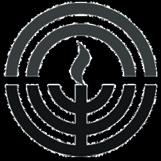

It would be wonderful if even more people decided to volunteer to keep the chavurah vibrant. Send an email to chavuratshalom@gmail.com with your preference.
Purim-Passover appeal, a donation was made to the Joint Distribution Committee in honor of the first Yahrzeit of past Chavurat Shalom president Leonard Minsky.
In order to provide emergency aid to local victims of Hurricane Ian, the committee donated funds to FISH on Sanibel, the Gladiolus Food Pantry and Jewish Federation of Lee and Charlotte Counties in Fort Myers, St. Matthews House in Naples and Ft. Myers, and the regional Harry Chapin Food Bank in Fort Myers.

Chavurat Shalom (Fellowship of Peace), an informal group from every Jewish religious tradition, meets to worship and learn together. People of all faiths and localities are welcome. Chavurat Shalom is not affiliated with any organized movement. The group is community-led. Shabbat services are a blend of English and Hebrew, English readings and poems, Hebrew prayers recited or chanted and meaningful songs. Worship and programs are via Zoom.
The Women's Giving Circle empowers women as funders, decision makers and agents of change. Members contribute $360 and have an equal vote where funds are distributed.


The Women's Giving Circle empowers women as funders, decision makers and agents of change. Members contribute $360 and have an equal vote where funds are distributed.
The Women's Giving Circle empowers women as funders, decision makers and agents of change. Members contribute $360 and have an equal vote where funds are distributed.
A chance to make an impact on the lives of women and children in Israel & Overseas
A chance to make an impact on the lives of women and children in Israel & Overseas
Due to the generosity of its members and participants, Chavurat Shalom’s Tzedakah committee has been able to distribute additional grants to organizations helping victims of Hurricane Ian and the war in Ukraine. After a special
Join us now and lend your voice and thoughts for a Shabbat service, a Tuesday speakers program or a Saturday Jewish current event. It is a refreshing opportunity to participate by emailing chavuratshalom@gmail.com.

a fund of the Jewish Federation and Jewish Family Services, provides for emergency nutritional needs through our Food Pantry, gift card distribution, and crisis grants to prevent utility cut-offs, evictions, loss of transportation and other essential services without which none of us can live.

Decide collectively where funds will be dispersed
A chance to make an impact on the lives of women and children in Israel & Overseas



Decide collectively where funds will be dispersed
Achieve greater impact as a circle
Decide collectively where funds will be dispersed
Achieve greater impact as a circle
Meet new people & enjoy the company of other like-minded women of all ages in our community
Achieve greater impact as a circle
Meet new people & enjoy the company of other like-minded women of all ages in our community
Meet new people & enjoy the company of other like-minded women of all ages in our community



To JOIN & for more information
To JOIN & for more information
Inspired by the recognition that these needs must be addressed in our community, and as a tribute to Marcia Cohen, a long-time resident of Sanibel and social activist. Her husband Jack established the MARCIA CAN HELP fund In 2017.
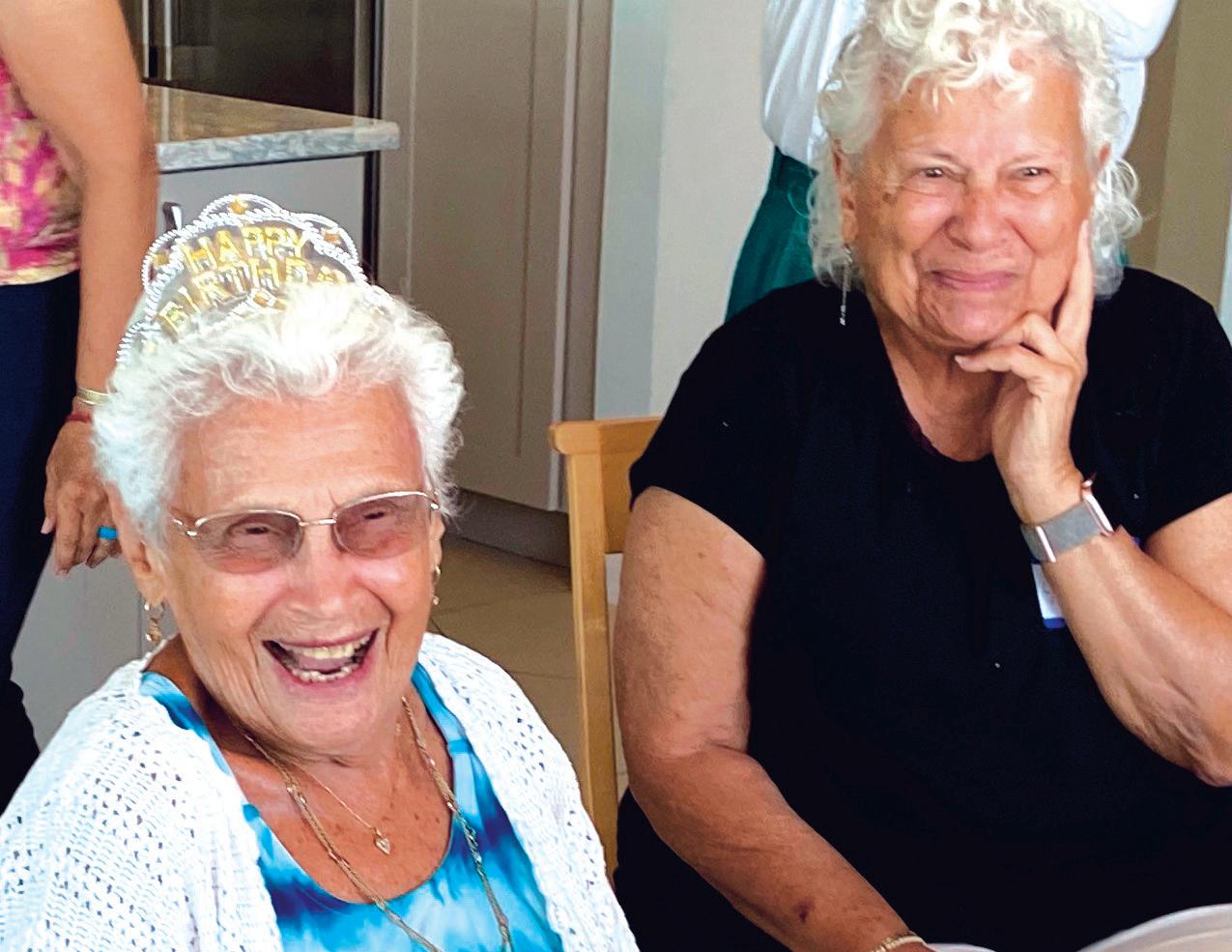
contact Debbie Sanford at 239.481.4449 ext. 6 debbiesanford@jfedlcc.org
To JOIN & for more information
contact Debbie Sanford at 239.481.4449 ext. 6 debbiesanford@jfedlcc.org
contact Debbie Sanford at 239.481.4449 ext. 6 debbiesanford@jfedlcc.org
Help
Friday evening Services at the Jewish Federation of Lee & Charlotte Counties

9701 Commerce Center Court, Forty Myers
Rabbi Stephen L. Fuchs
President: Alan Lessack
Phone: 773-251-8862
Email: batyamsanibel@gmail.com
Cantor: Murray Simon
Web site: www.batyam.org
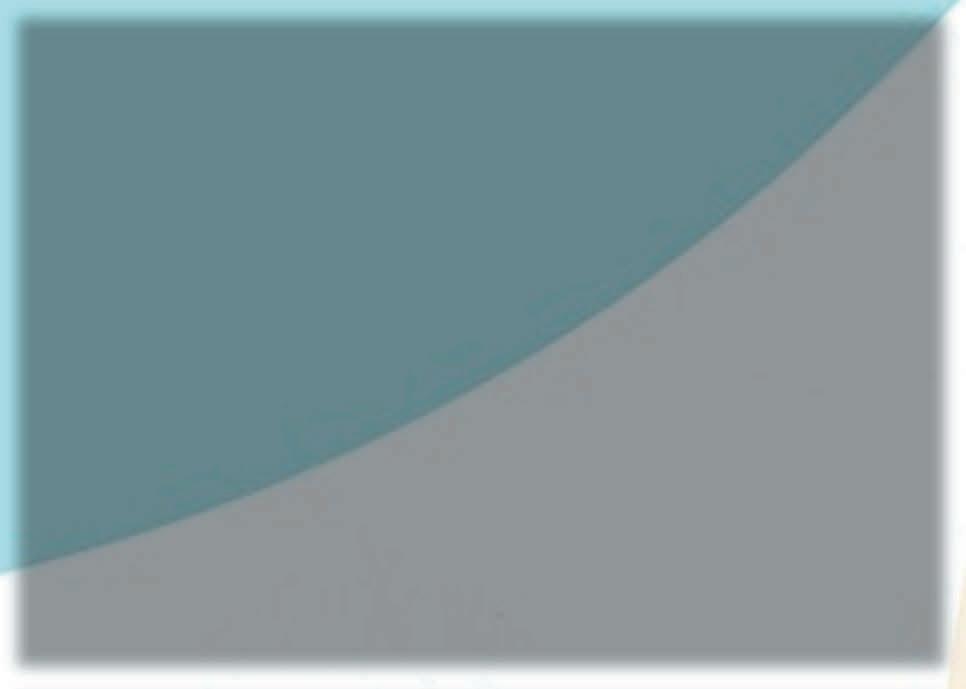
Services: 7:30 p.m. Friday (Oct-Apr)
7:00 p.m. Friday (May-Sept)
Adult Education:
Saturday, 9:00 - 11:30 a.m. (Nov-Apr)
Jewish Current Events: Saturday, 11:30 a.m. to 12:15 p.m. (Nov-Apr)
Write: P.O. Box 84, Sanibel, FL 33957
ORTHODOX
24611 S. Tamiami Trail
Bonita Springs, FL 34135-7024
Rabbi Mendy Greenberg
Phone: 239-949-6900
Web site: www.JewishBonita.com


Services: Saturday at 10:00 a.m. followed by a Kiddush
ORTHODOX
1716 Cape Coral Pkwy. W. Cape Coral, FL 33914
Rabbi Yossi Labkowski
Phone: 239-963-4770
E-mail: info@chabadcape.com
Web site: chabadcape.com
Sunday - Friday 8:00 A.M Shacharit
Friday Evening 5:30 P.M.
Saturday Kabbalah Class 9:00 A.M.
Shabbat Services 9:30 A.M.
Kiddush Luncheon 12:00 P.M.
Hebrew School of the Arts Sunday 10:00 A.M - 12:30 P.M
JLI Classes Monday 7:00 P.M.
Torah Study Tuesday 7:30 P.M.
Women's Weekly Class Wednesday 11:30 A.M.
ORTHODOX
204 E Mckenzie St Unit B, Punta Gorda, FL 33950
Rabbi Simon Jacobson
Phone: 941-833-3381
E-mail: chabadpg@yahoo.com
Web site: www.chabadofcharlottecounty.com
Services: Saturday at 10:00 a.m. followed by a kiddush
Torah study: Wednesday at 8:00 p.m.
CHABAD LUBAVITCH OF SOUTHWEST FLORIDA
ORTHODOX
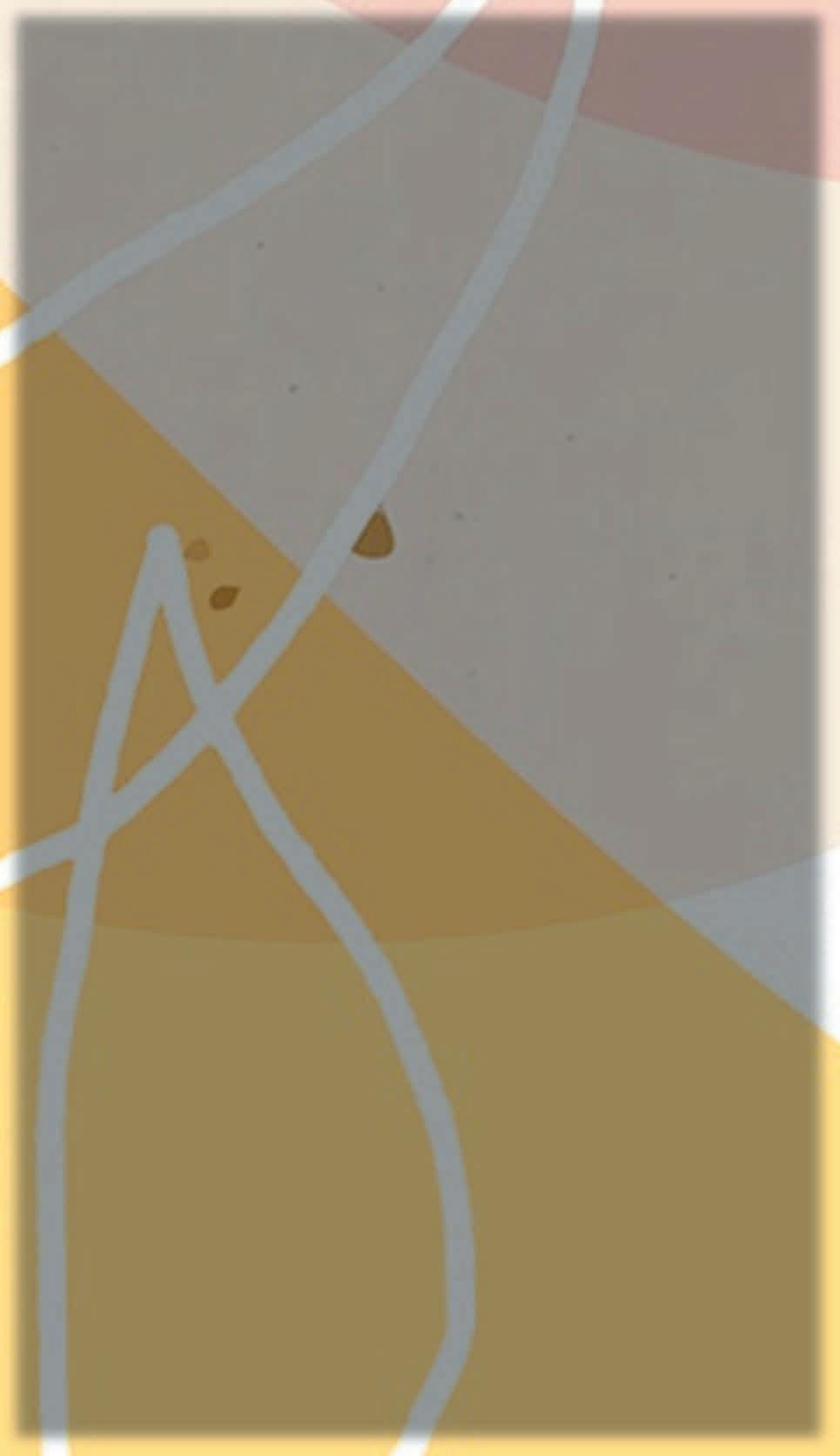
5620 Winkler Road
Fort Myers, FL 33919
Rabbi Yitzchok Minkowicz
Phone: 239-433-7708 • Fax: 481-9109
E-mail: rabbi@chabadswf.org
Web site: www.chabadswf.org
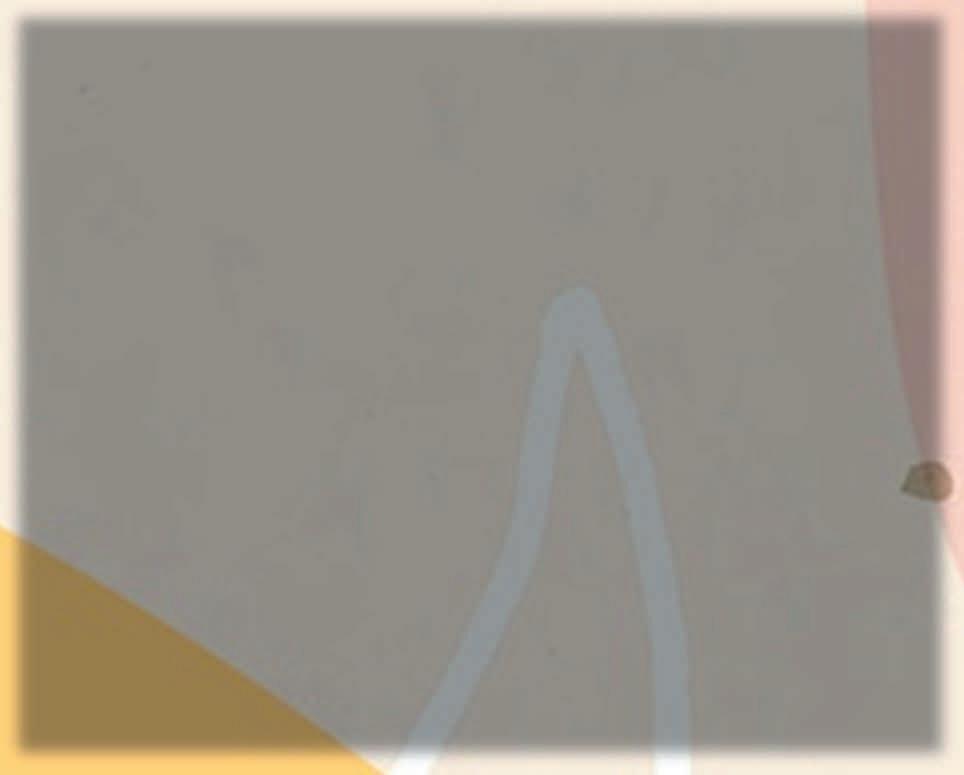
Services: Friday 5:15 p.m.;
Saturday Kabbalah
class 9:00 a.m.; Shacharit 10:00 a.m.; Kiddush at noon
Minyan: Monday & Thursday 7:00 a.m.
CHAVURAT SHALOM OF SWFL
CHAVURA
20031 Sanibel View Circle unit 202
www.JewishFederationLCC.org
COMMUNITY FREE SYNAGOGUE
CONTEMPORARY TRADITIONAL
11120 Ranchette Road
Fort Myers, FL 33966
Rabbi Bruce Diamond
Phone: 239-247-4556
E-mail: synfree@comcast.net
Web site: www.fortmyerssynagogue.com
Free Friday dinner each week at 6:30 PM open to all followed by worship at 7:30 PM Weekly Torah Study, Sabbath worship and Adult Education visit www.fortmyerssynagogue.com for the schedule of events and Zoom logon Information.
All events are free and open to all
SHALOM LIFE CENTER

TRANS DENOMINATIONAL
19691 Cypress View Drive
Fort Myers, FL 339067
Rabbi Lawrence Dermer
Phone: 239-218-3433
E-mail: info@shalomlifecenter.org
Web site: www.shalomlifecenter.org
Shabbat Evening Services
7:30 p.m. (Oct-Apr)

7:00 p.m. (May-Sept)
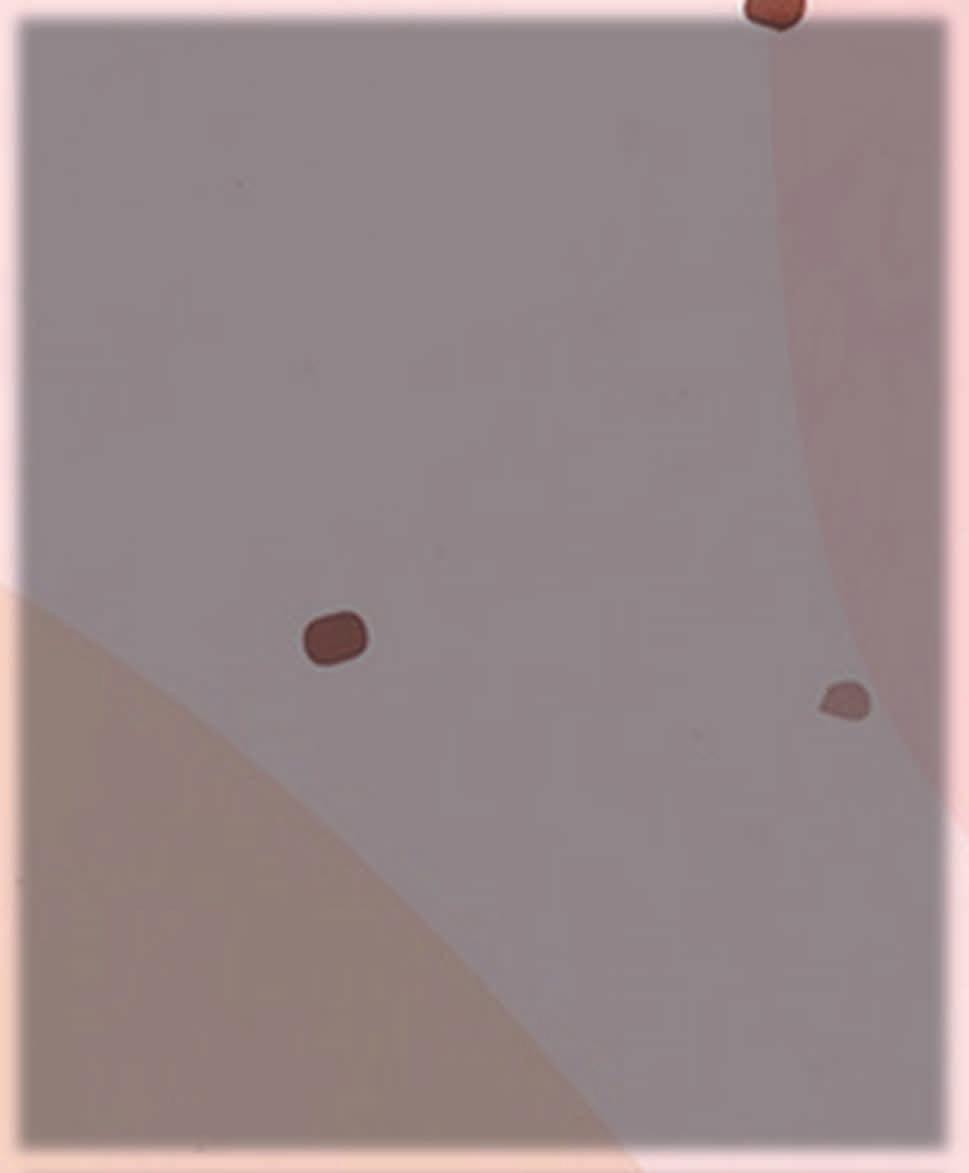

Saturday Torah & Kabbalah Study 10:00 a.m.
16225 Winkler Road, Fort Myers, FL 33908
Rabbi Nicole Luna
E-mail:rabbiluna@templebethel.com
Learning Tree Preschool Director: Amy Amon
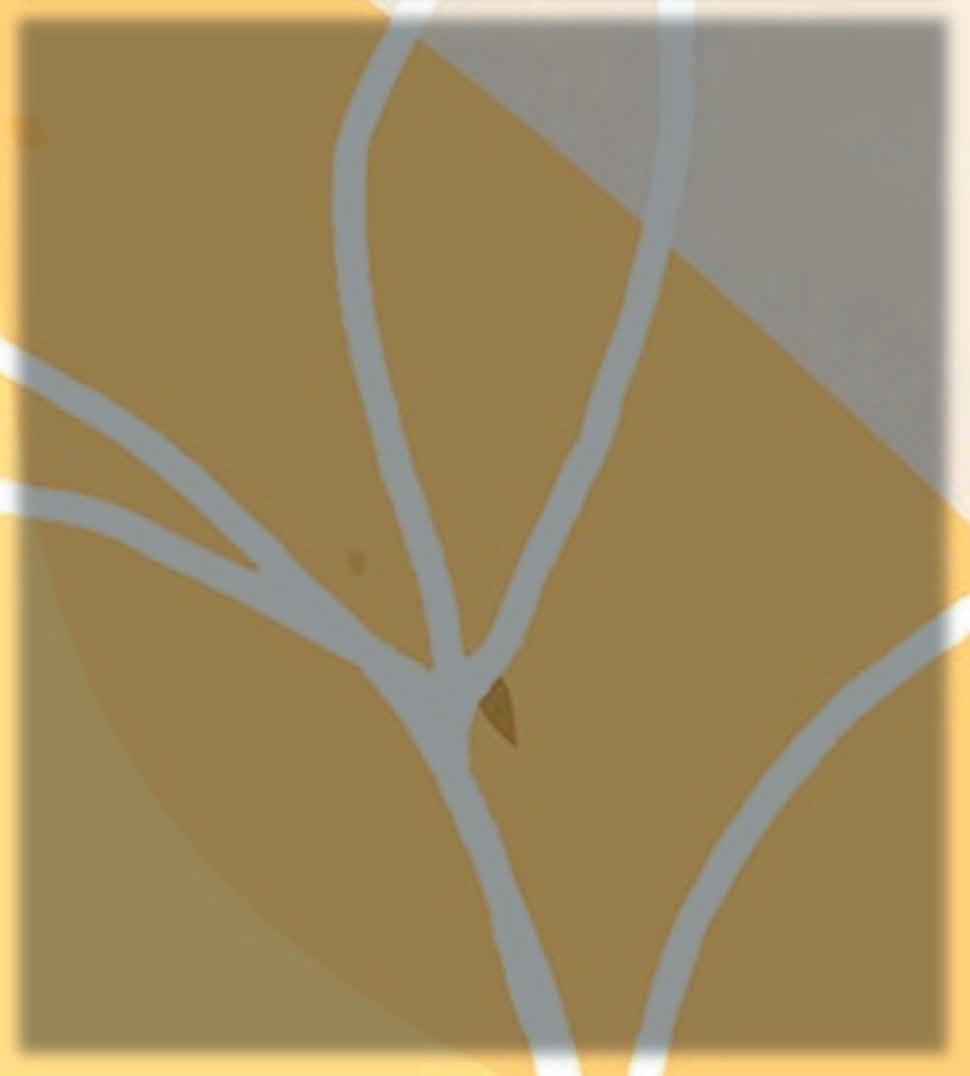
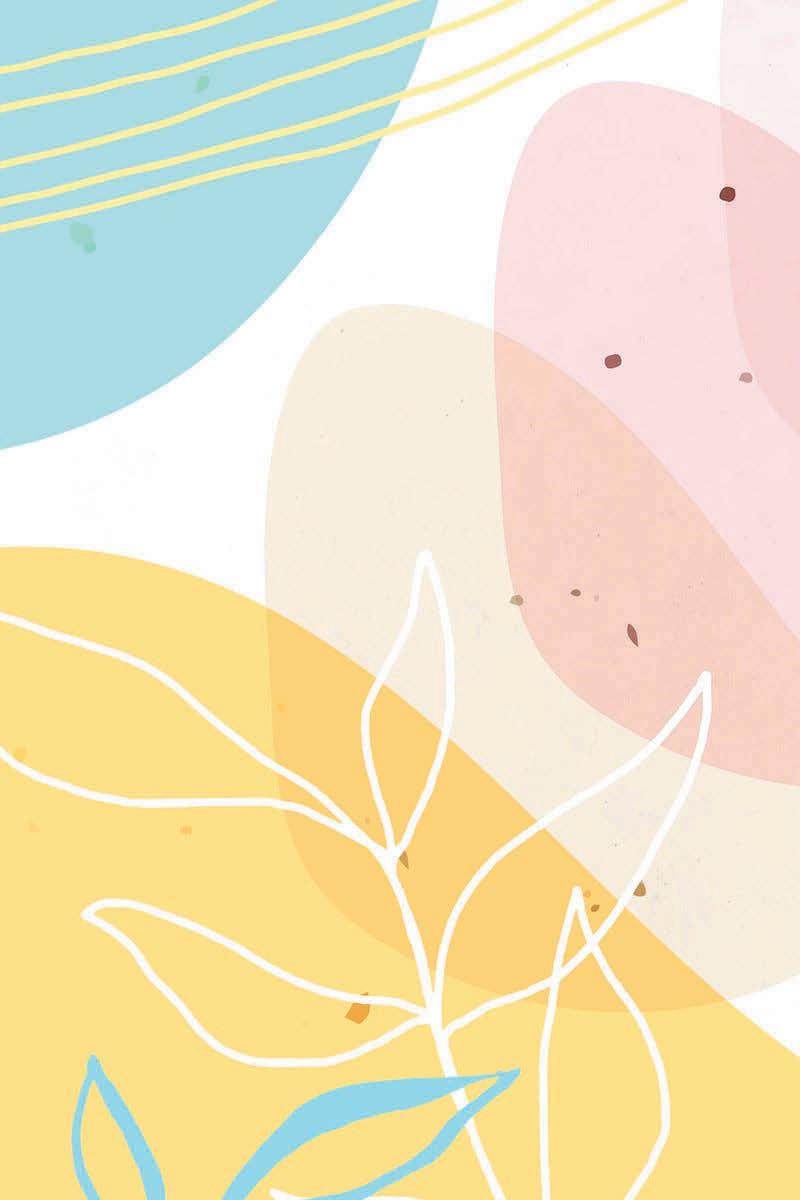
Email: learningtreefortmyers@gmail.com
President: Reina Schlager
Email: tbeboard@templebethel.com
Phone: 239-433-0018 • Fax: 239-433-3235
Office Manager: Karen Kagan
Email: manager@templebethel.com
Web site: templebethel.com
Shabbat services: 7:30 p.m. Friday
Torah study 9:00 a.m. Saturday
Religious & Hebrew School: 9:30 a.m.- Noon Sunday
Judaica Gift Gallery
Affiliated: Union for Reform Judaism;

TEMPLE BETH SHALOM
REFORM
702 S.E. 24th Ave., Cape Coral, FL 33990
President: Peter Simenauer
Phone: 239-772-4555 • Fax: 239-772-4625
Email: templebethshalomcommunications @gmail.com
Web site: www.templebethshalomcc.org
Services: 7:30 p.m. Friday
Enrichment night every Wednesday at 7:00 p.m. via Zoom Shabbat 10:30 a.m.
Fort Myers, FL 33908
Chavuratshalom@gmail.com
www.chavuratshalomofsouthwestflorida.org
Cheryl Fulmer, President
Shabbat services - 7:30 p.m. Friday
Jewish current events - Saturday morning
Speakers series - Tuesday evening
CONSERVATIVE
14486 A&W Bulb Road
Fort Myers, FL 33908
Rabbi Marc Sack
E-mail: rabbi@tjswfl.org
President: Dan Fox
Director of Congregational Learning:
Tab Scribner
Preschool Director: Suki Kelly
templejudeapreschool@gmail.com
Phone: 239-433-0201 • Fax: 239-433-3371
E-mail: tjswfl@gmail.com
Web site: www.tjswfl.org
Services: 6:15 p.m. Friday and 9:30 a.m.
Saturday Minyan: 9:00 a.m. Monday
Religious School: Sun. 9:30 a.m. - noon; Wed. 4:30 - 6:00 p.m.
Early childhood education: Preschool, M-F, ages 18 months-5 years;
“Mommy & Me,” 12 months-2 years
Affiliated: United Synagogue of Conservative Judaism

TEMPLE SHALOM CHARLOTTE HARBOR AND THE GULF ISLANDS REFORM
23190 Utica Ave., P.O. Box 494675
Port Charlotte, FL 33949-4675

Rabbi Solomon Agin
President: Judith Migdol
Phone: 941-625-2116
E-mail: shalom06@netzero.com
Web site: templeshalomfl.com
Beginning Hebrew:
Tuesday 4:15 - 5:15 p.m.
Advanced Hebrew: Thursday 4:15 - 5:15 p.m.
Organizations: Sisterhood
Affiliated: Union for Reform Judaism
COMMUNITY ORGANIZATIONS
• AIPAC
(American Israel Public Affairs Committee): Jacki Waksman - 954-653-9053
• AJC (American Jewish Committee): Brian Lipton - 941-365-4955
• Anti-Defamation League: 561-988-2900
• B’Nai B’rith International: 941-302-4500
• Chabad Jewish Student Life at FGCU Rabbi Mendel Gordon - 347-452-0489 mendelgordon@gmail.com
• Chevra Kadisha: Gene Sipe - 239-841-4615
• Generations of the Shoah SWFL: 263-9200
• Hadassah - Collier/Lee Chapter: Joyce Toub - 518-330-1559
• Hadassah-Sharon Chapter (Charlotte County): Odette Port - 941-505-1409
• Hazak 55+ Chapter: Joyce Rosinger - 239-437-1566
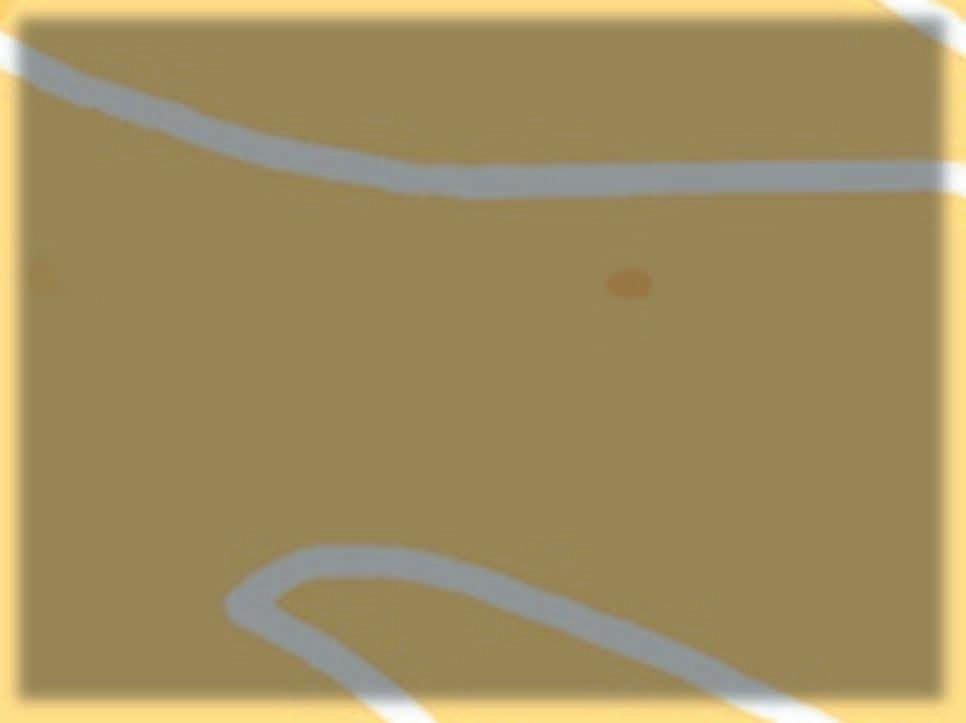
• Israel Bonds: Regional Headquarters: 800-622-8017
• Jewish Community Services: 239-481-4449
• Jewish National Fund: Joshua Mellits, Director, Western Florida 941-462-1330 ext. 865 Memorial Tree Planting in Israel 1-800-542-8733
• Jewish War Veterans: Post 400: Commander Harvey Charter - 239-246-3151
• Mikvah Bashka of Southwest Florida: Nechamie Minkowicz - 239-822-2784



